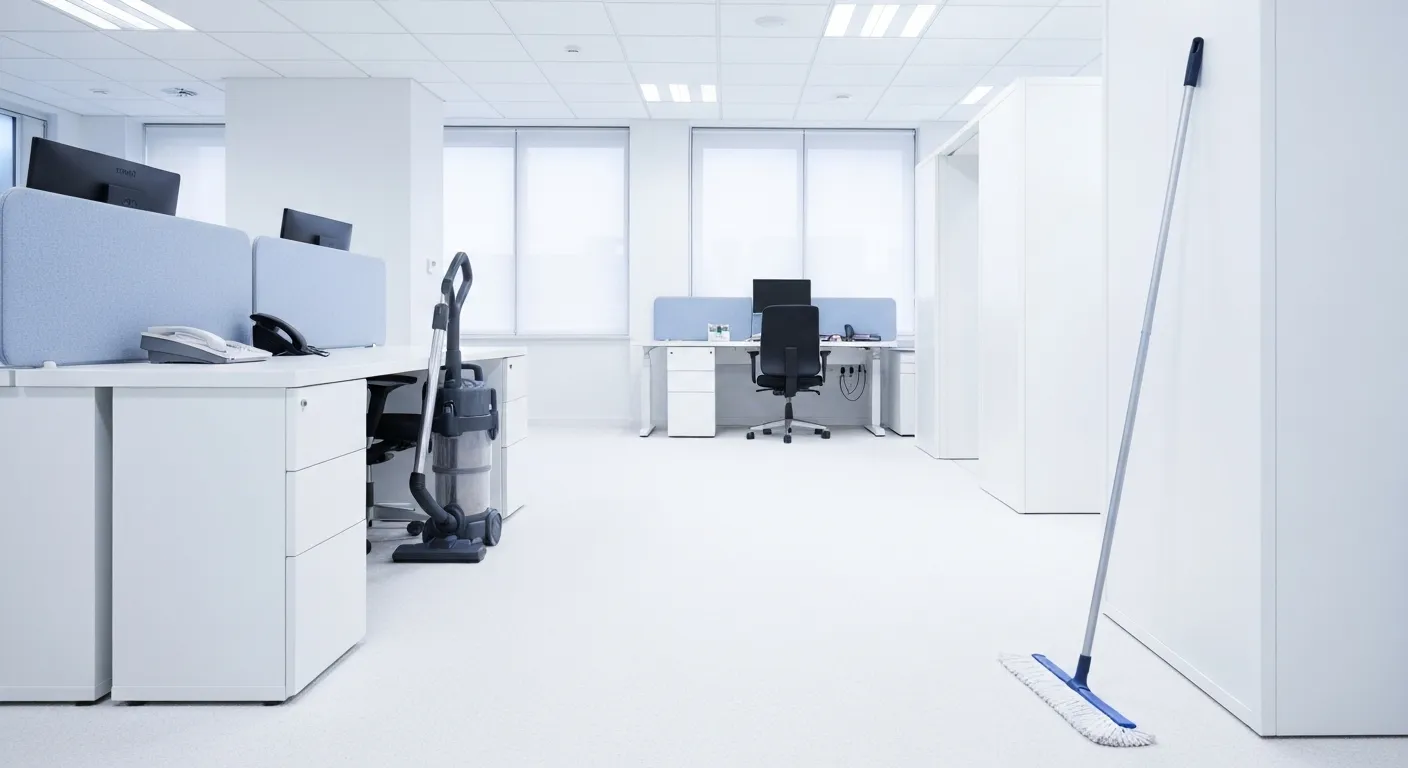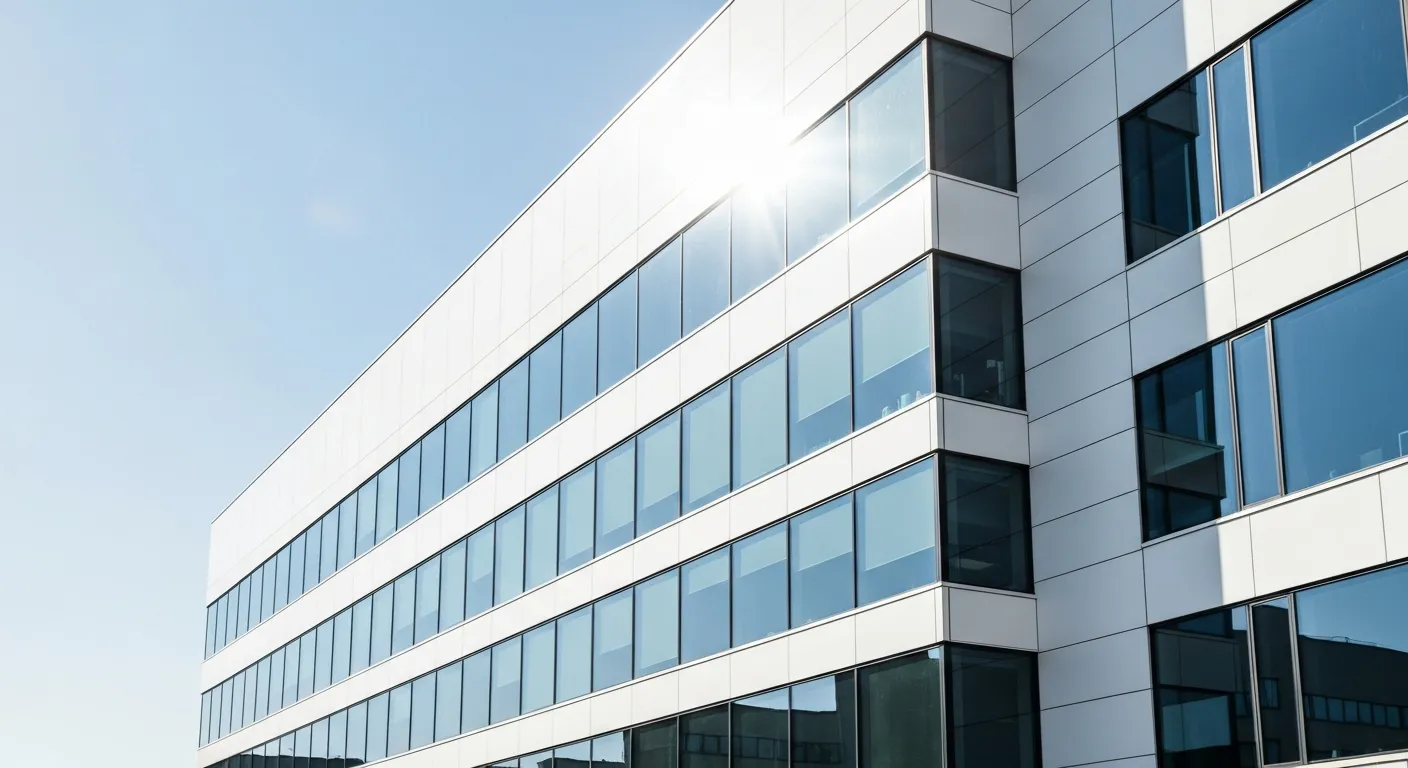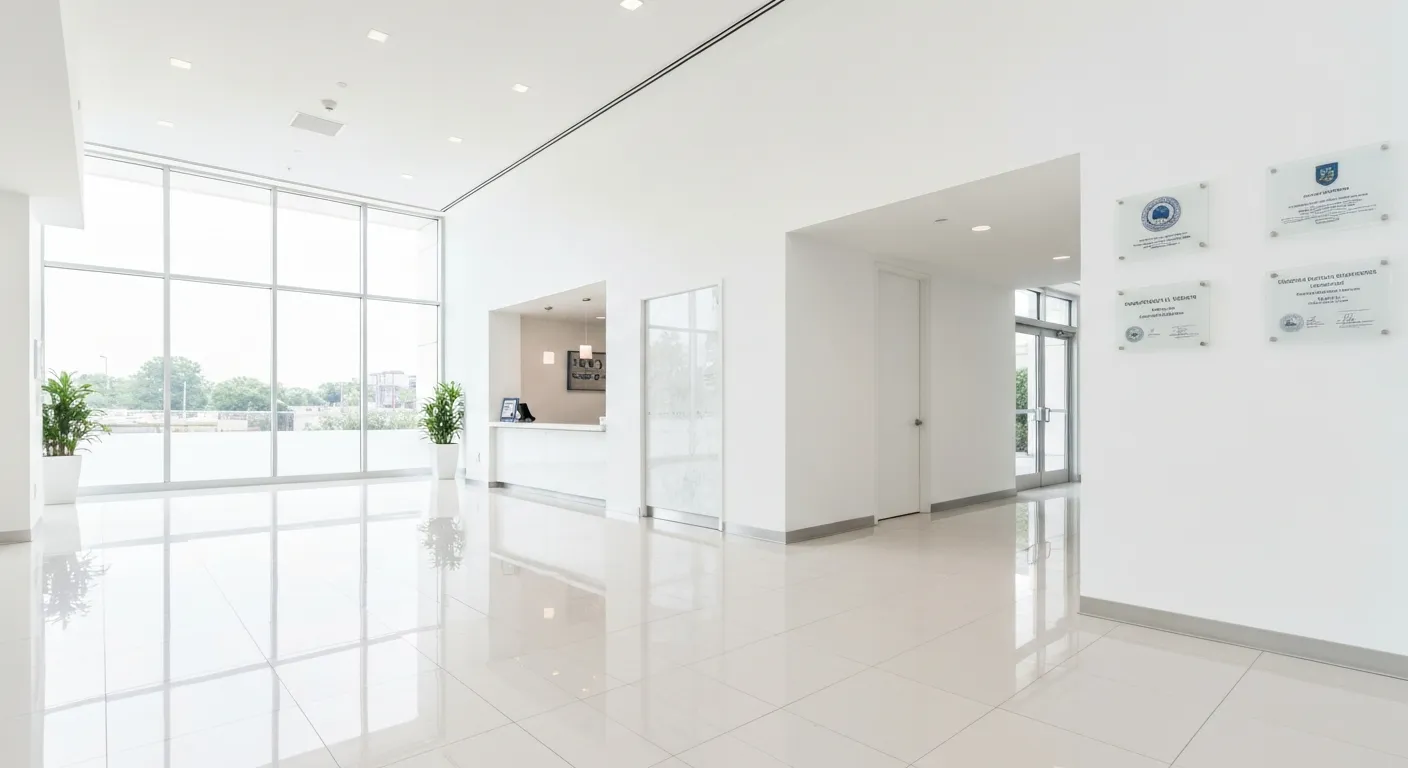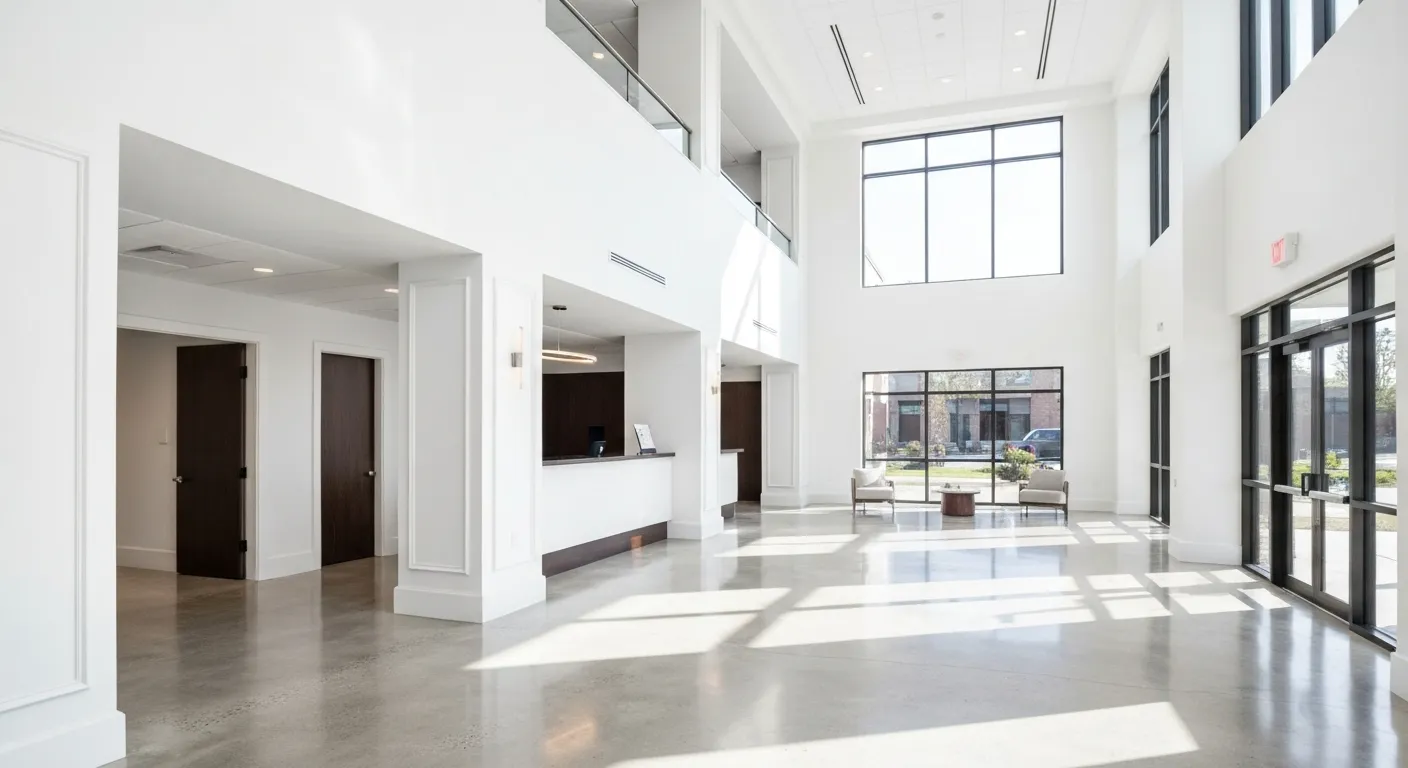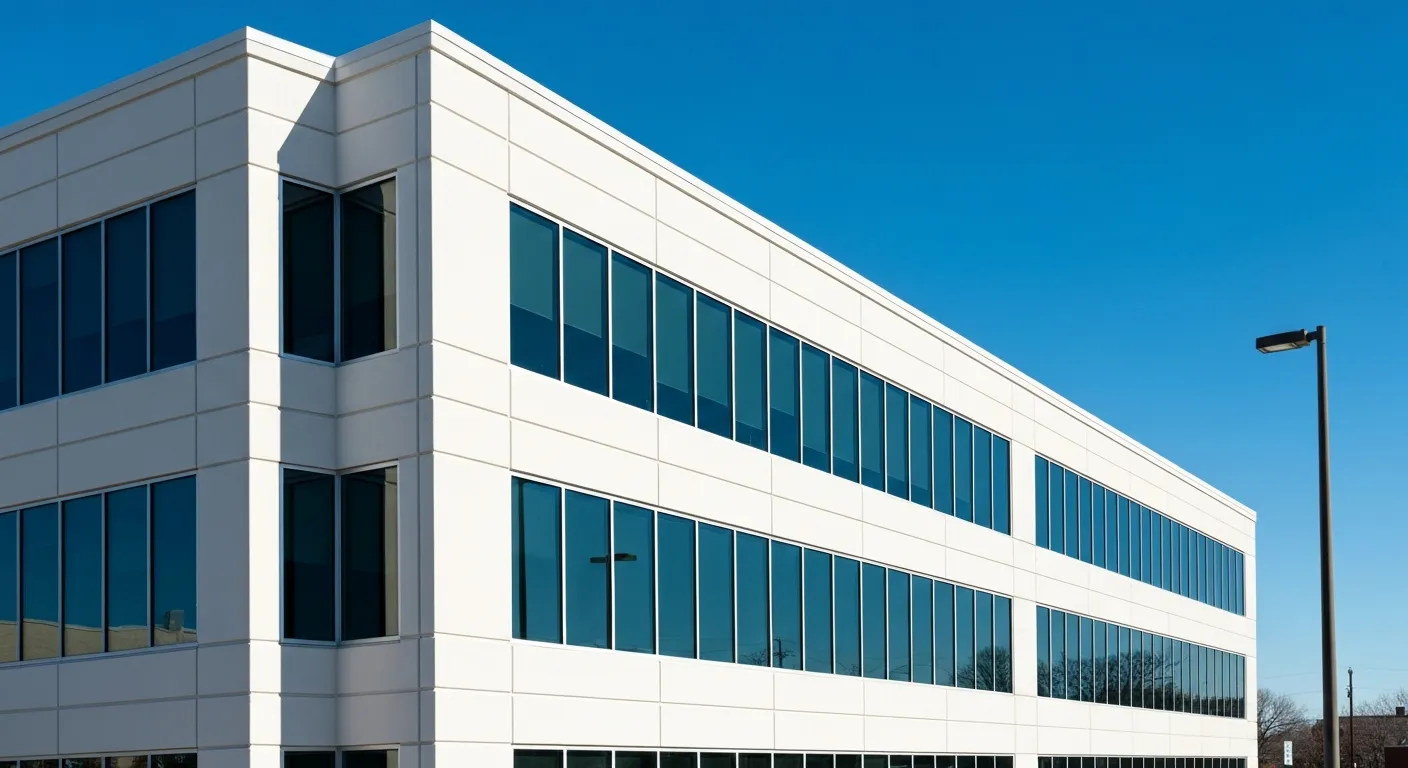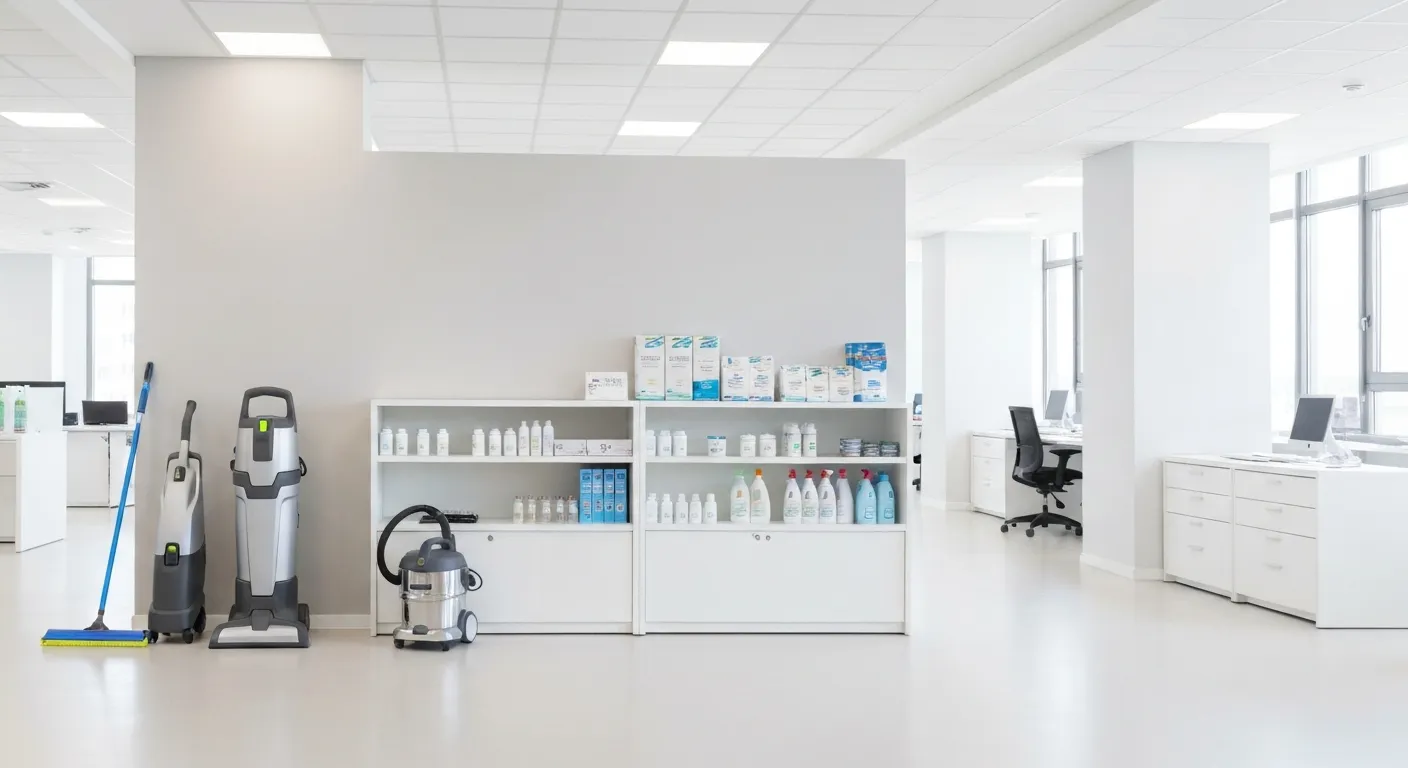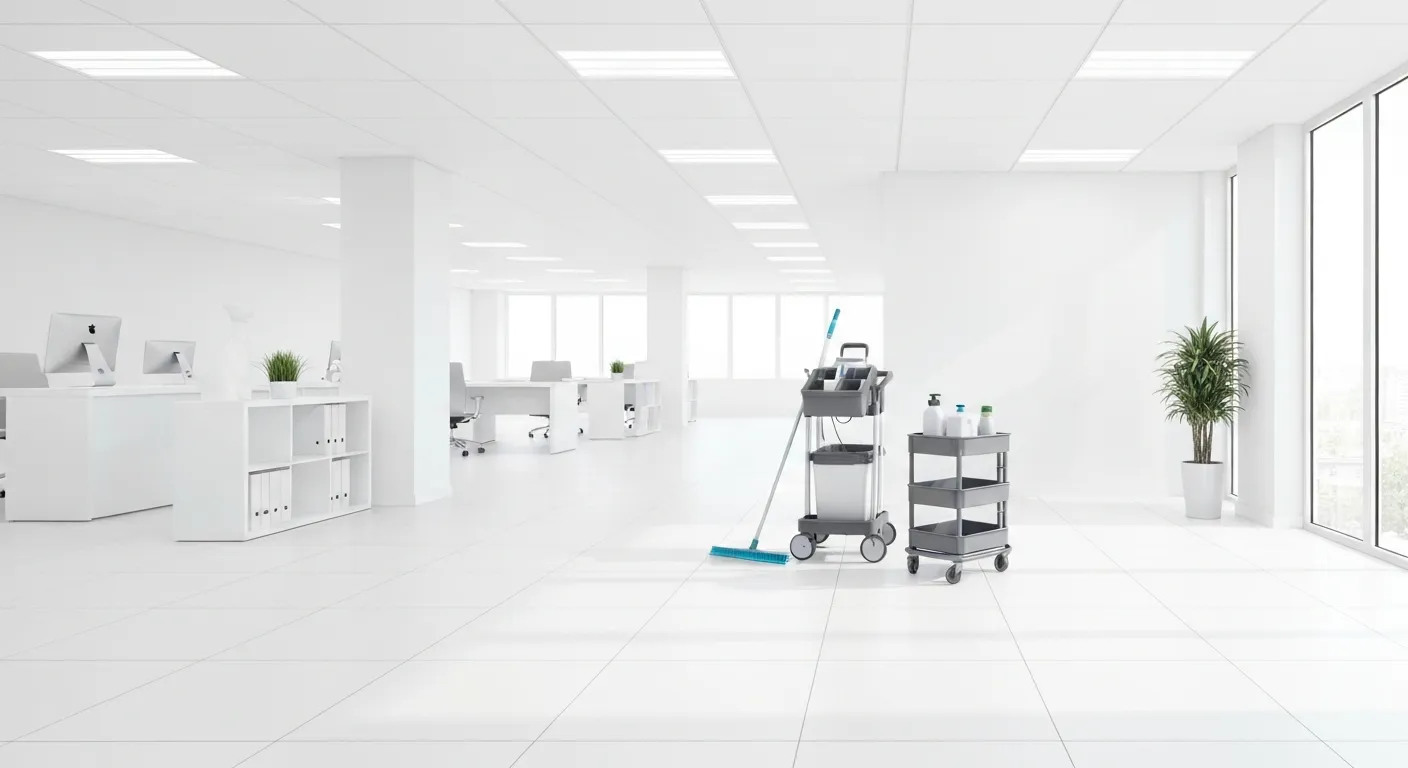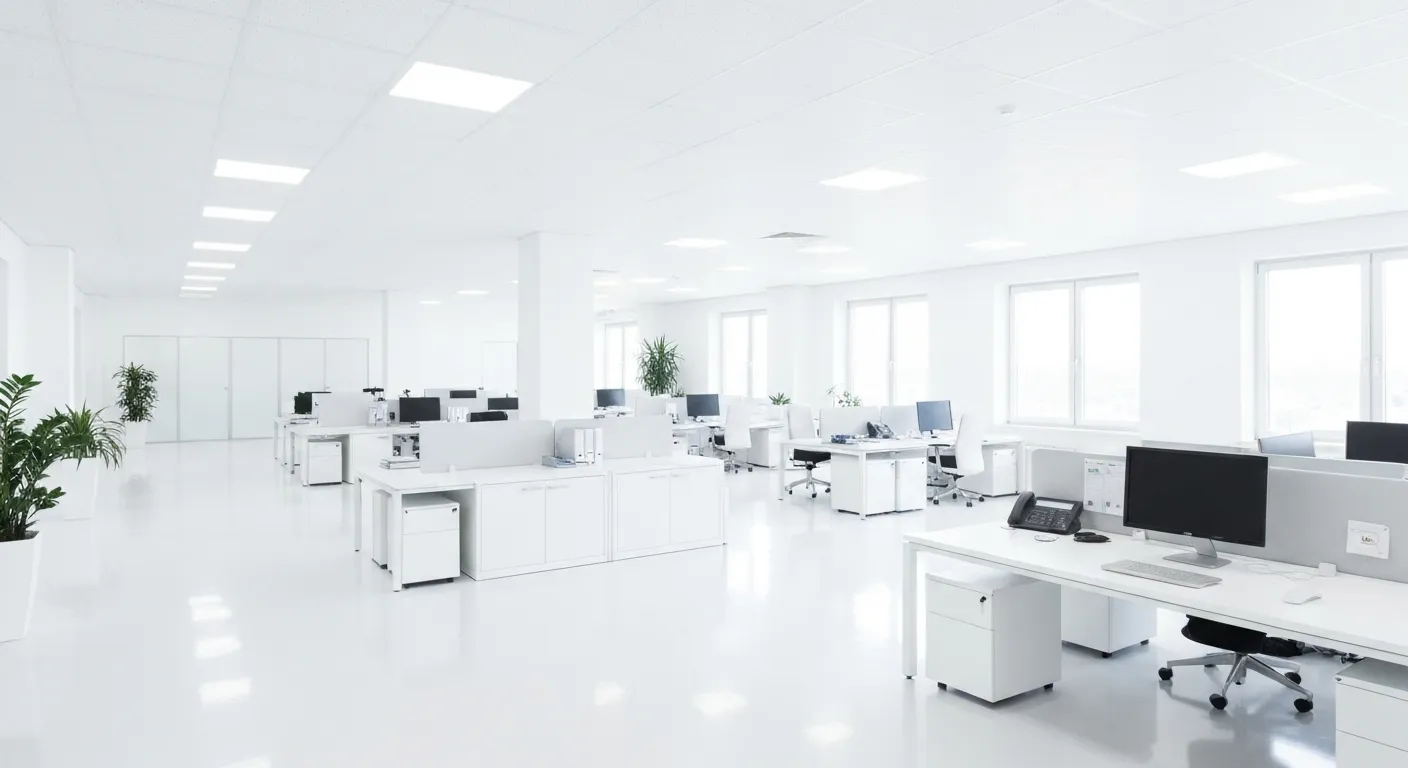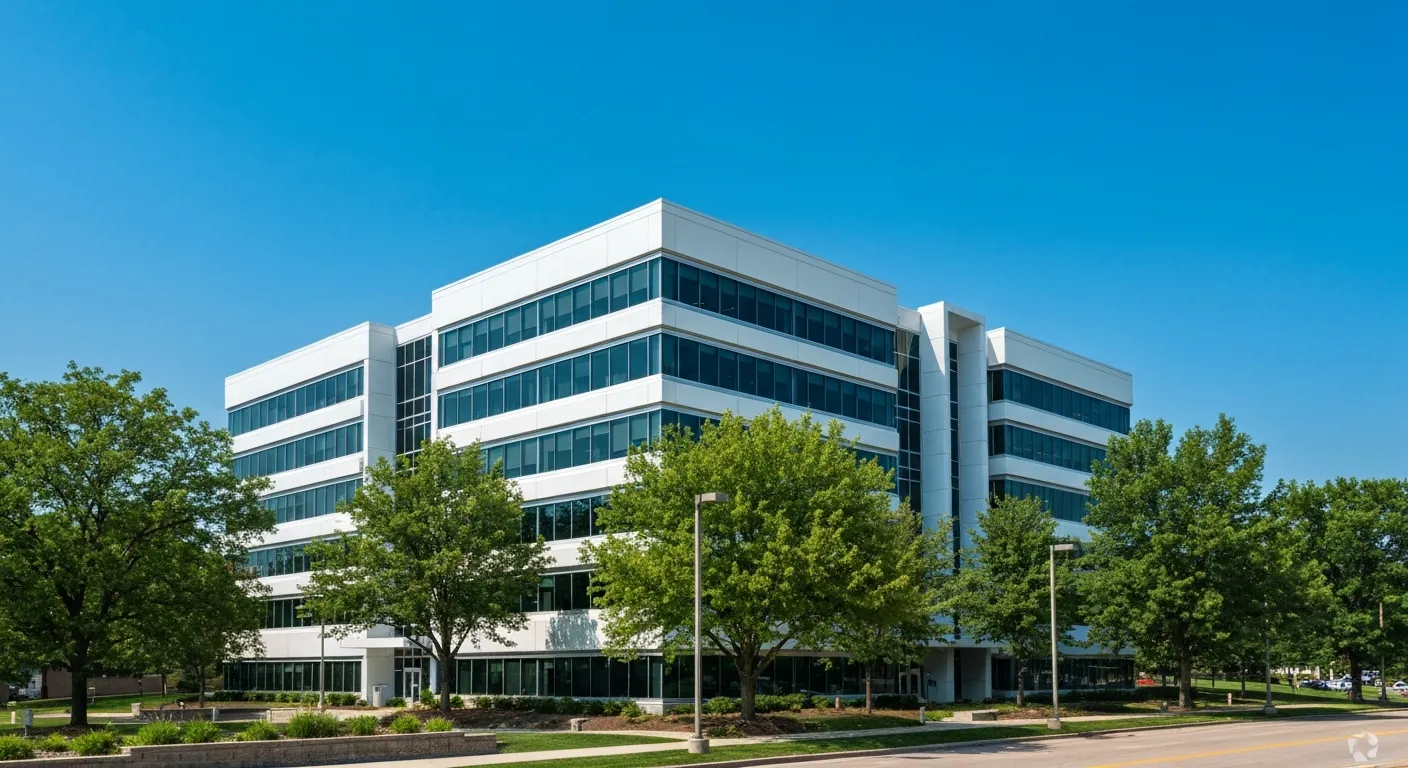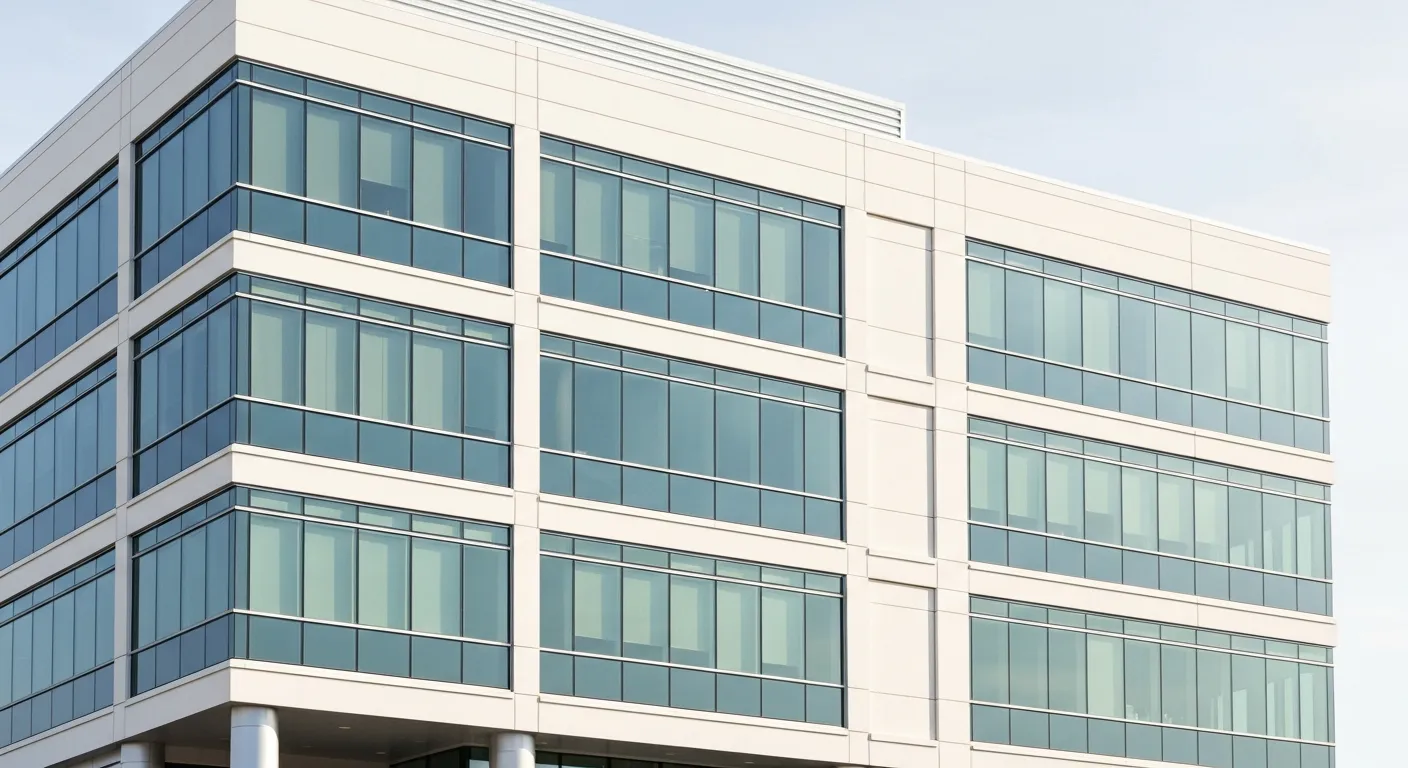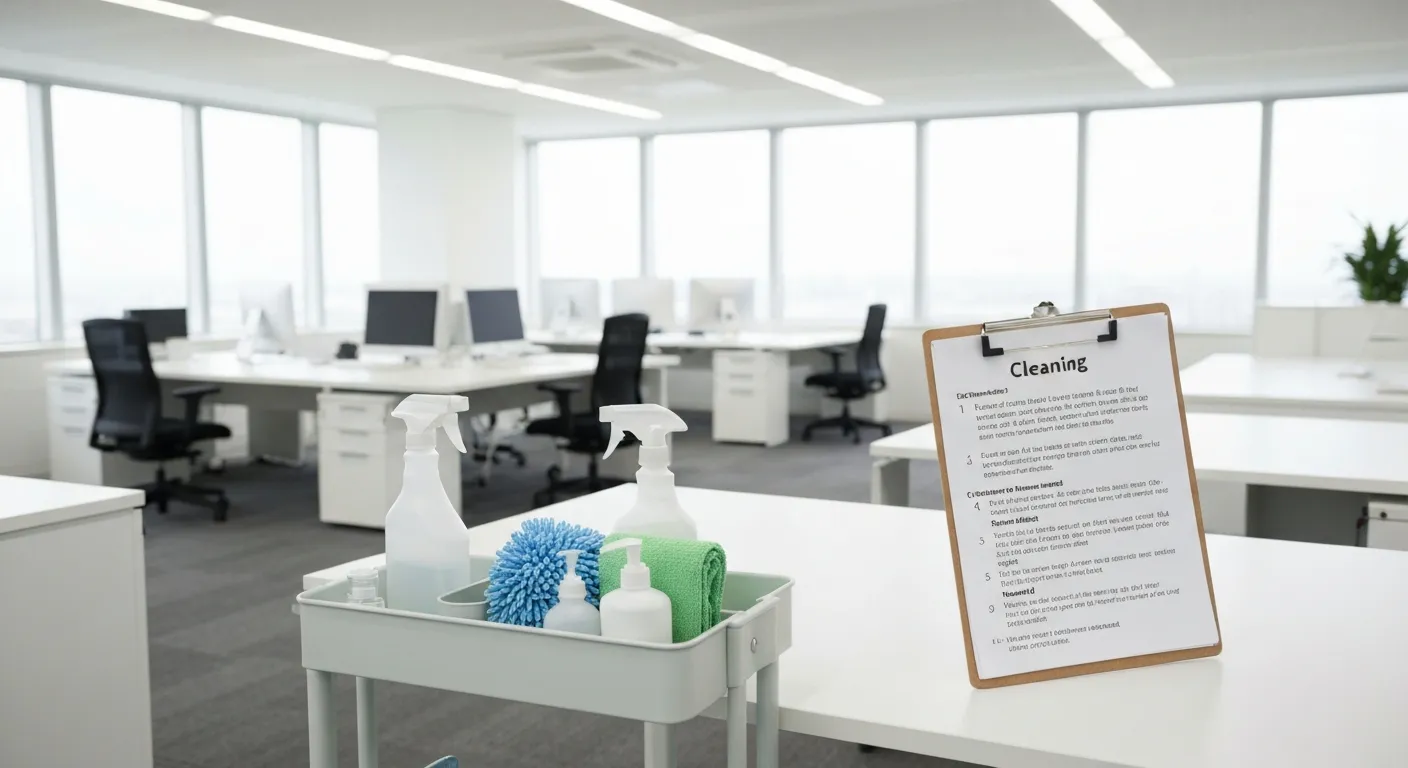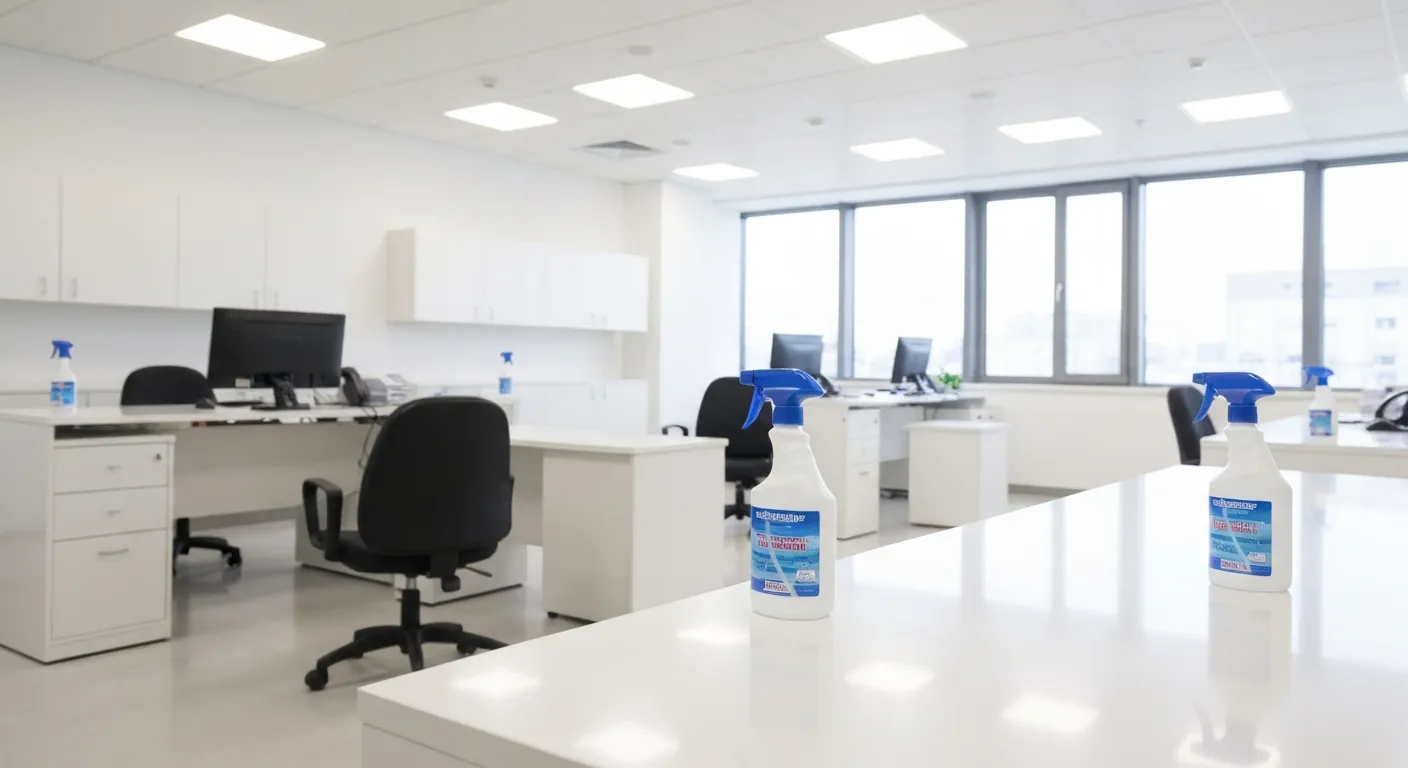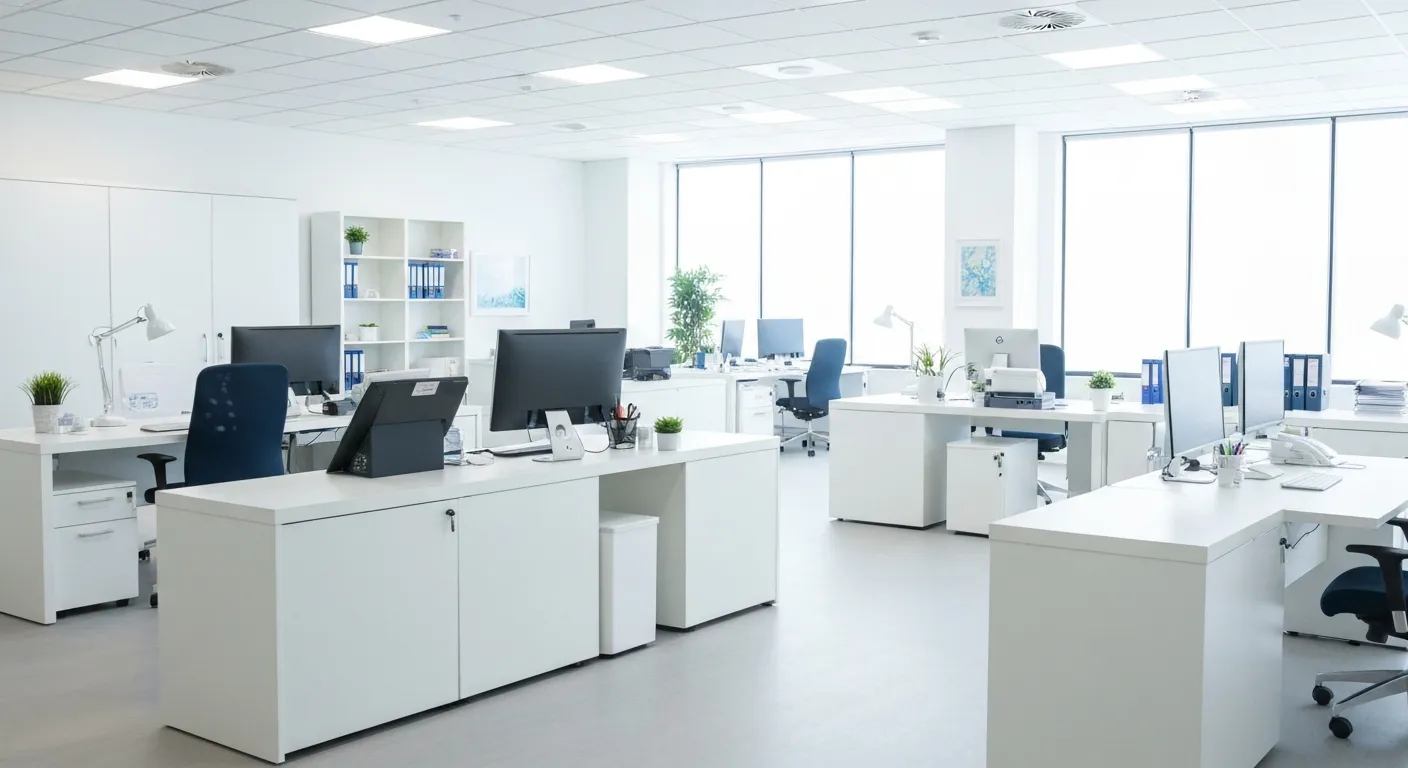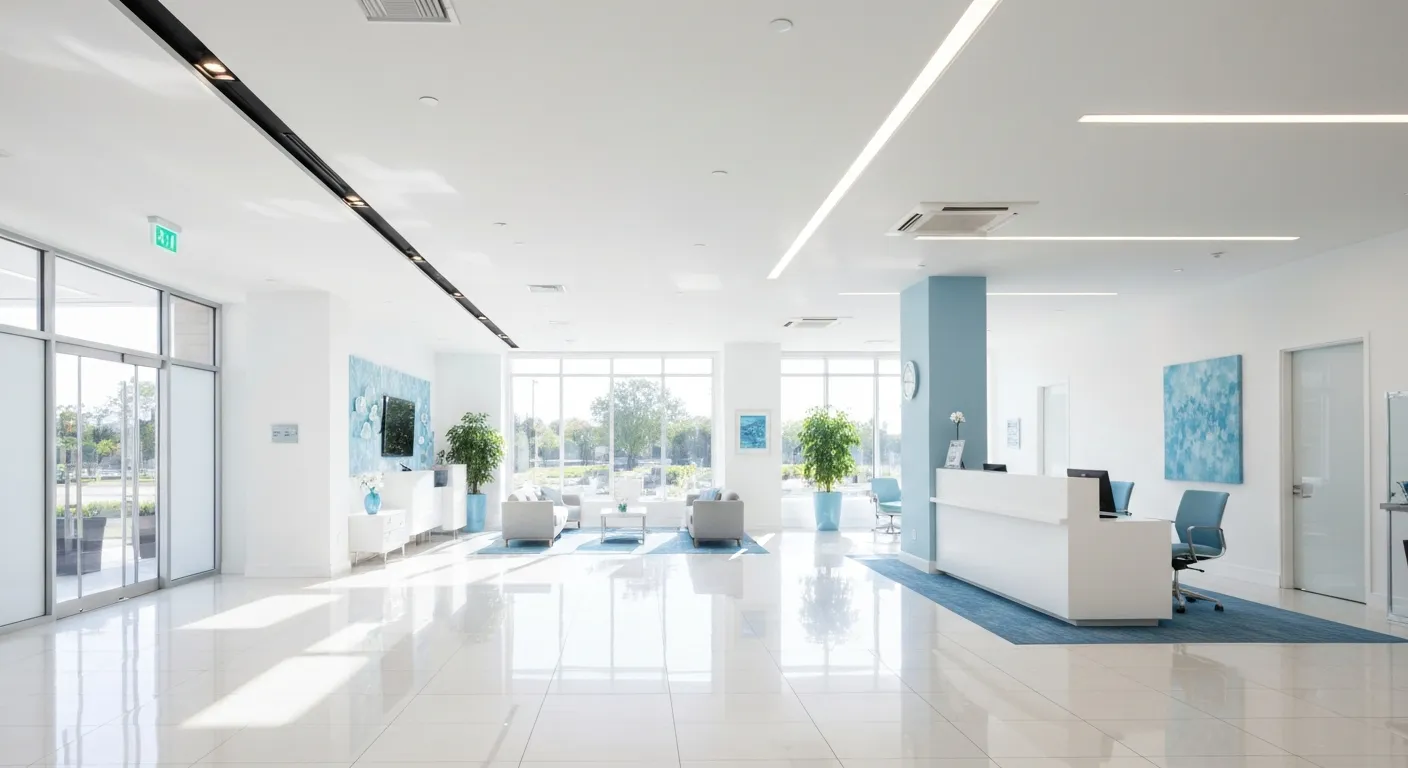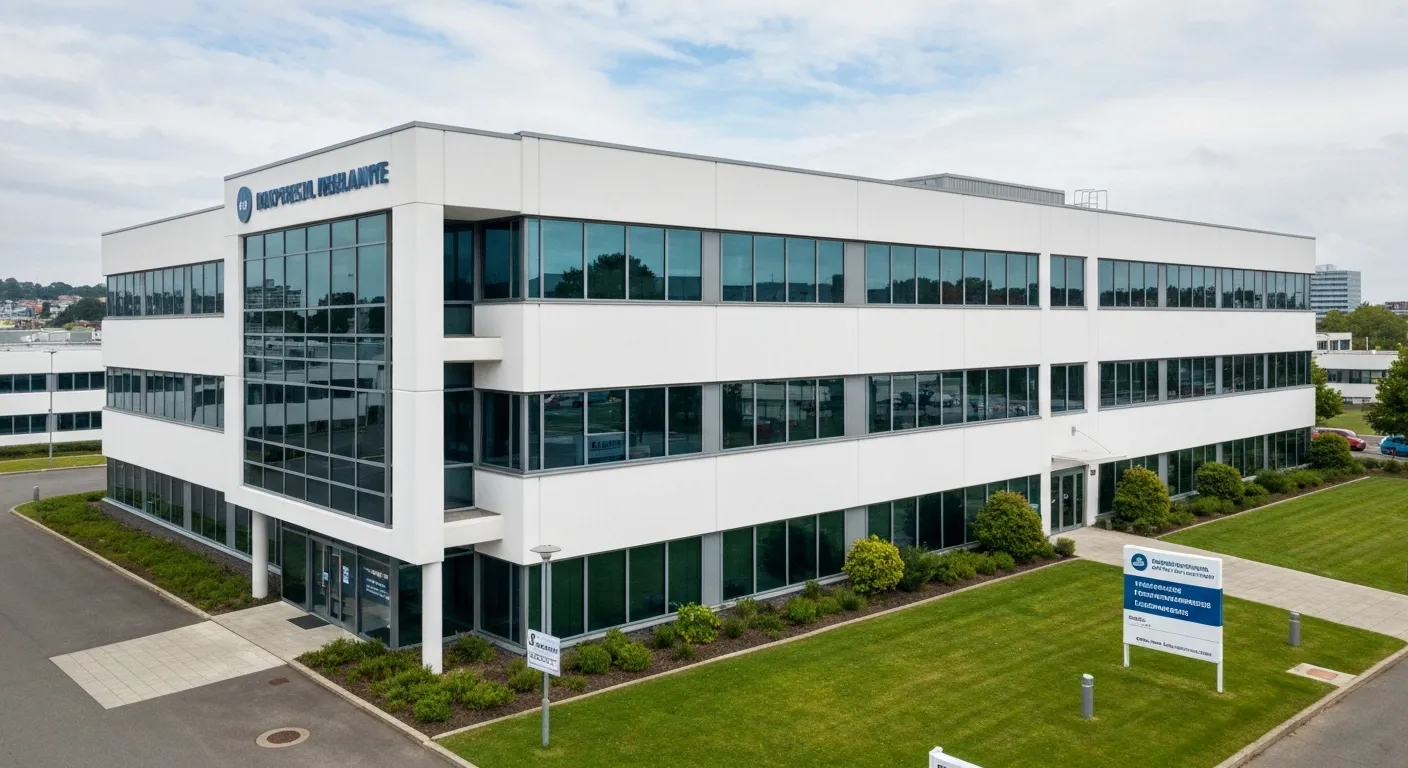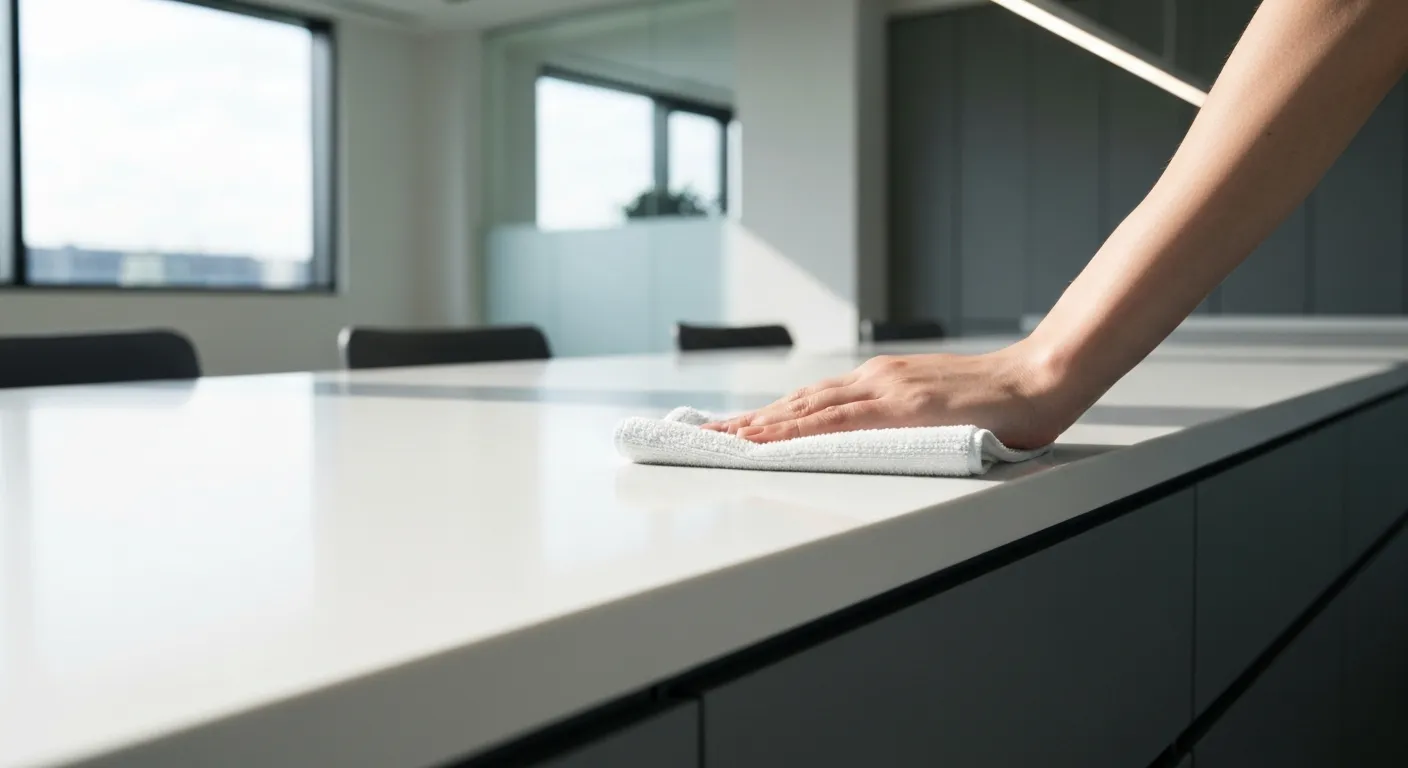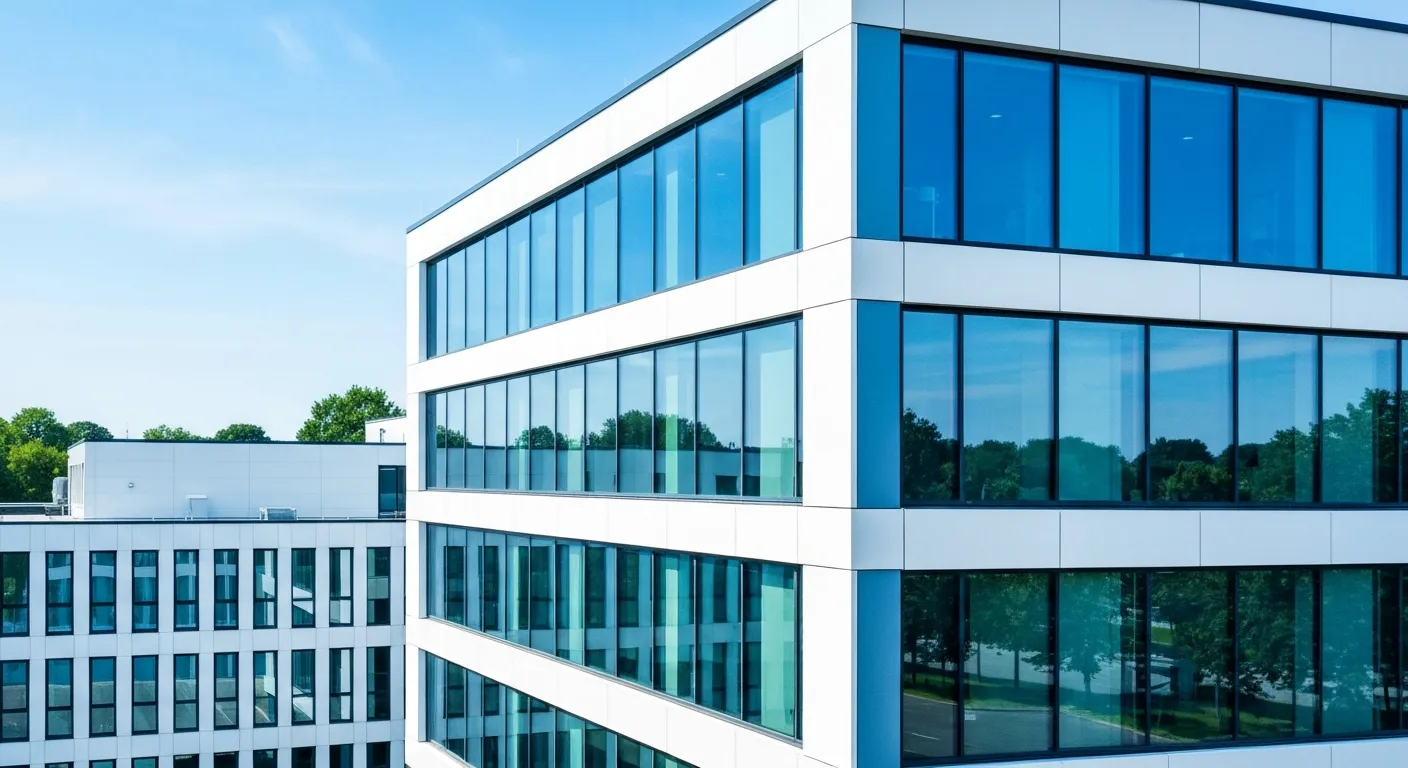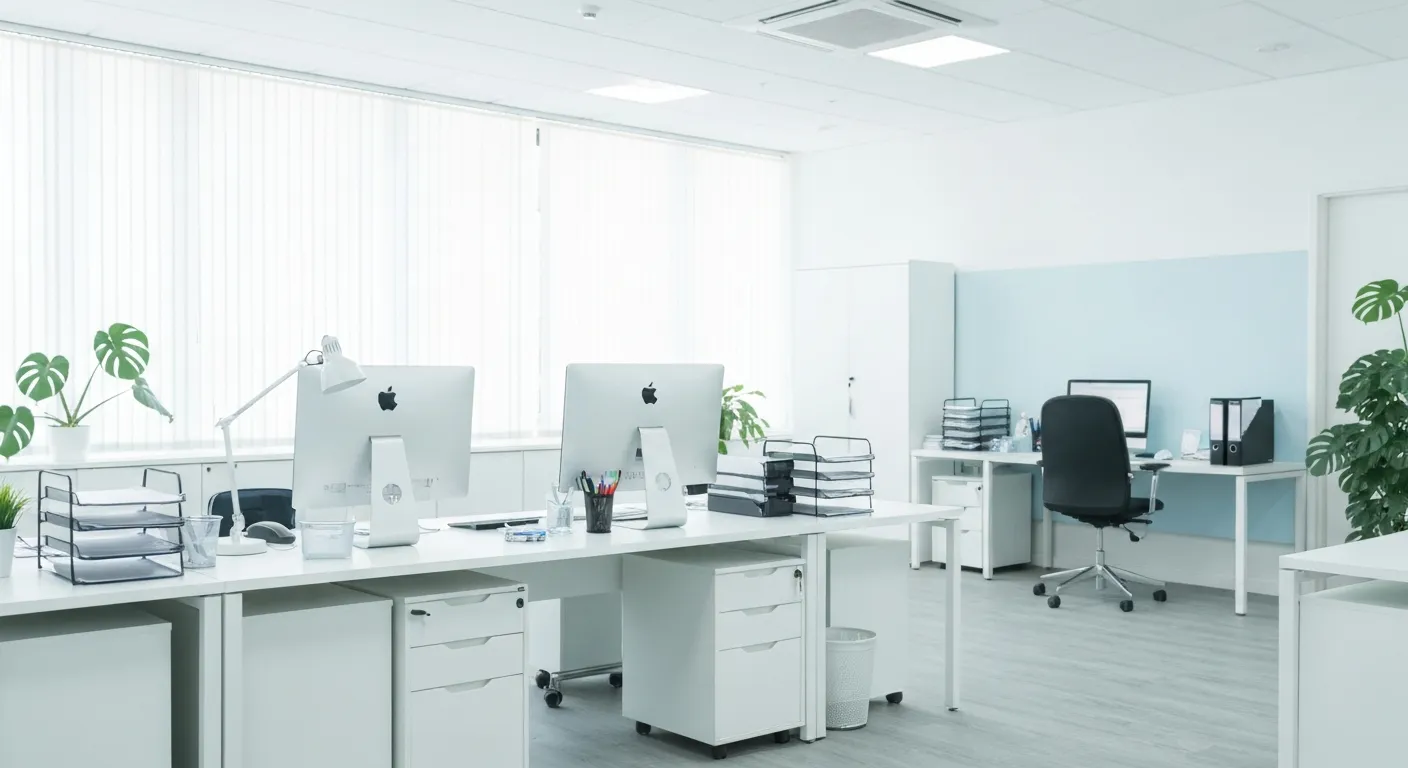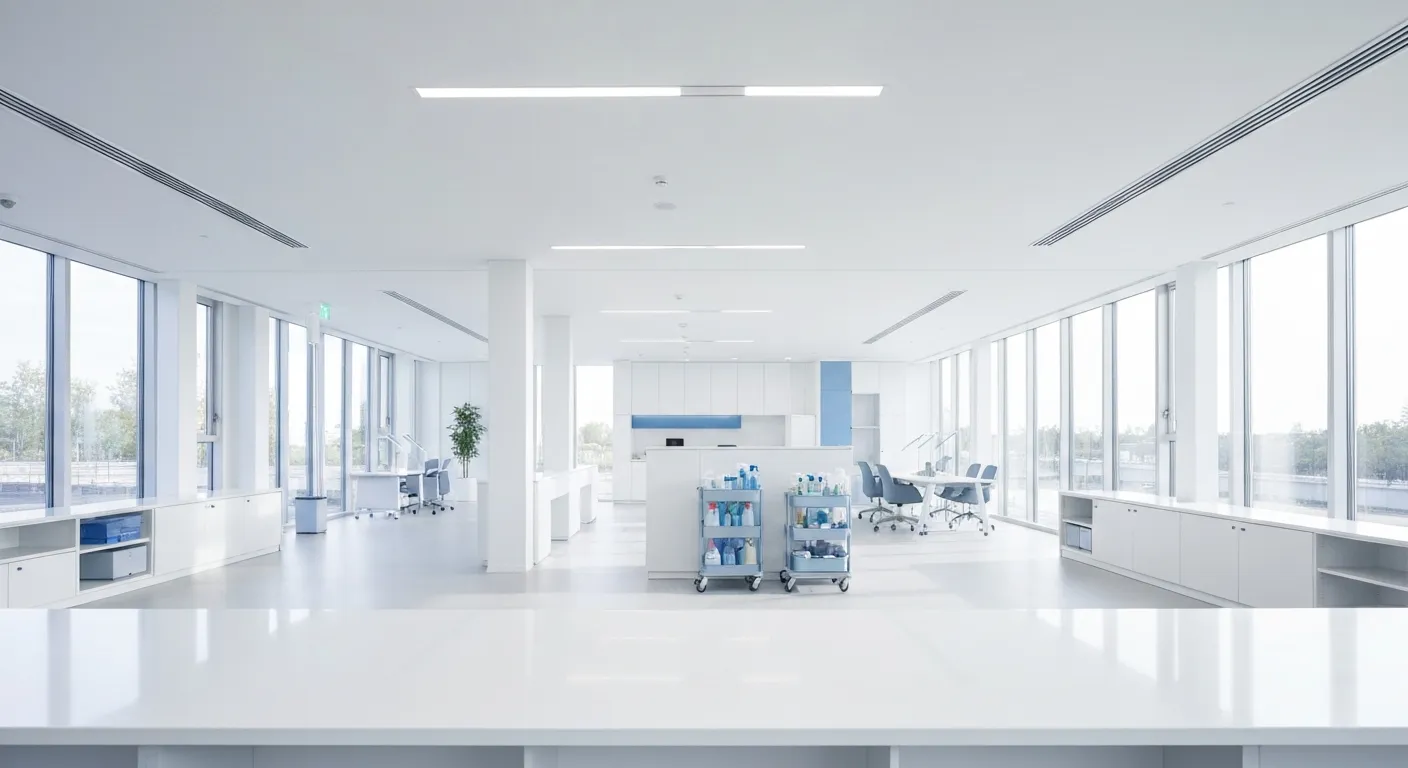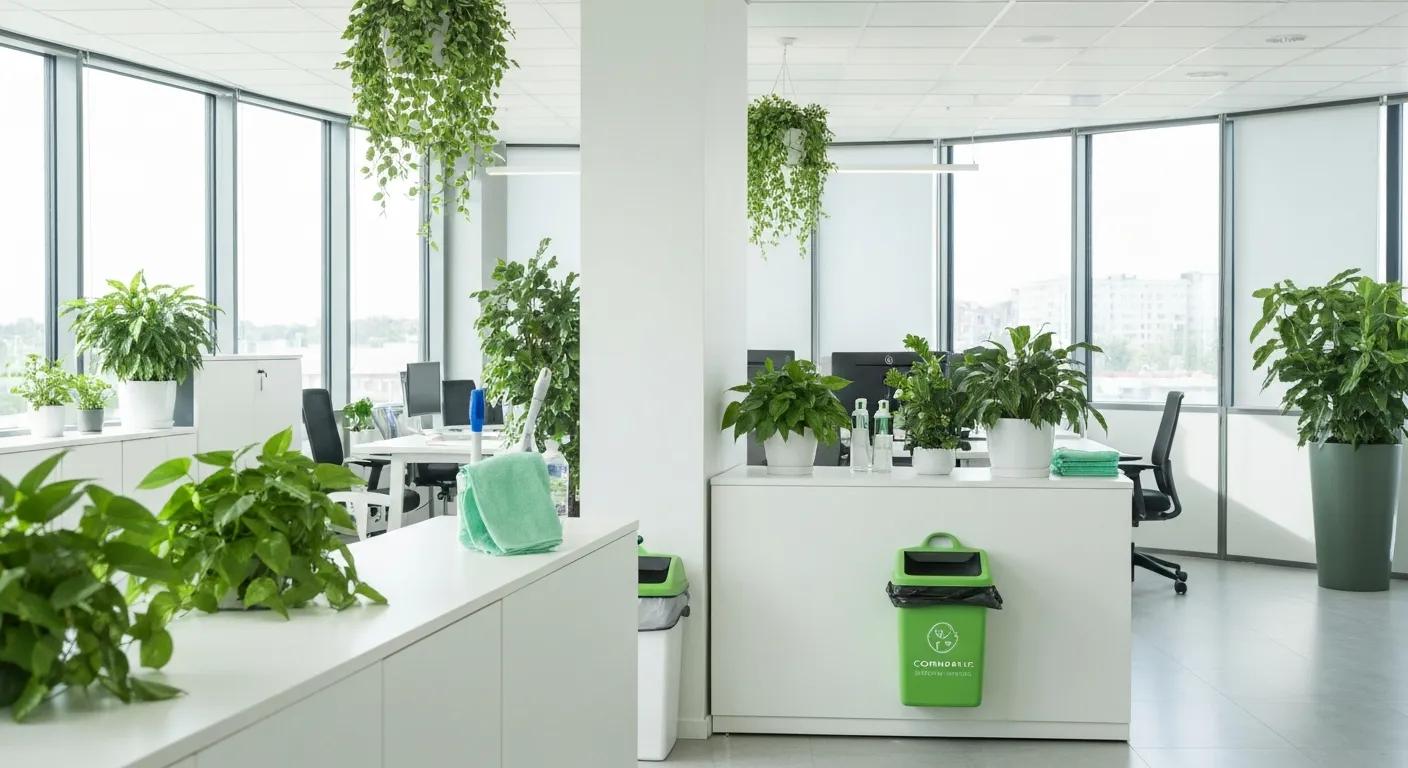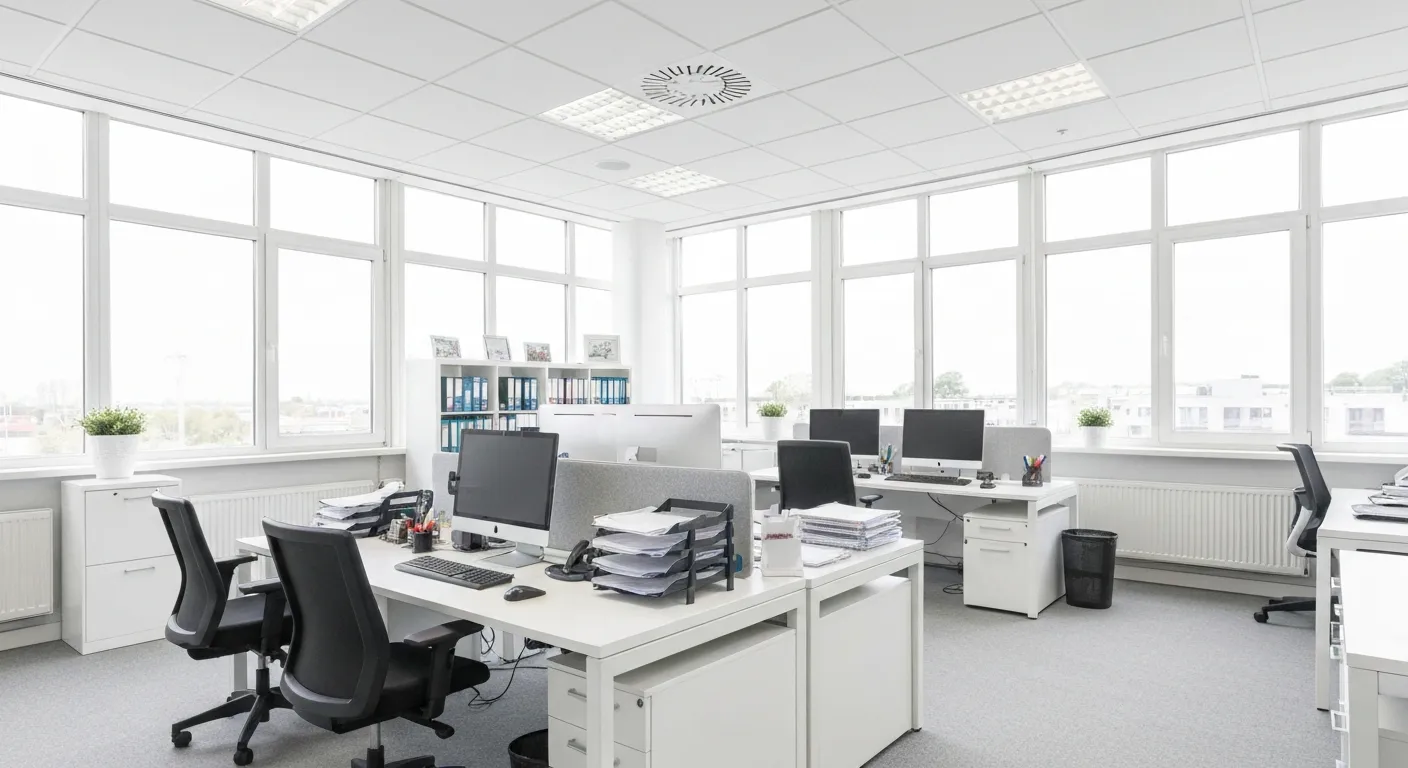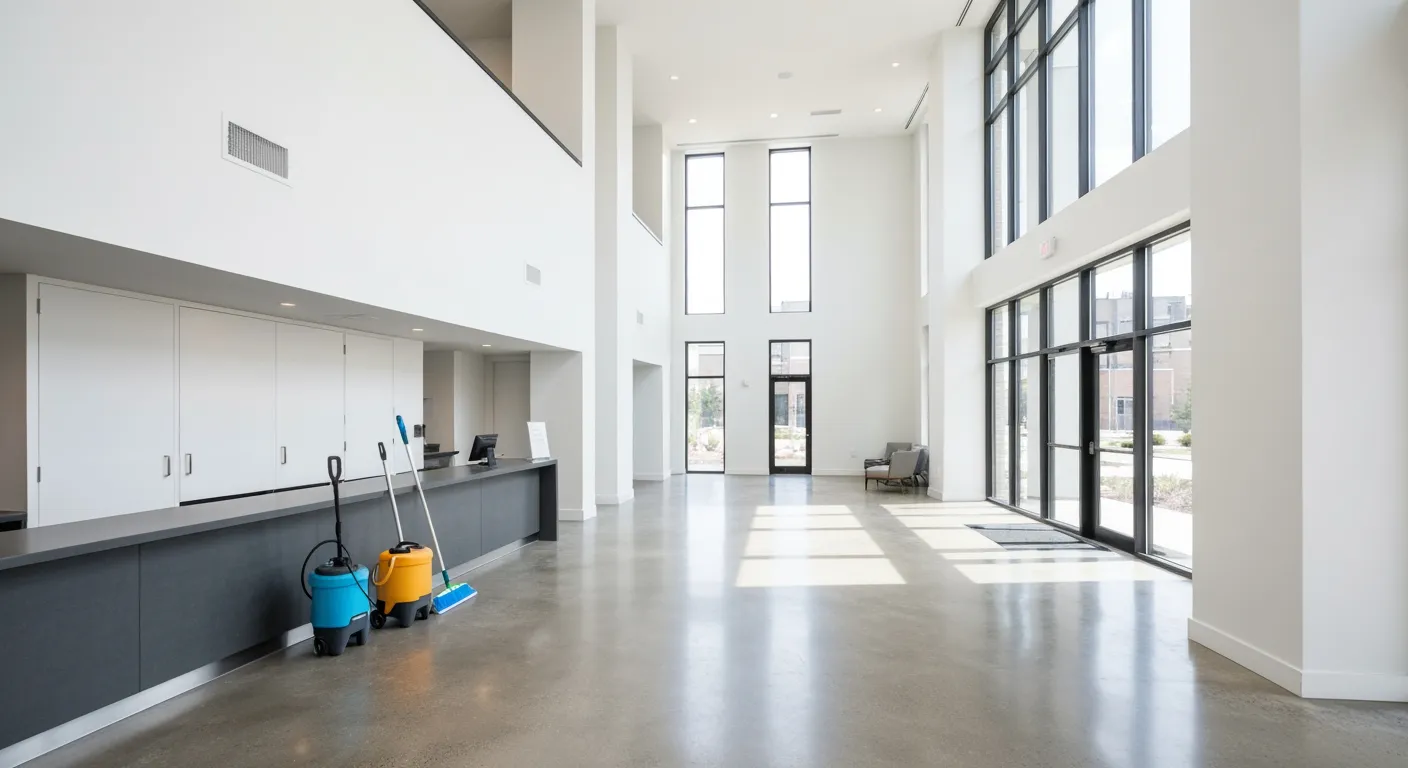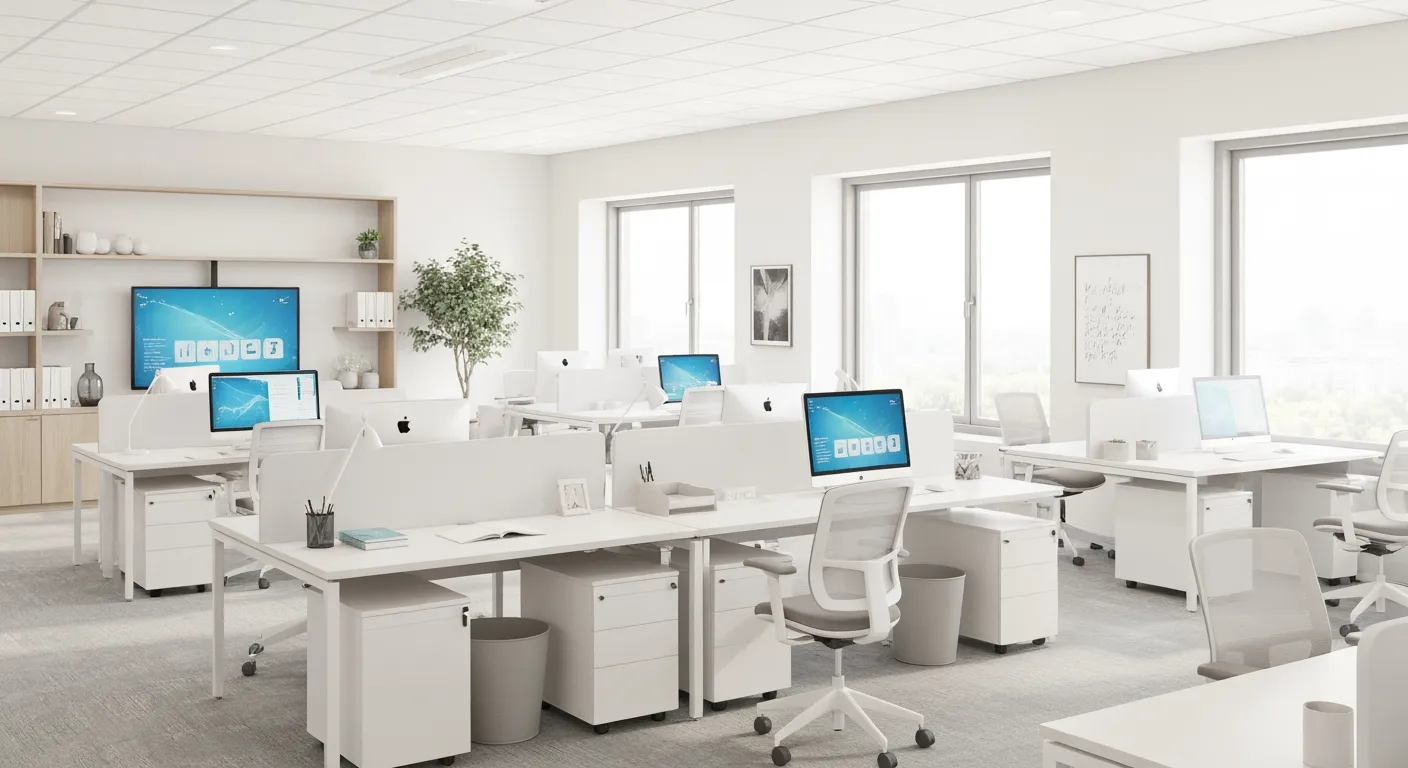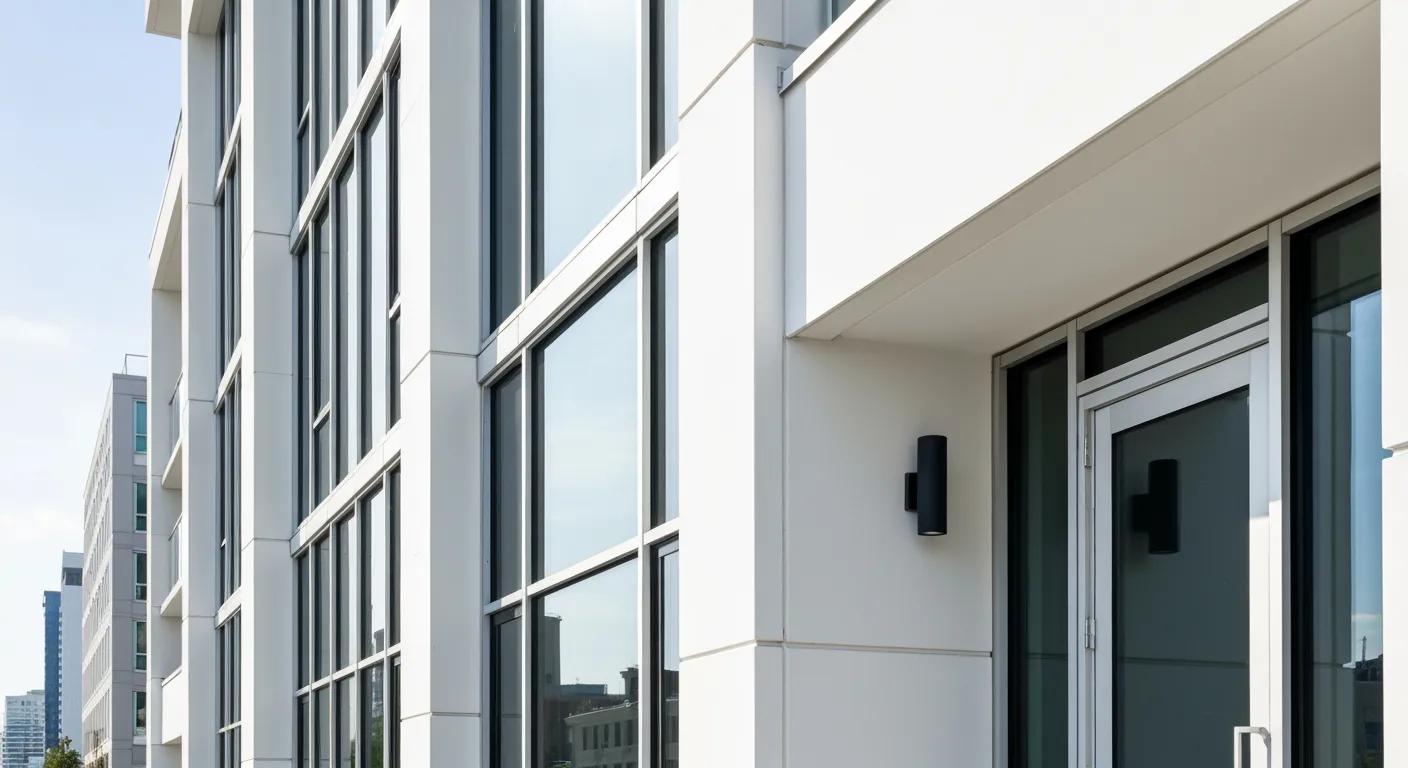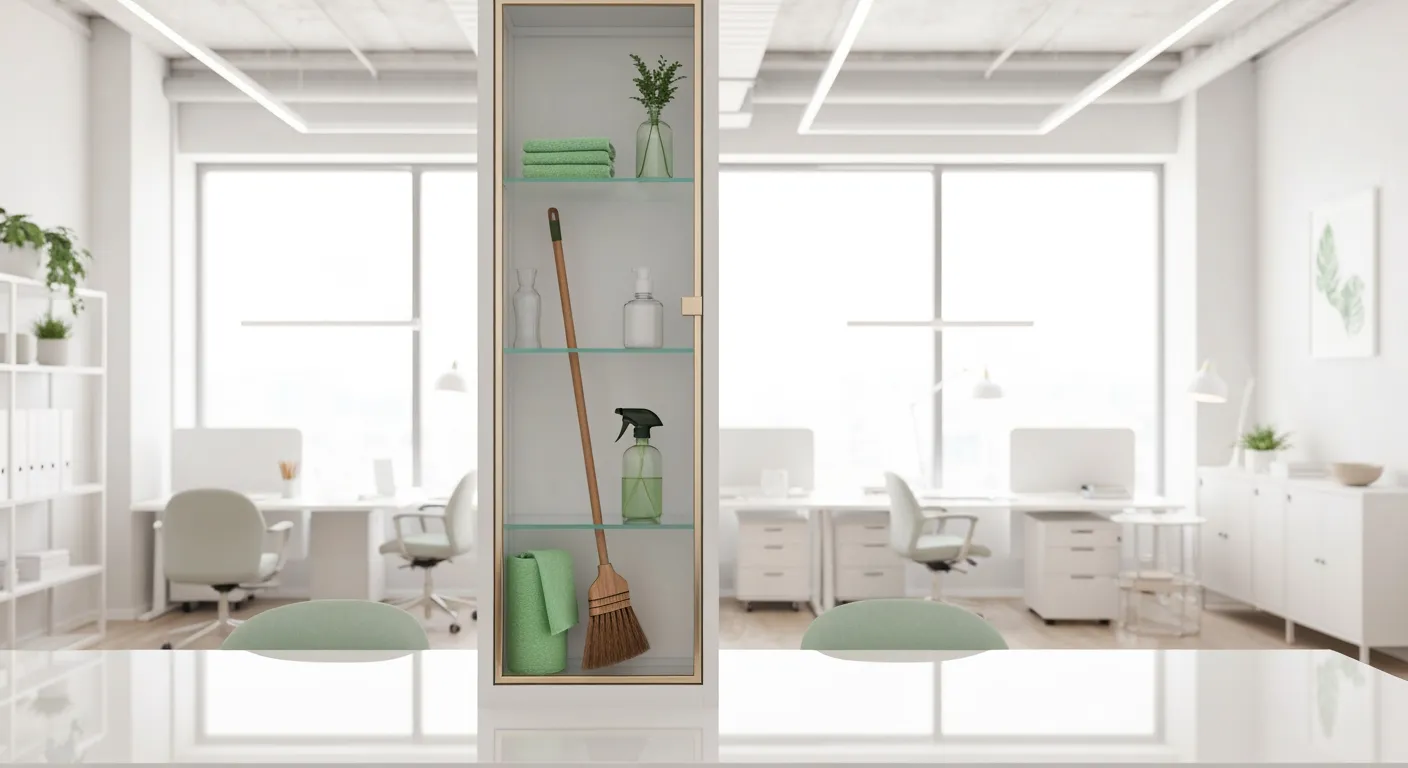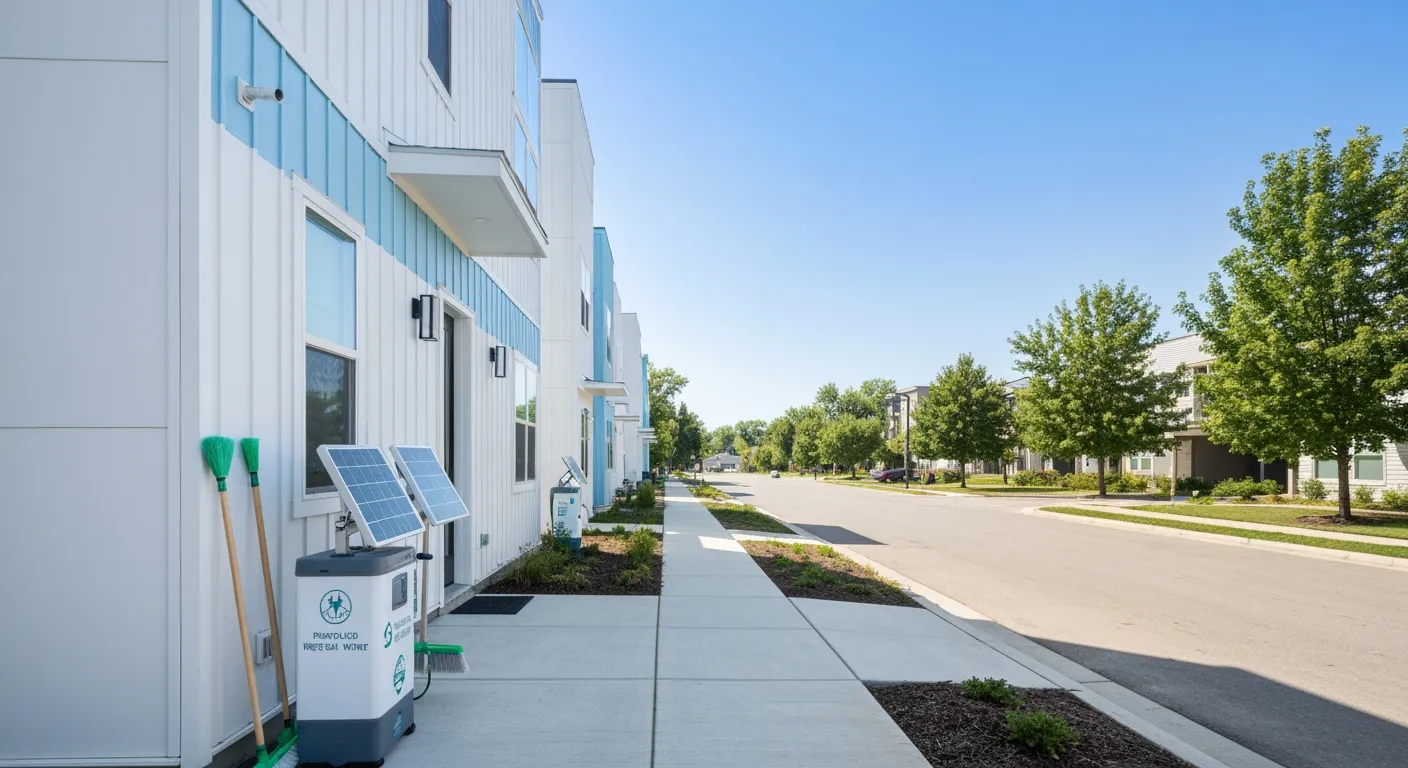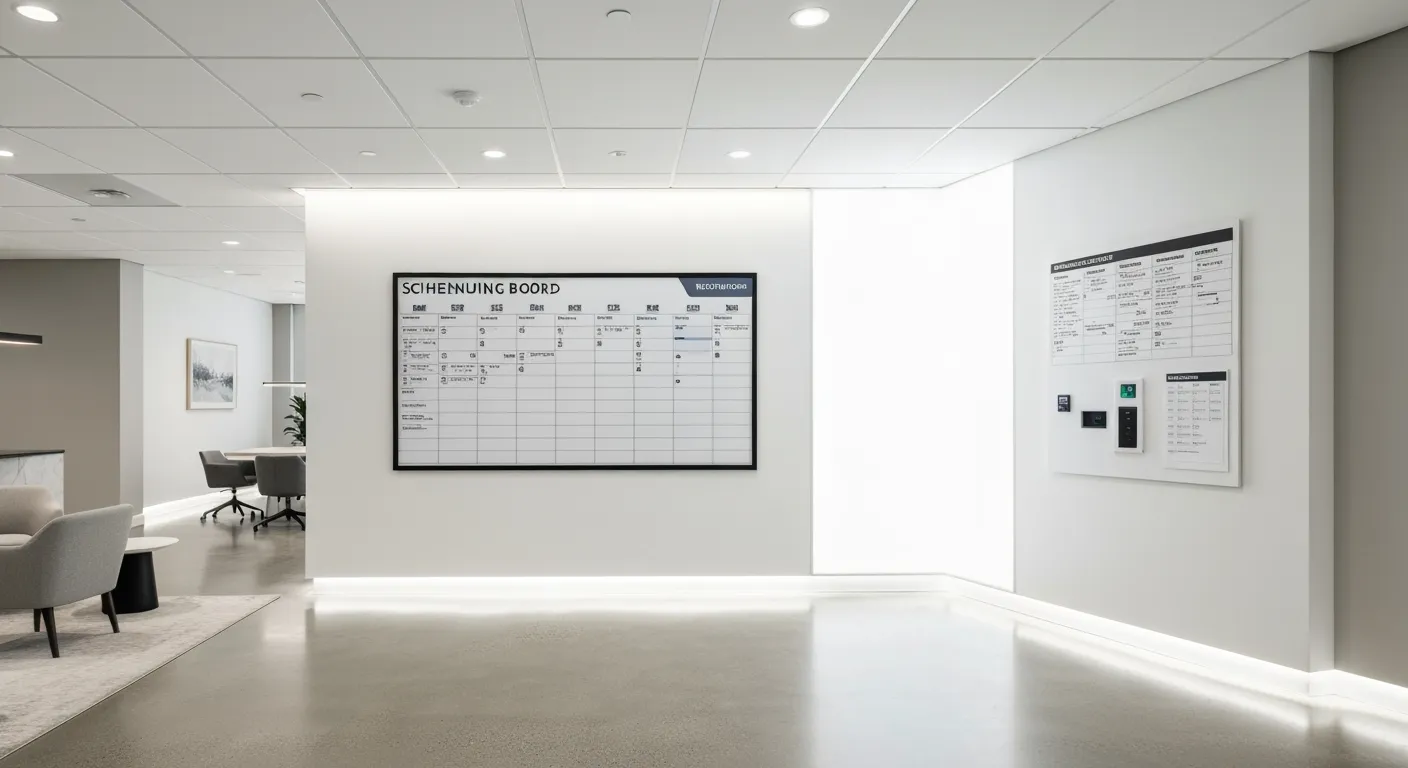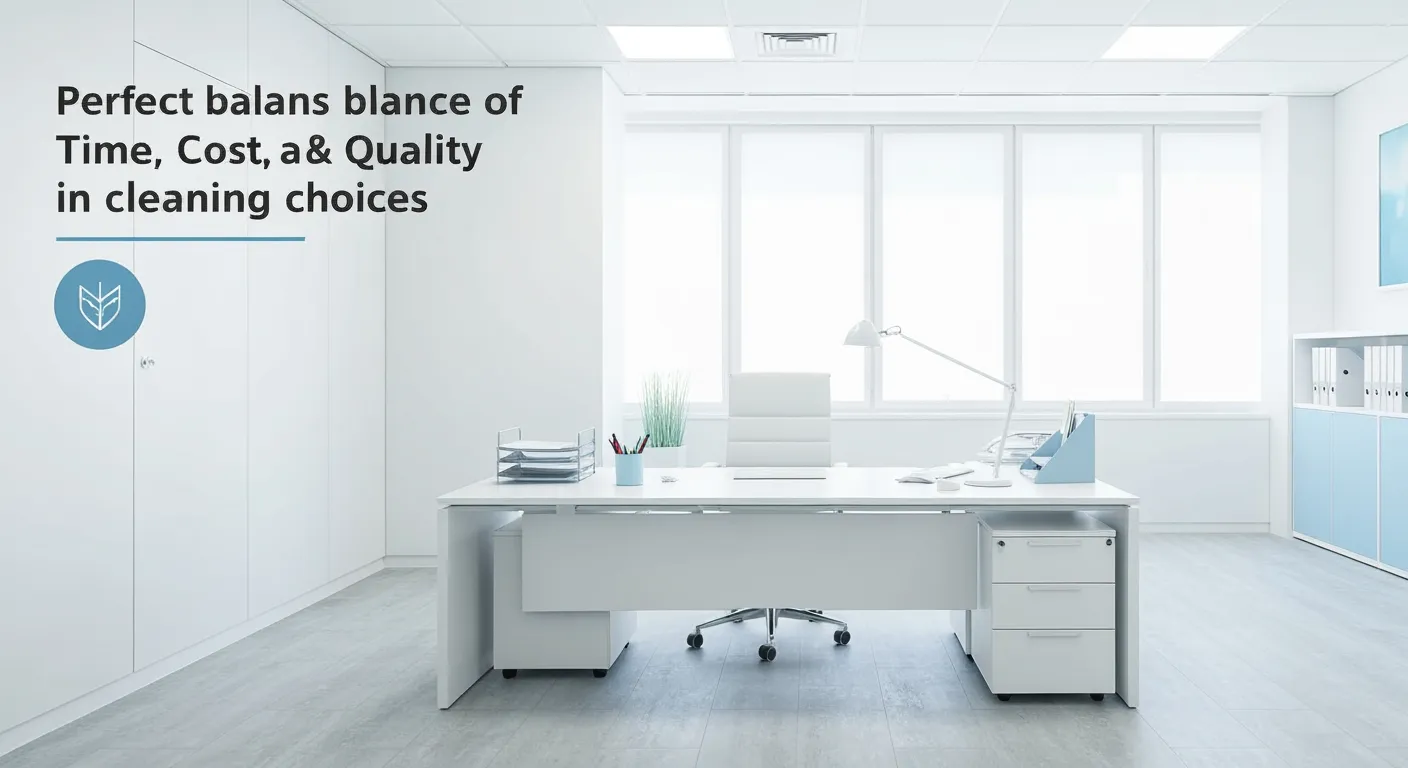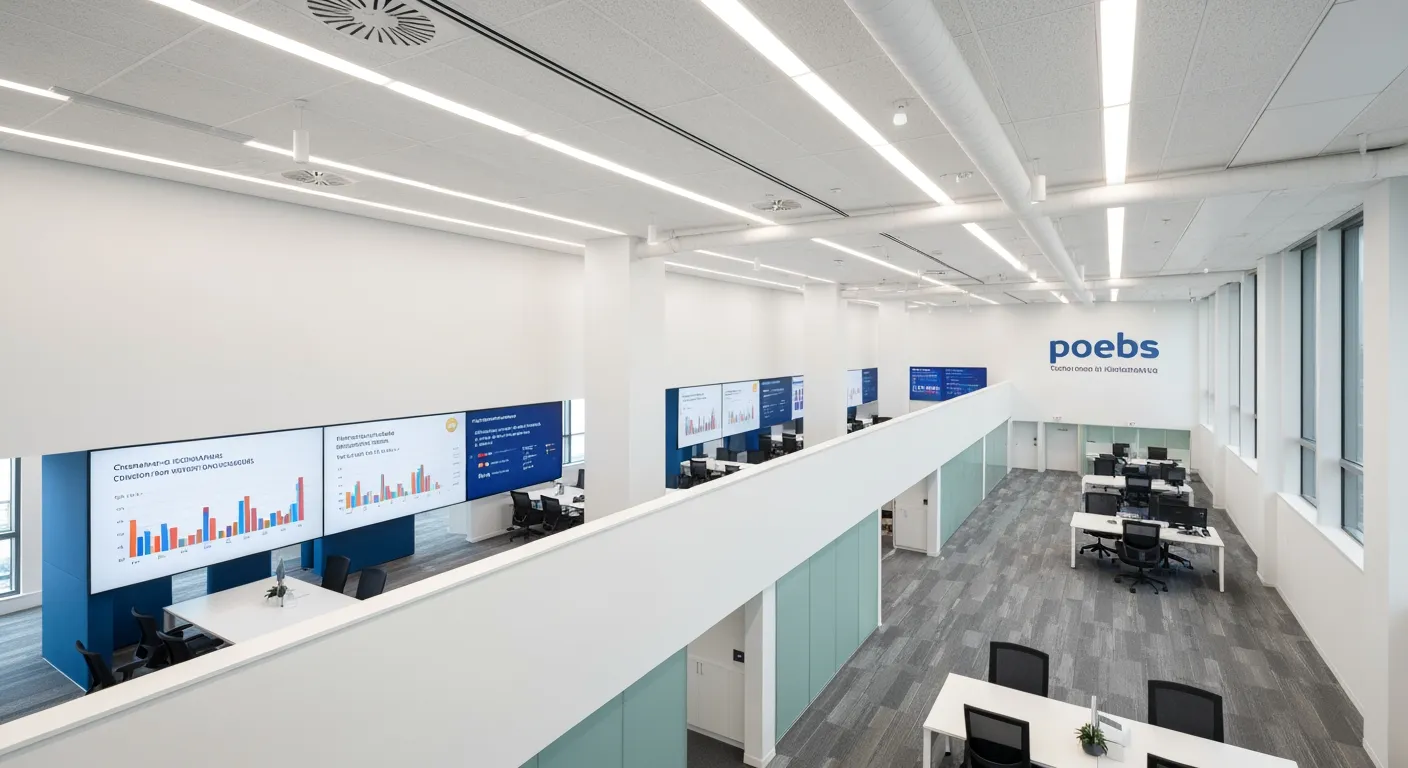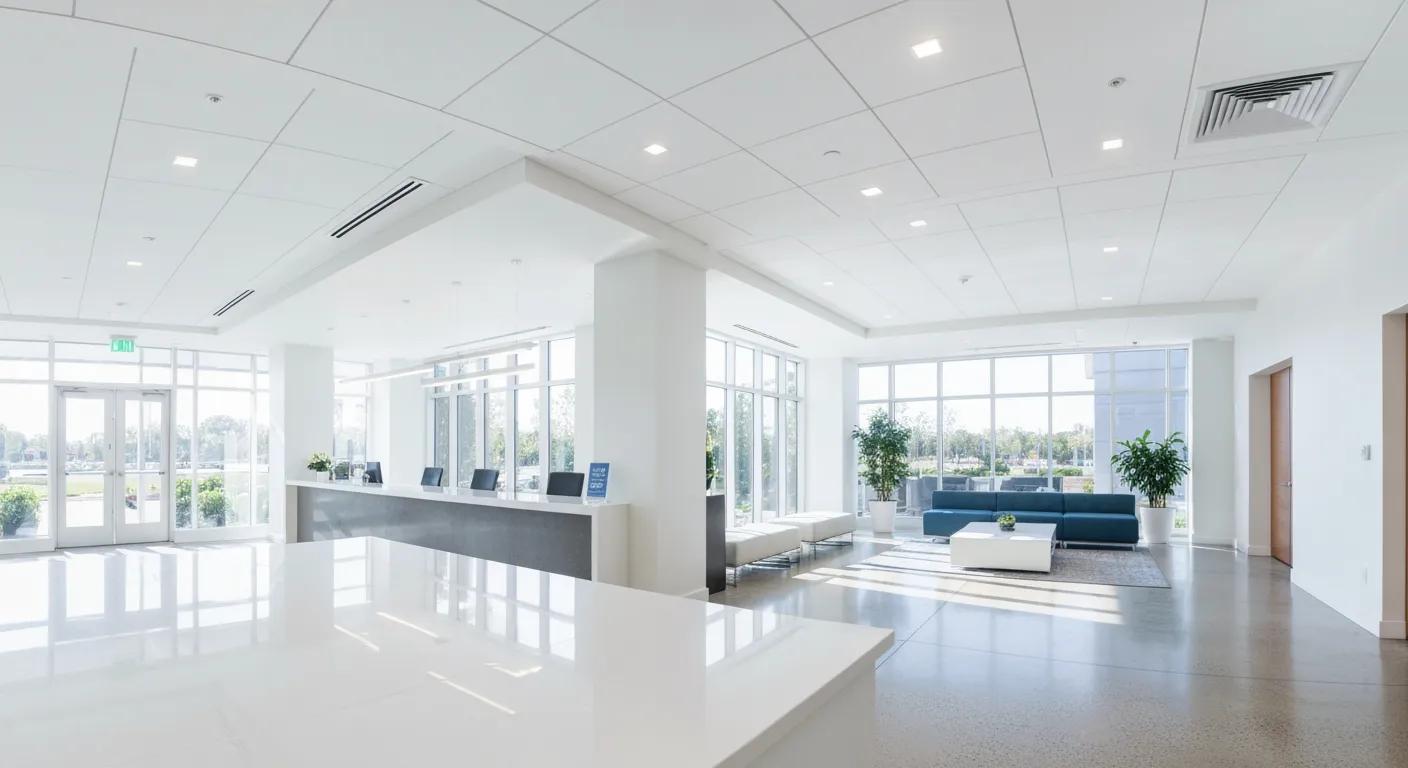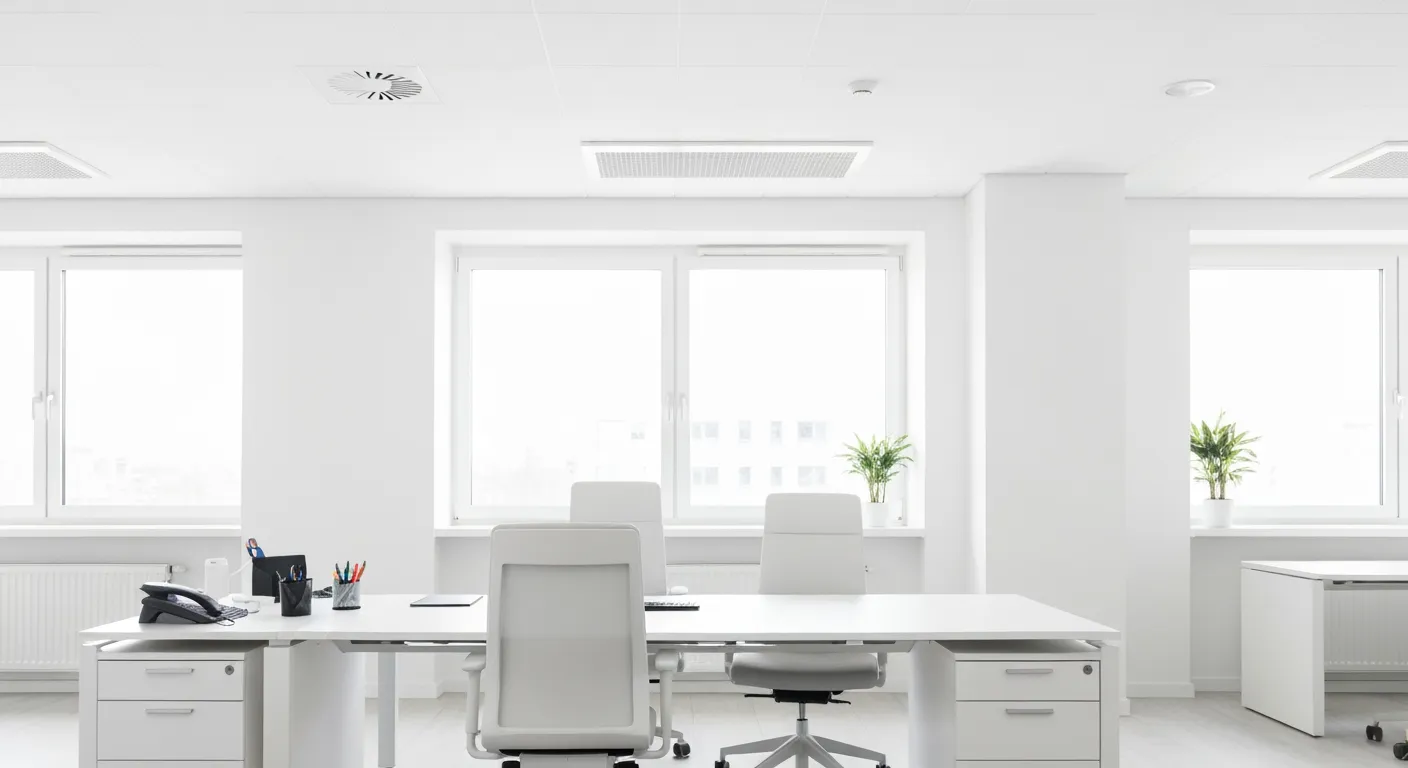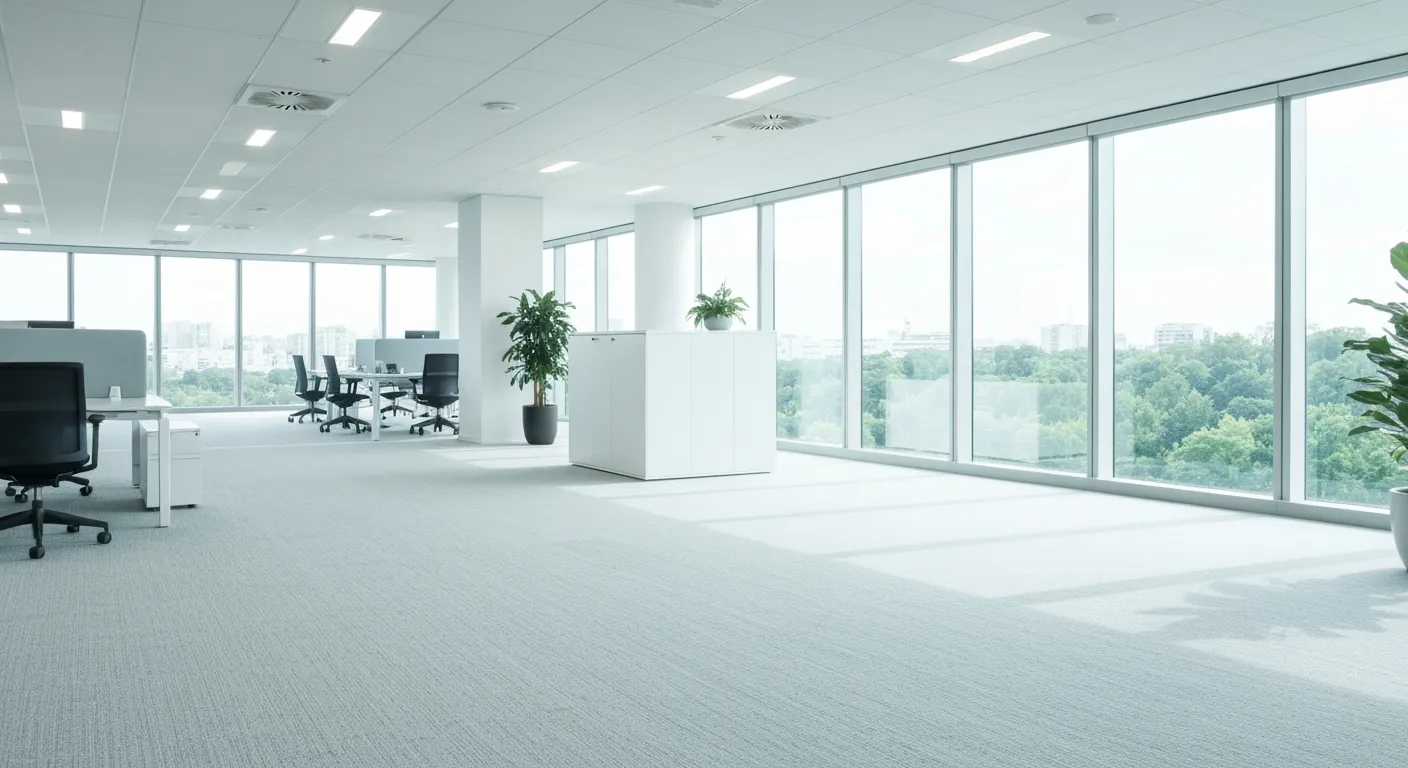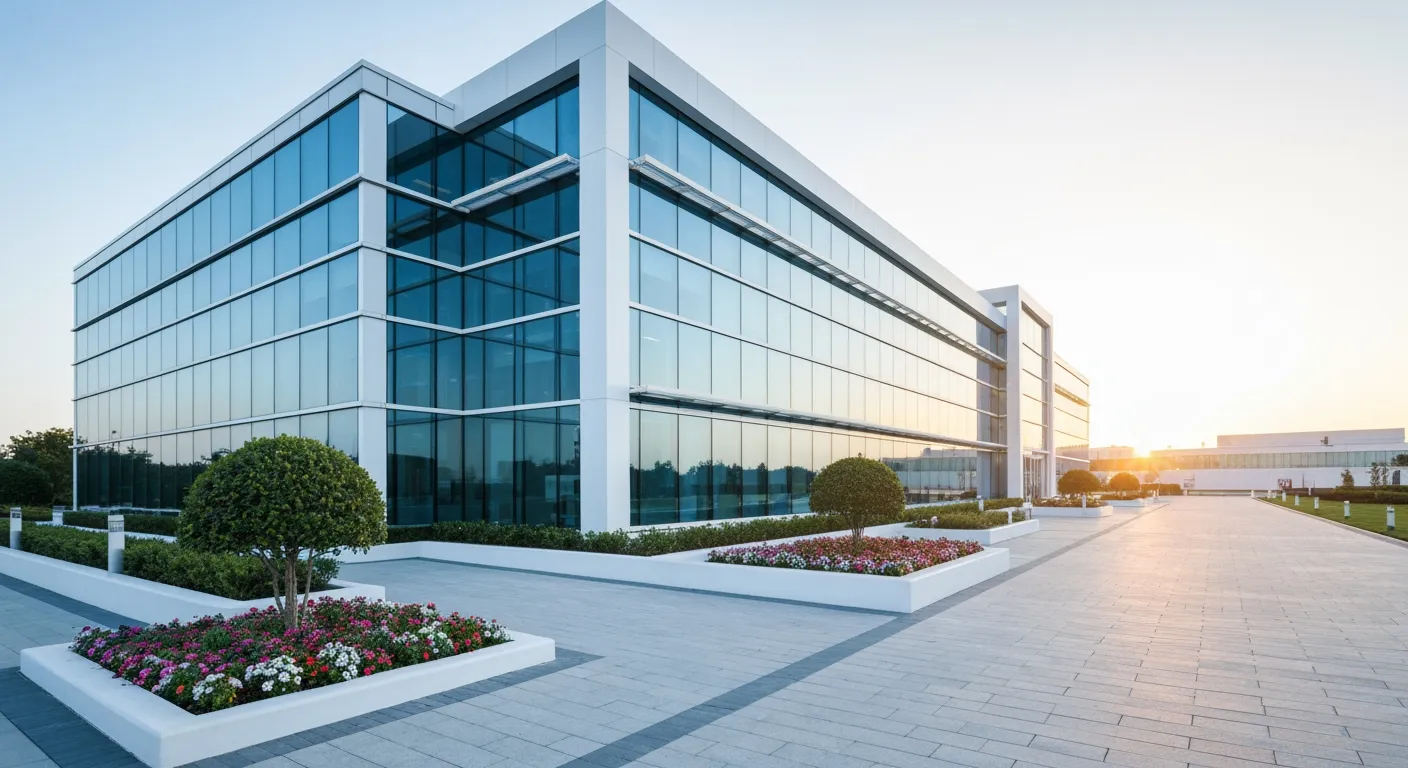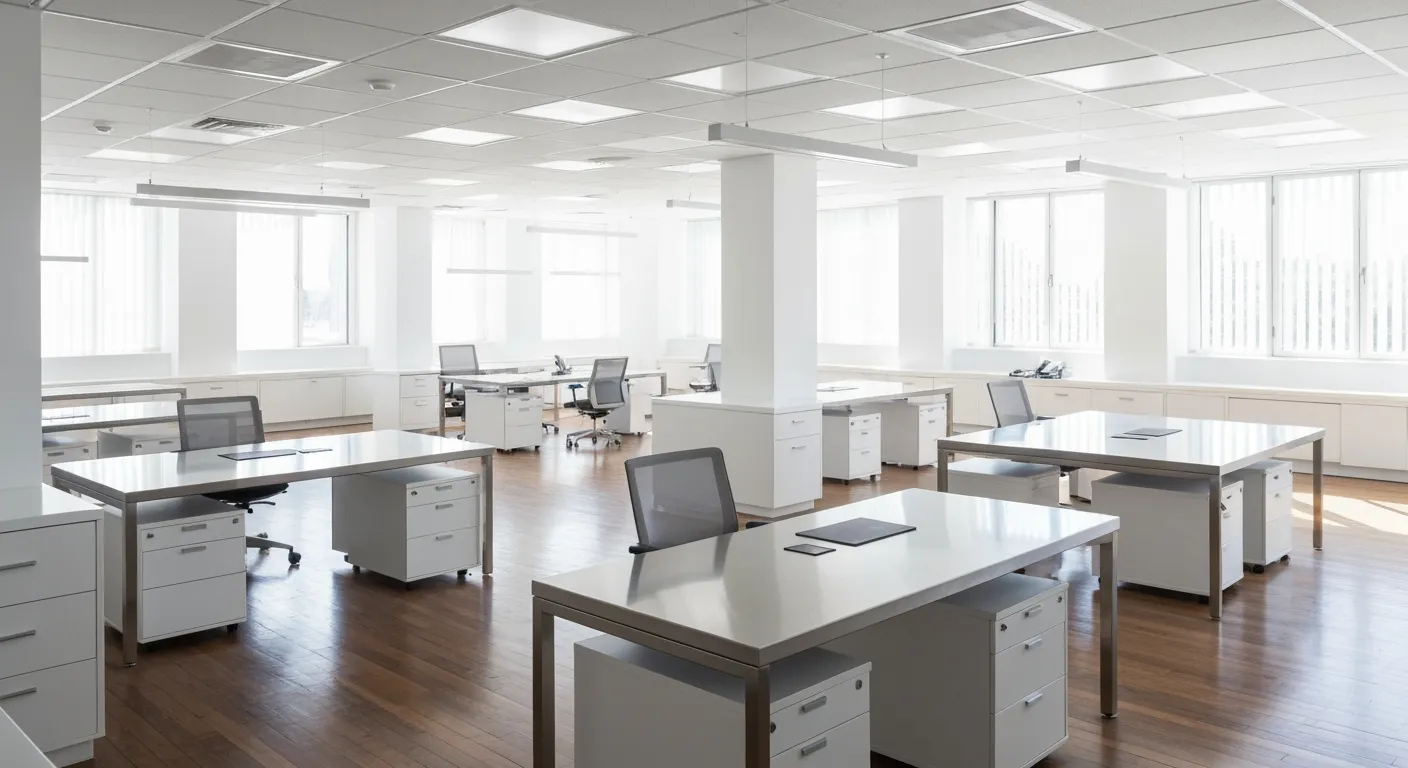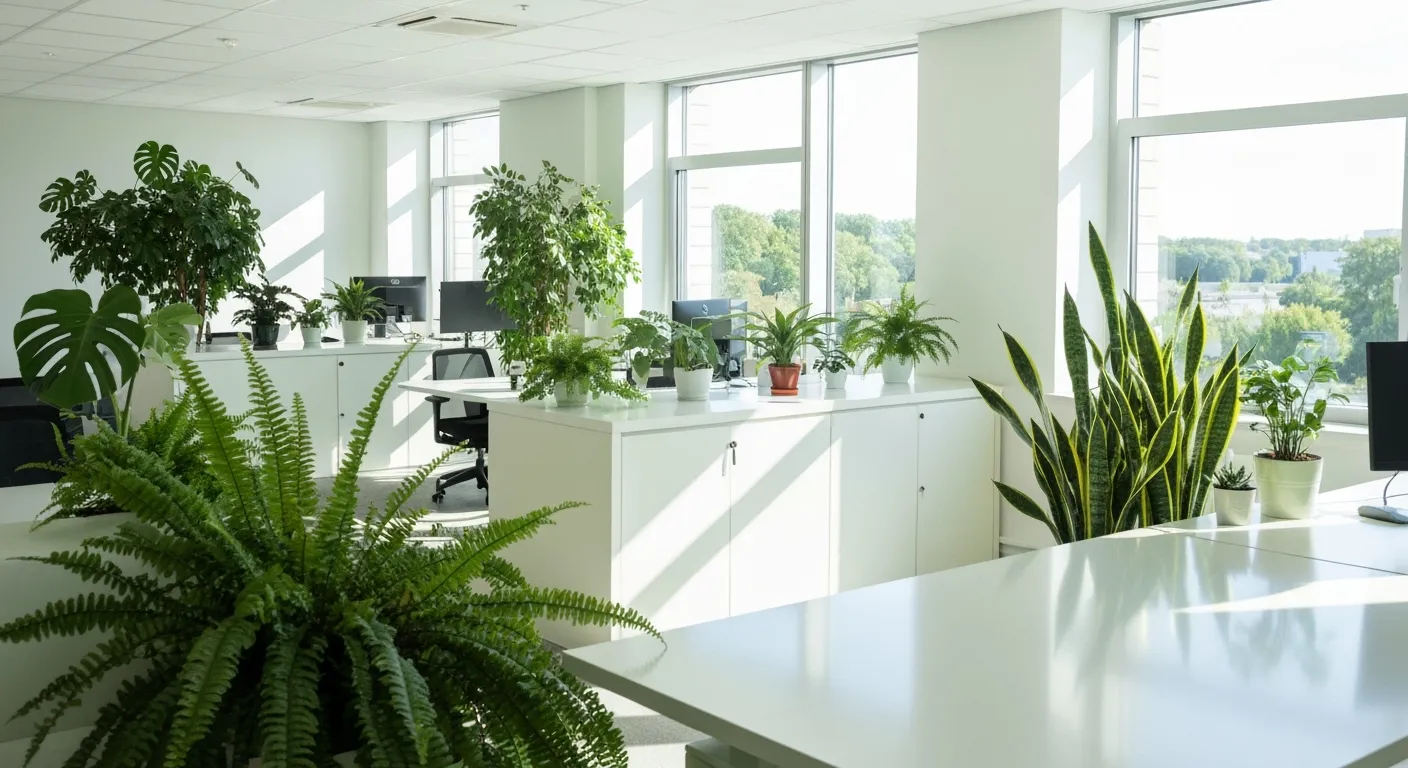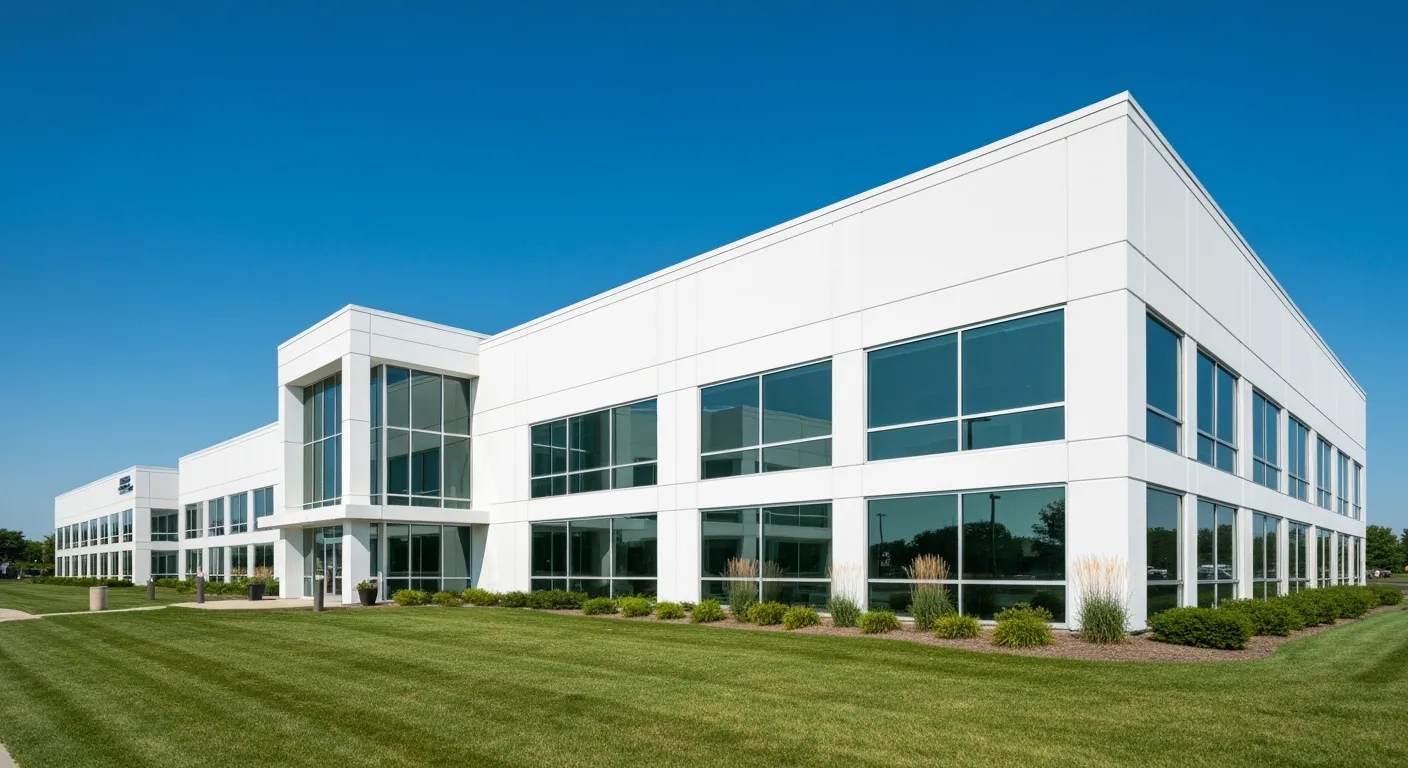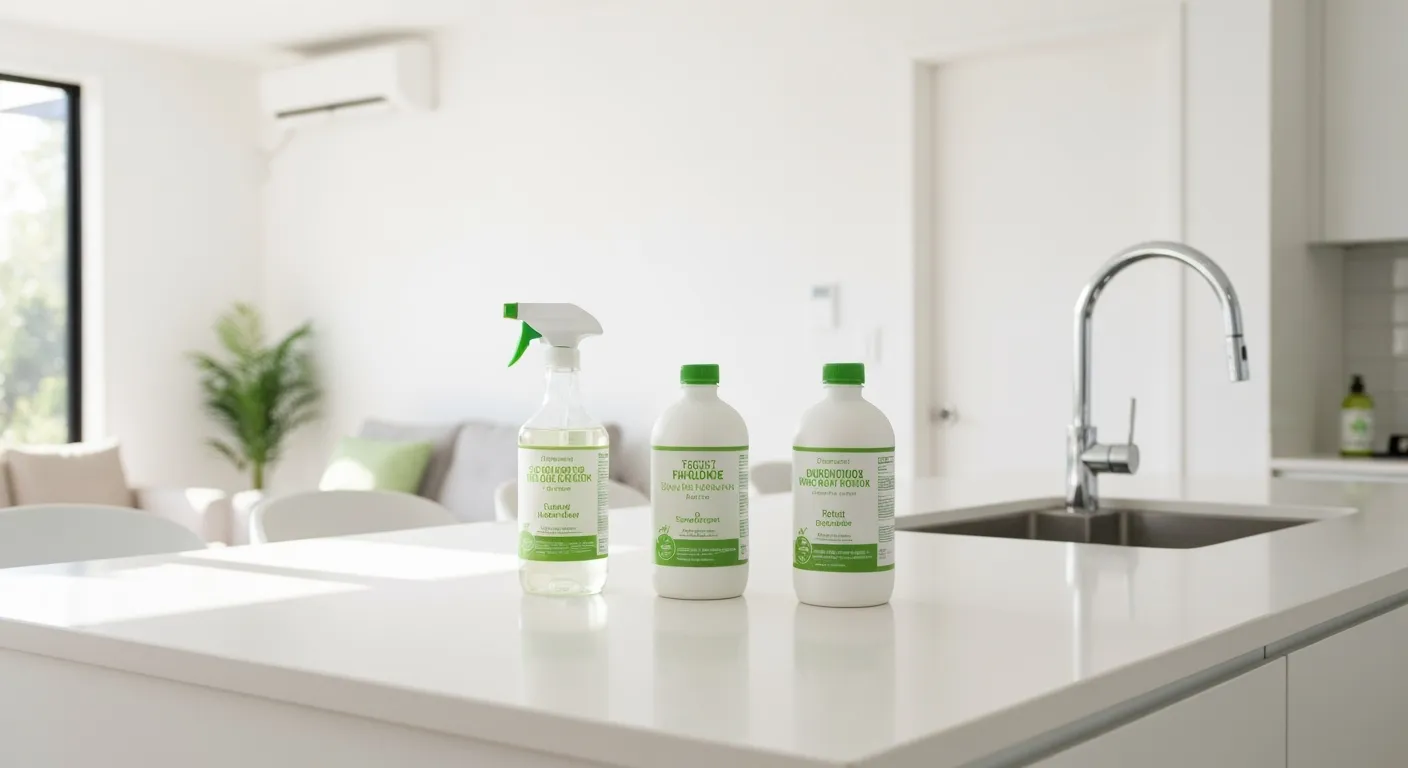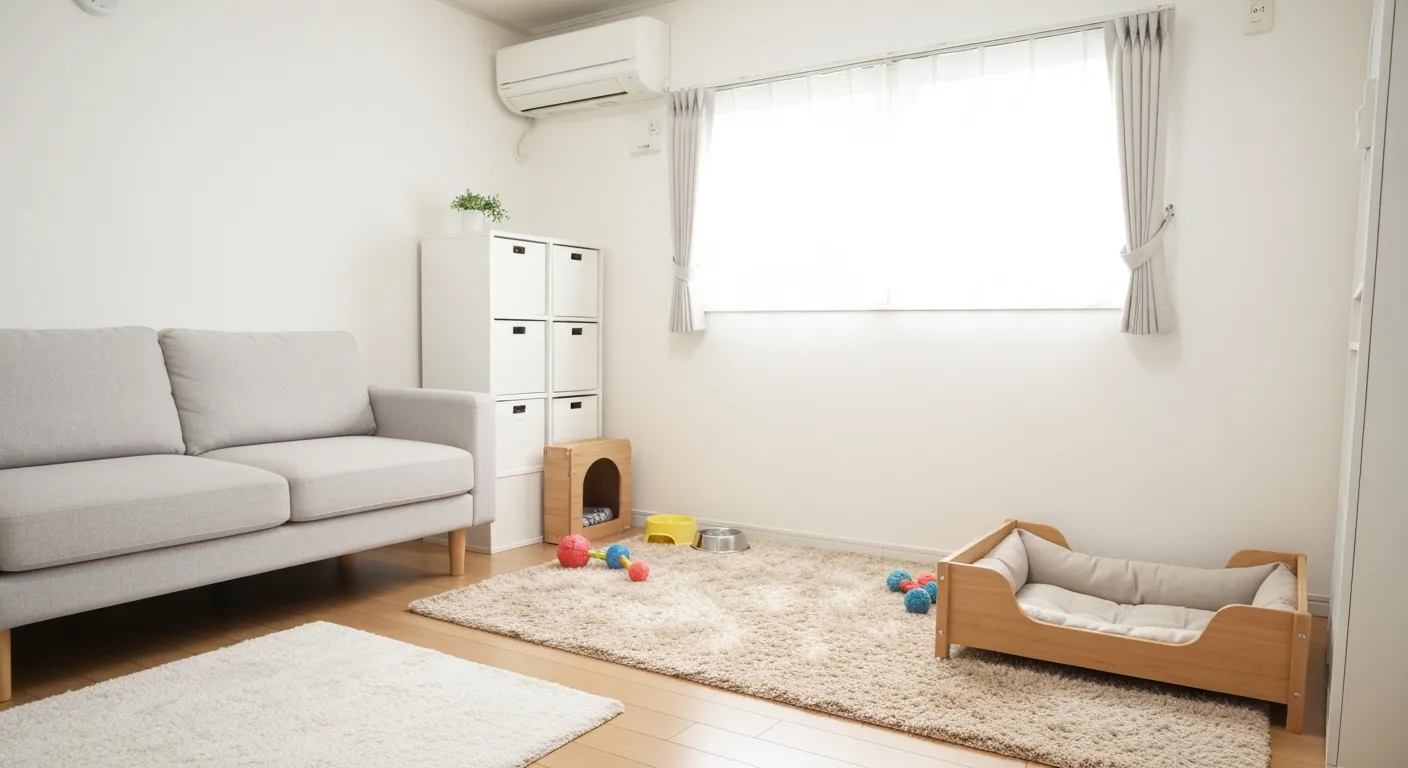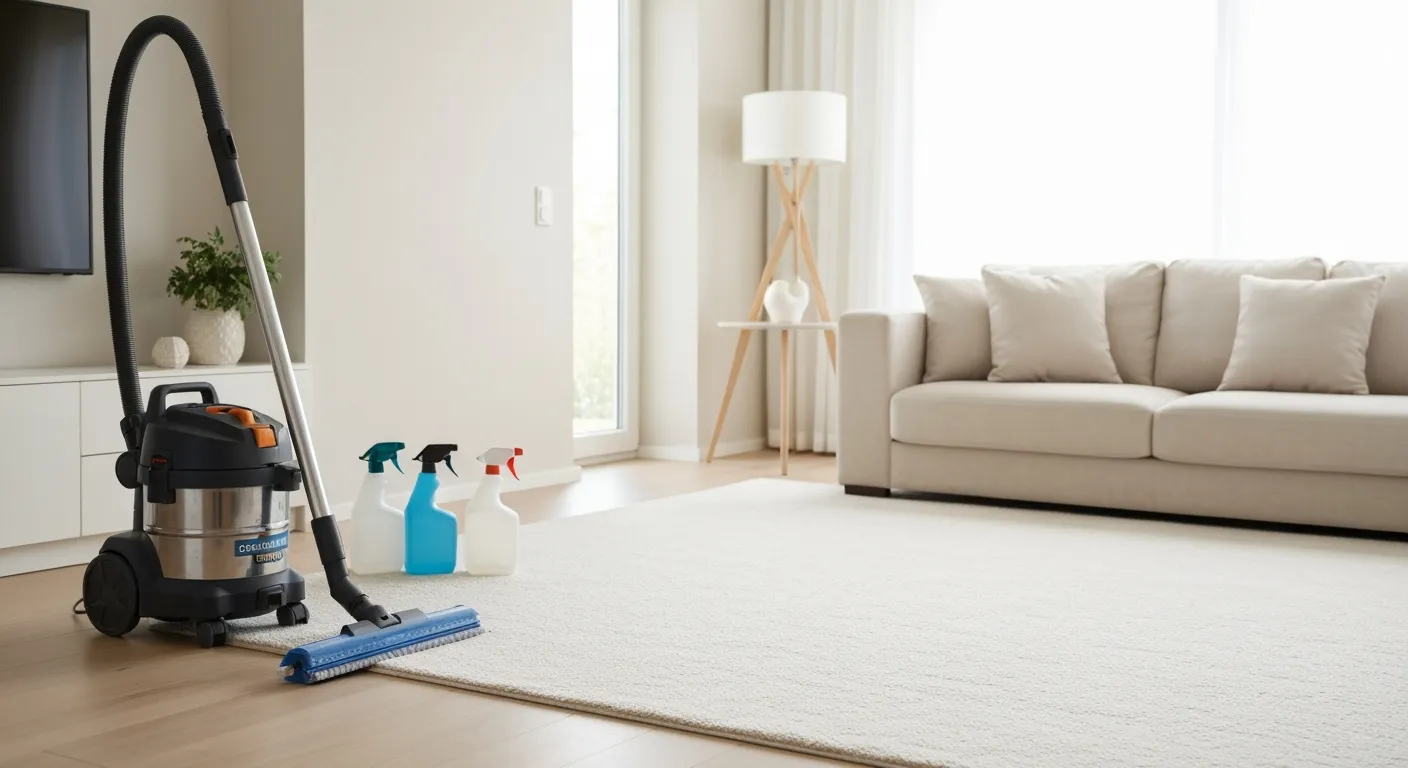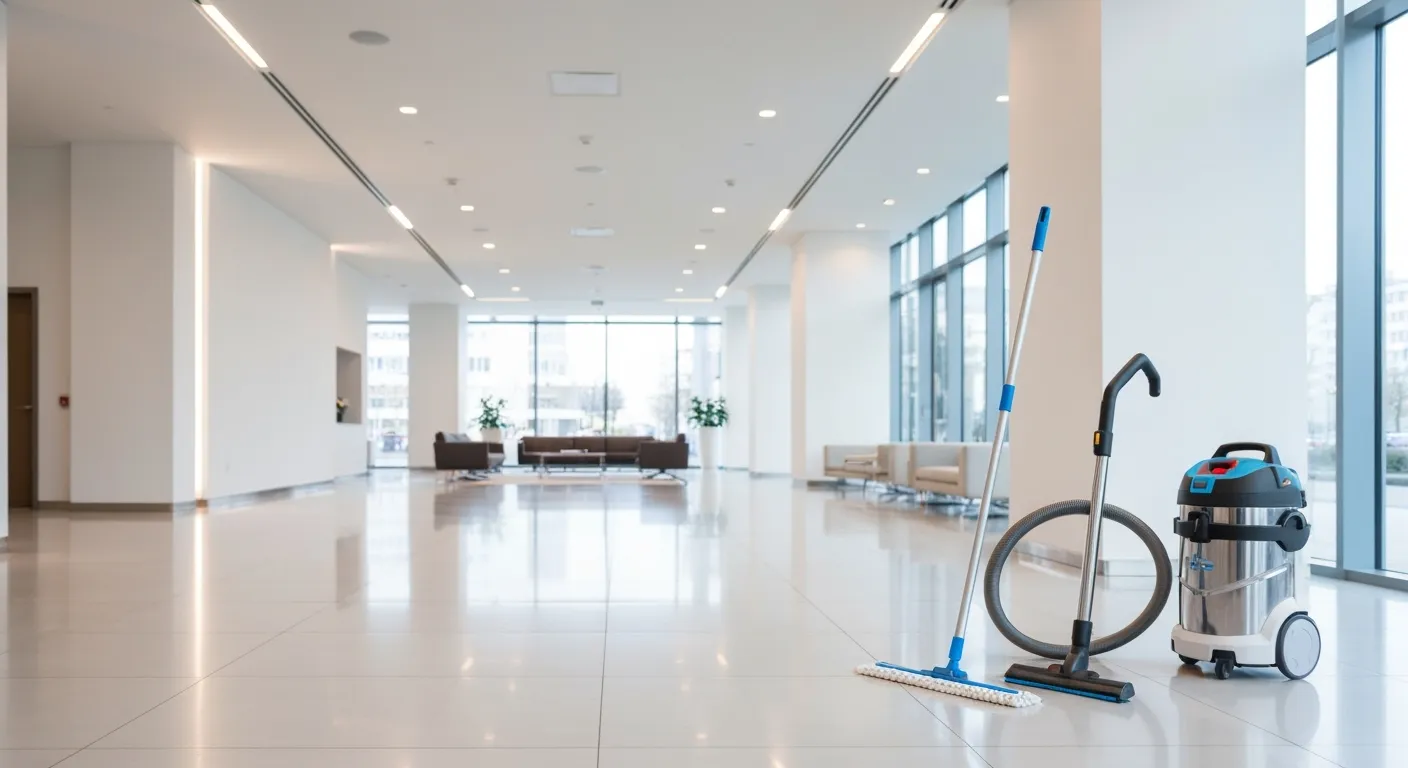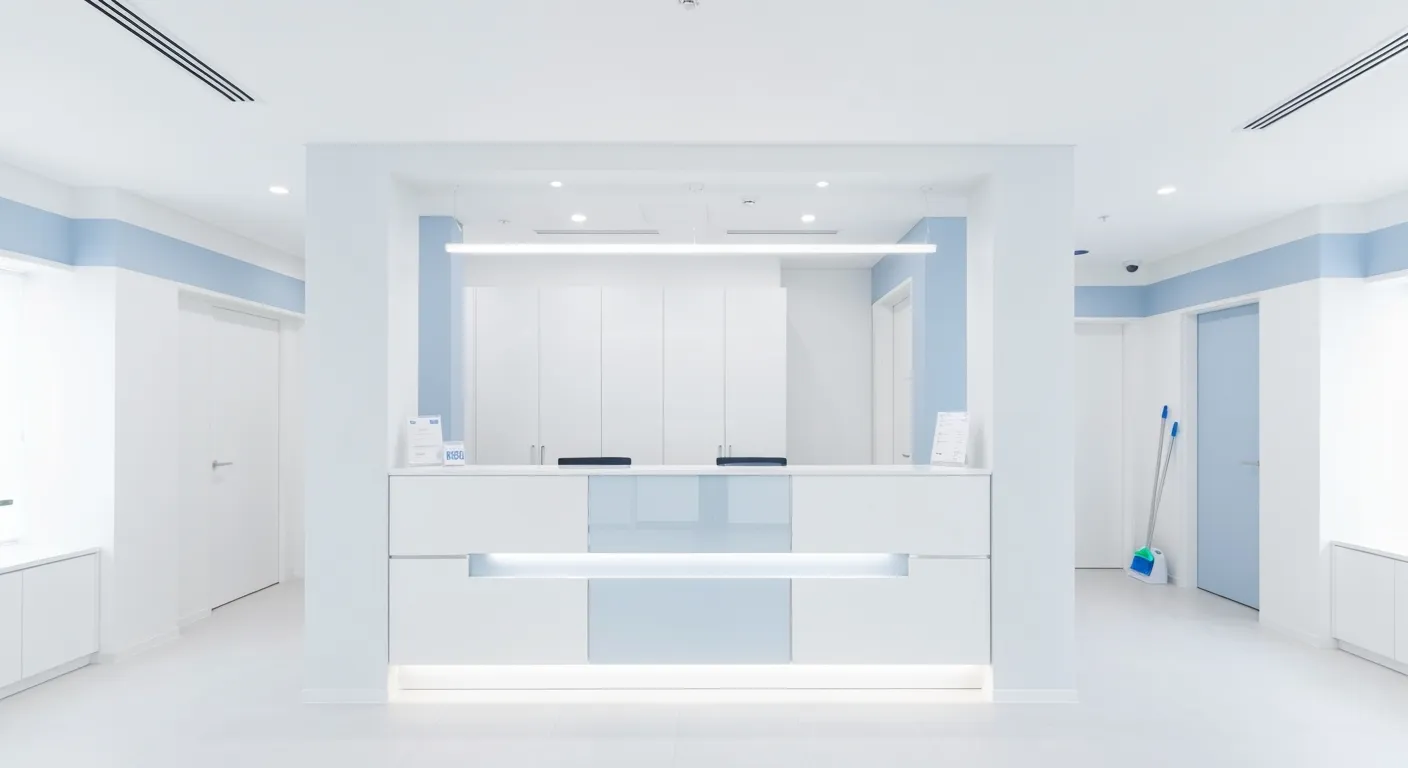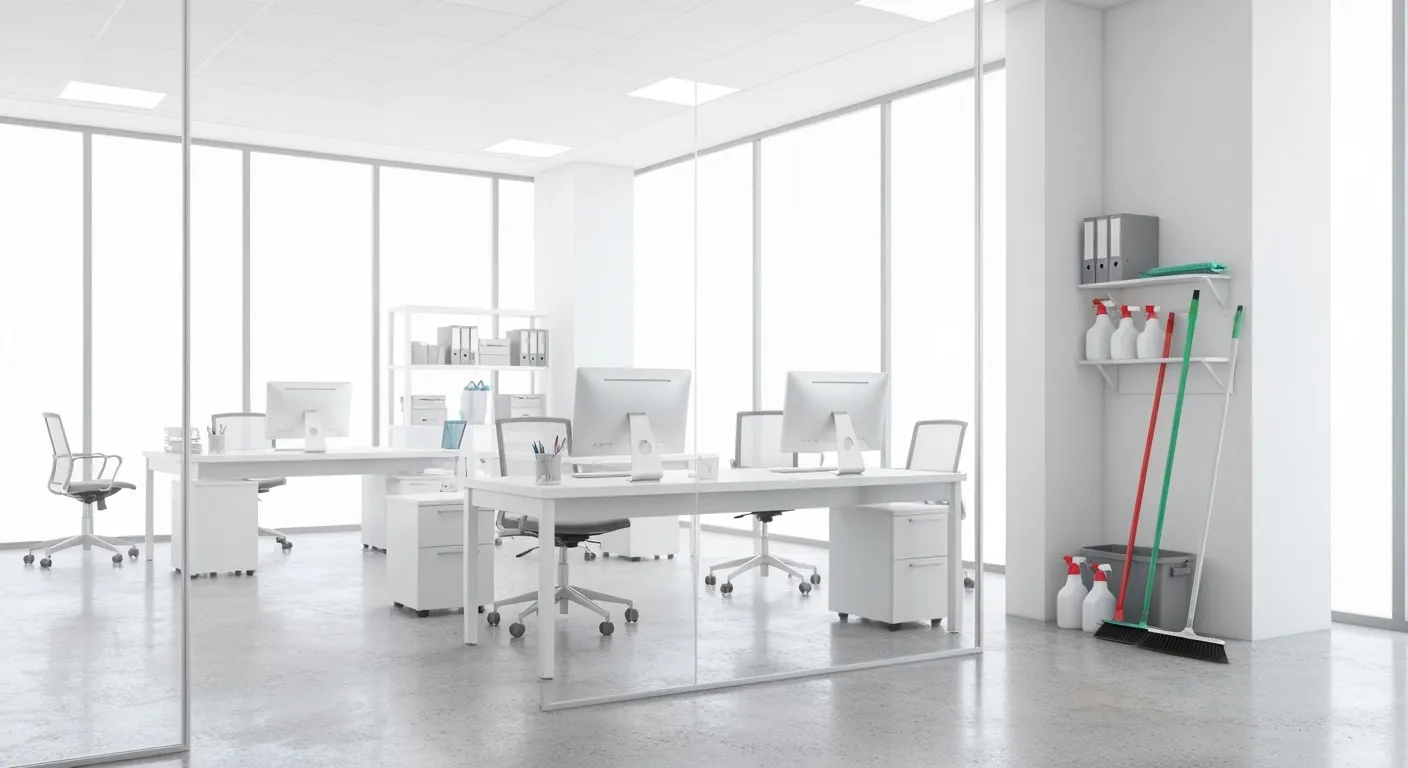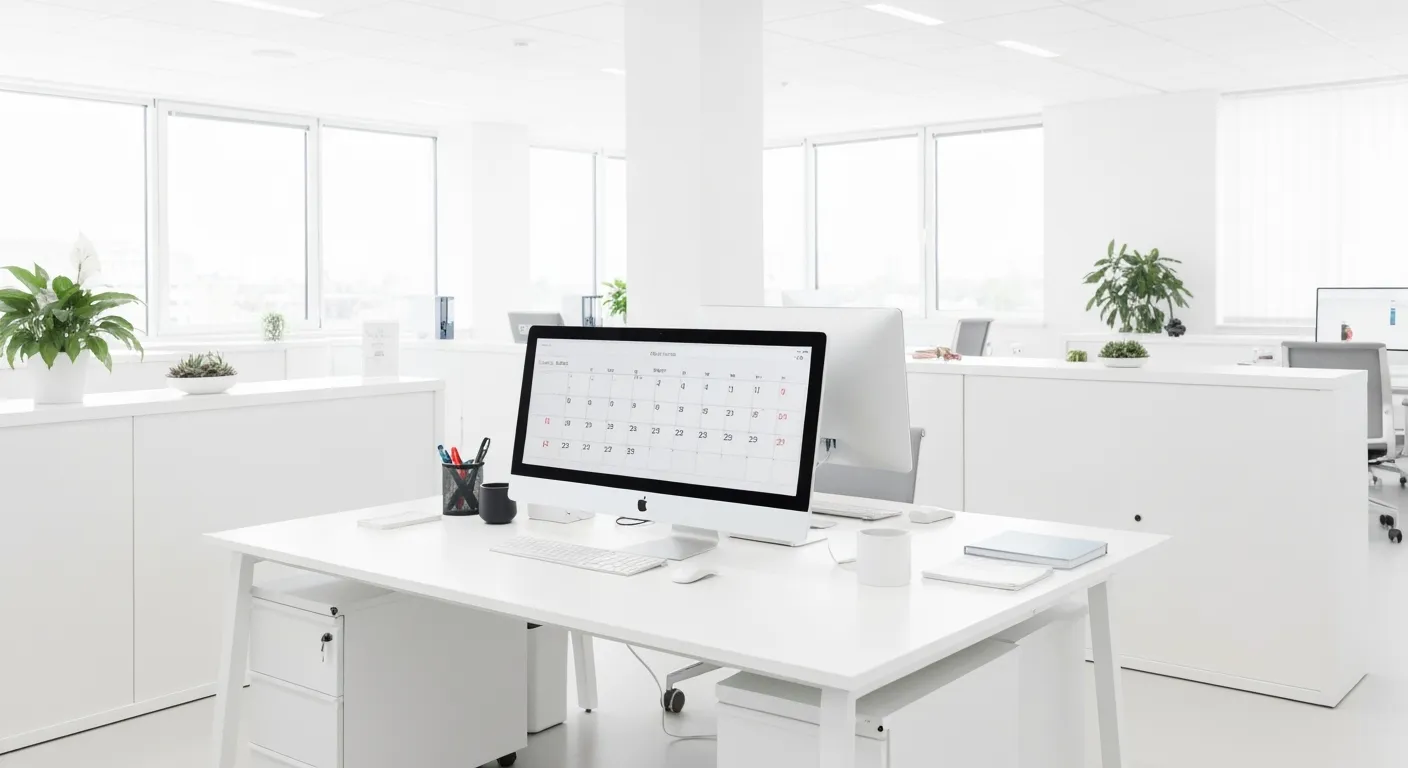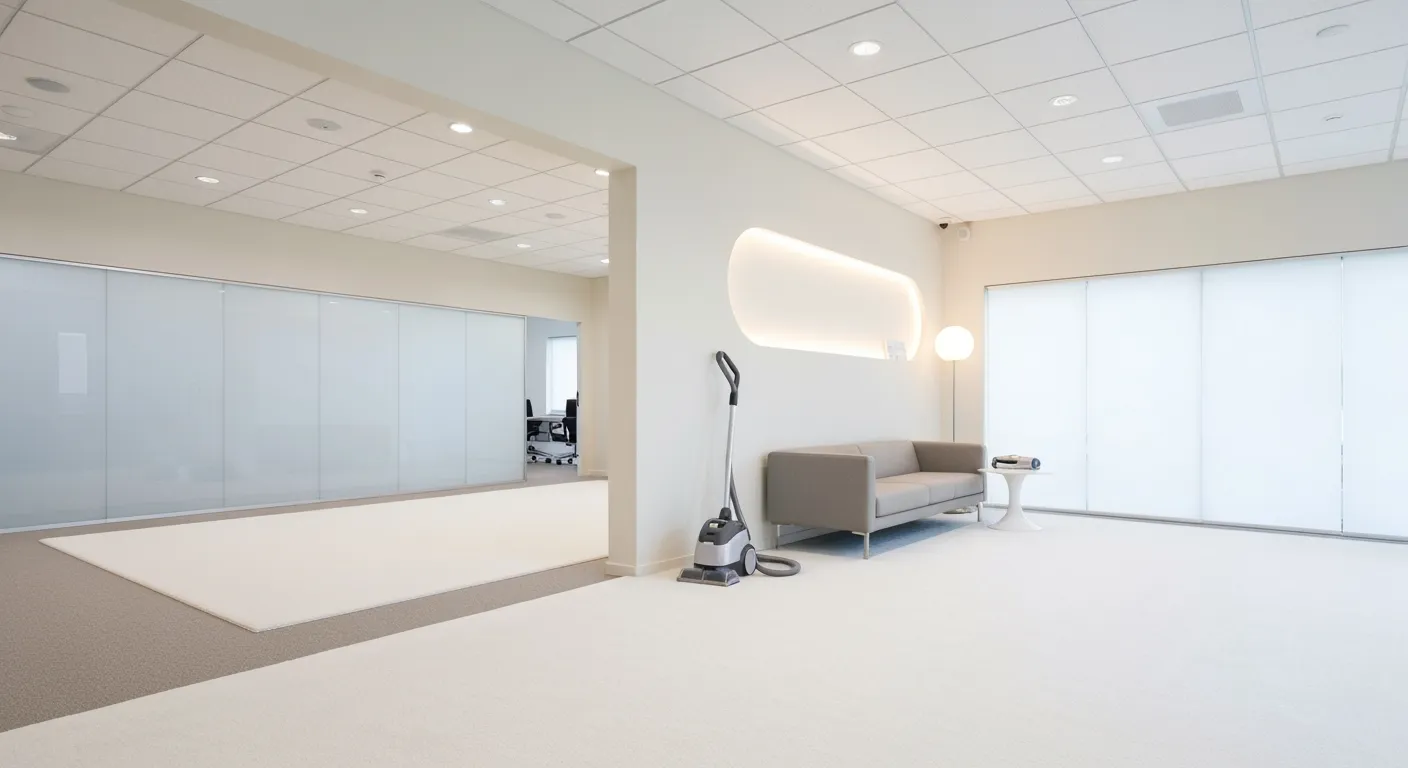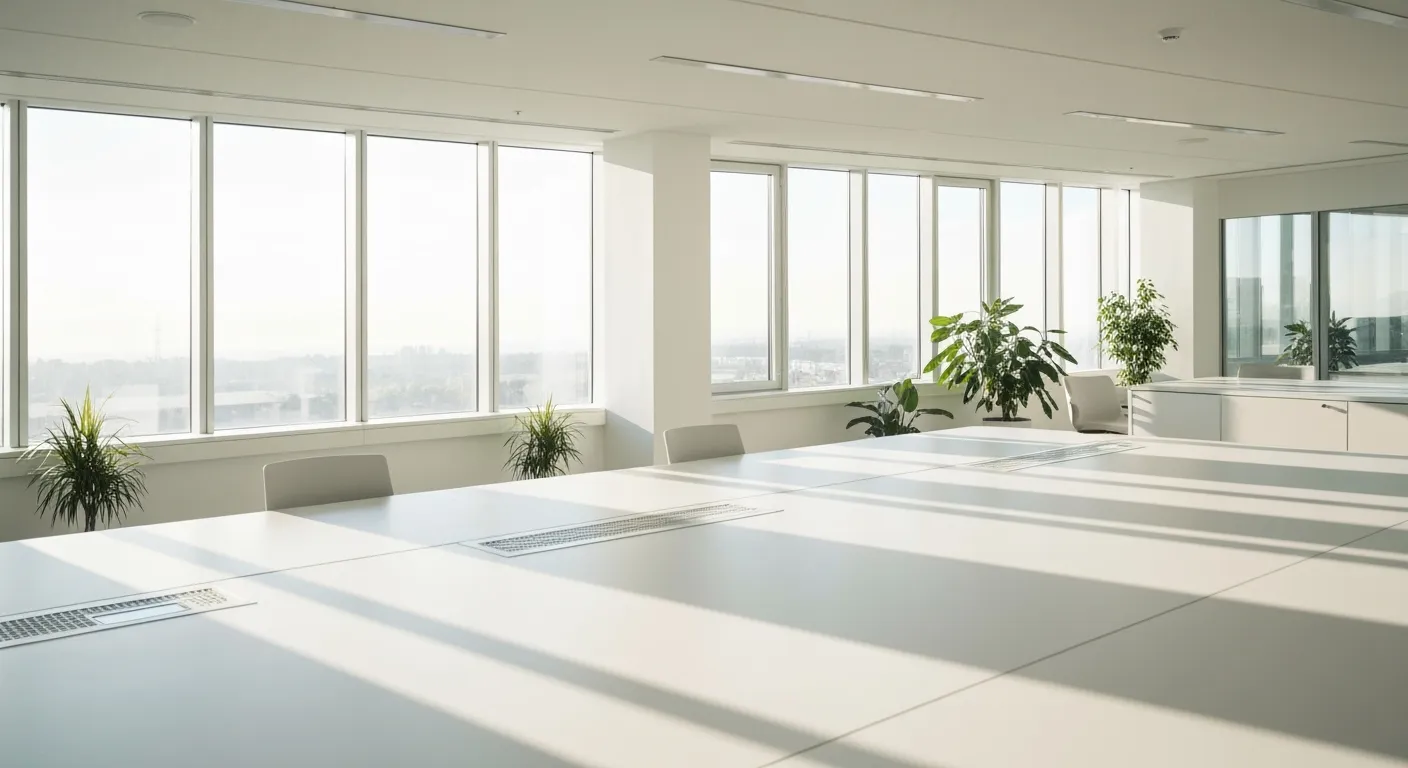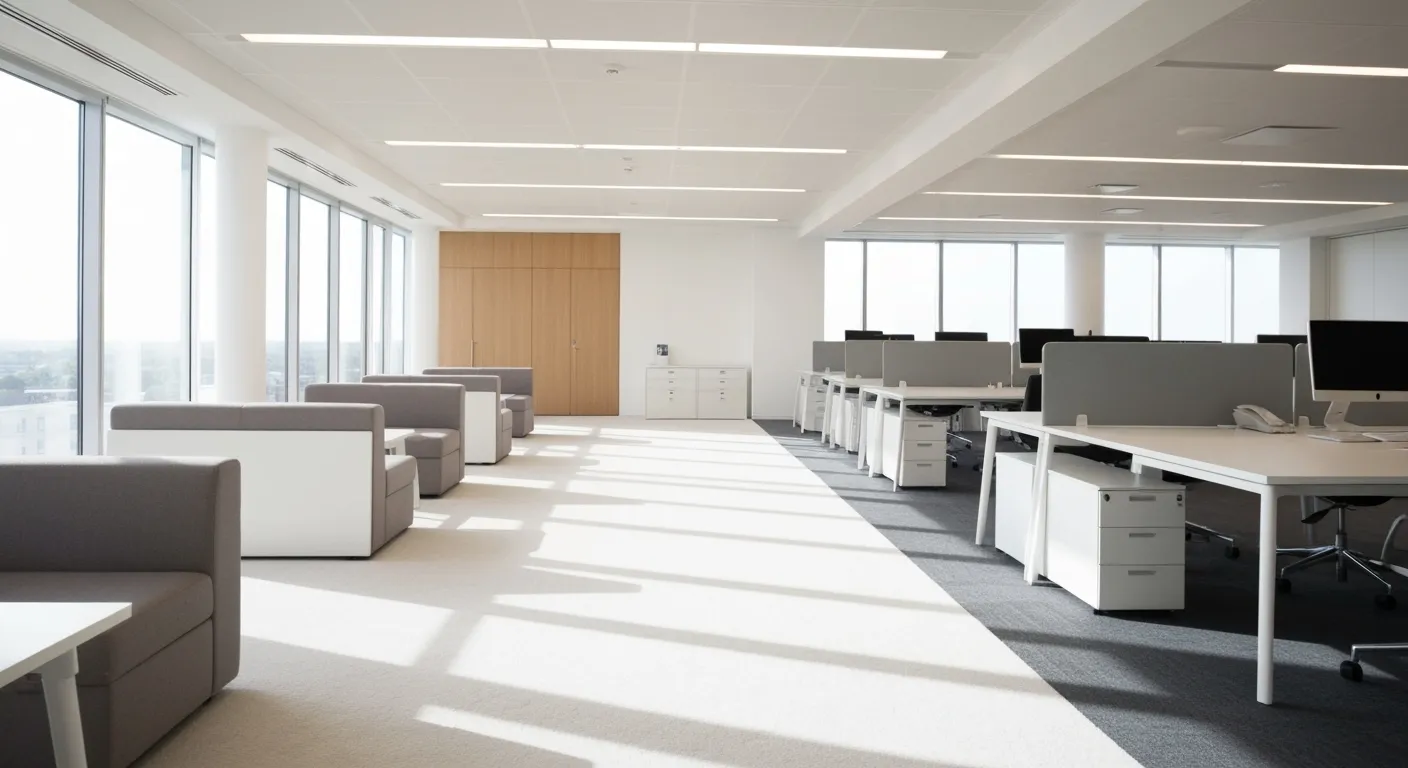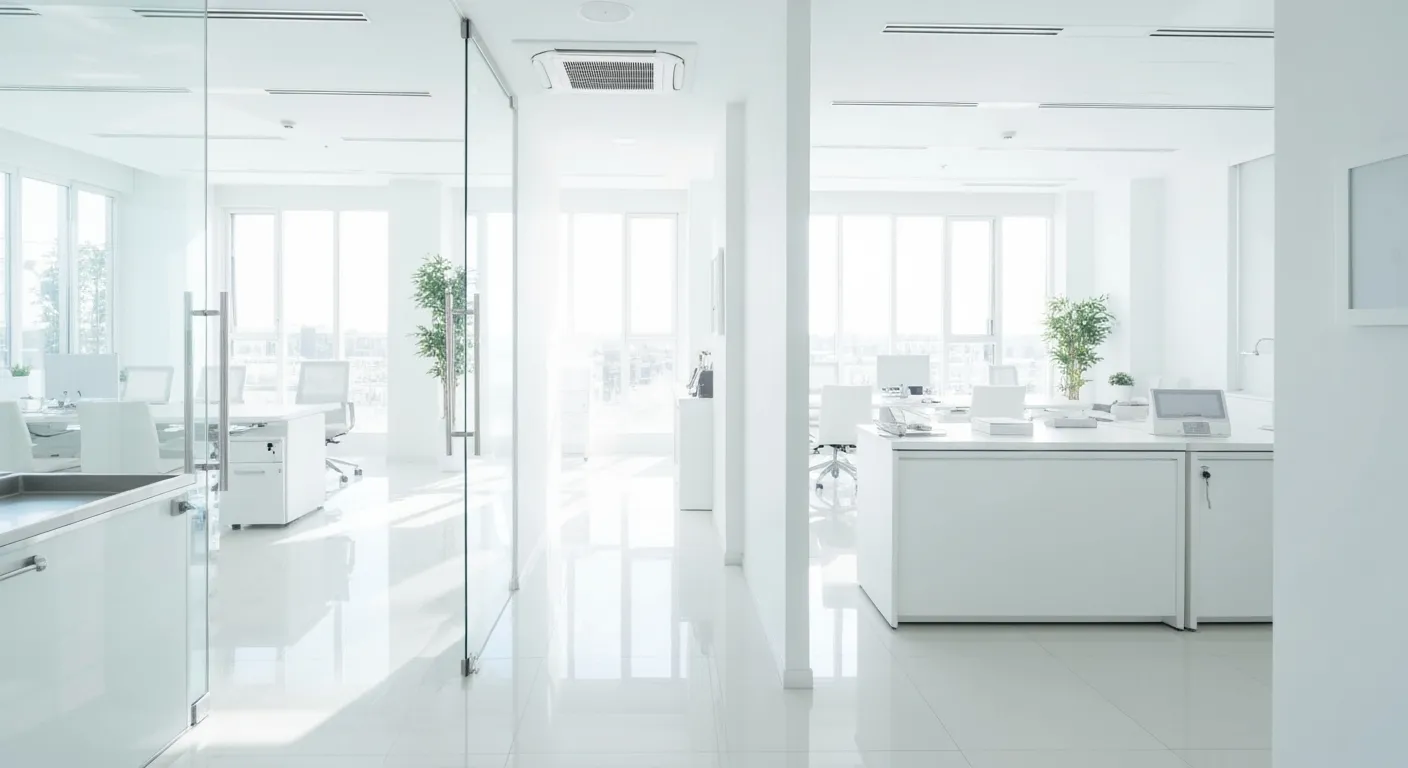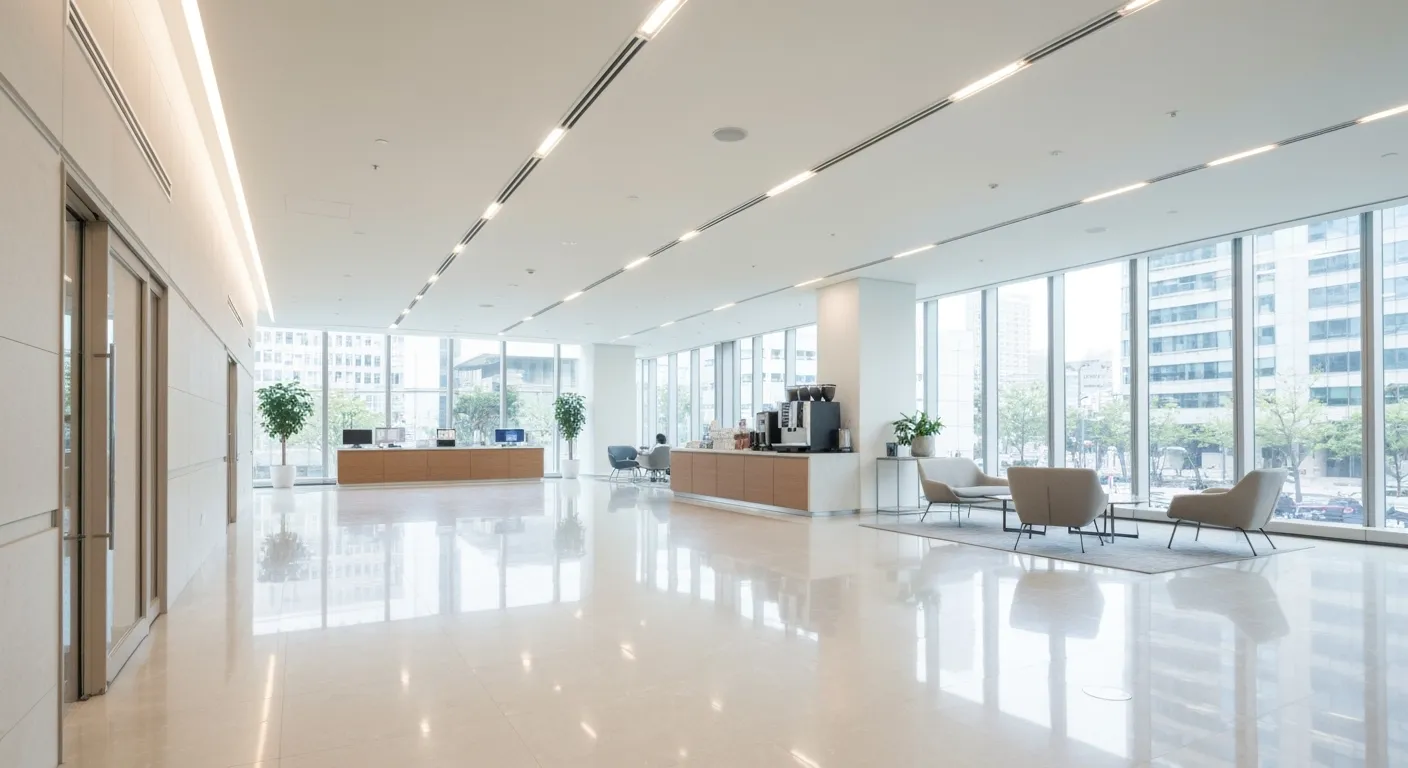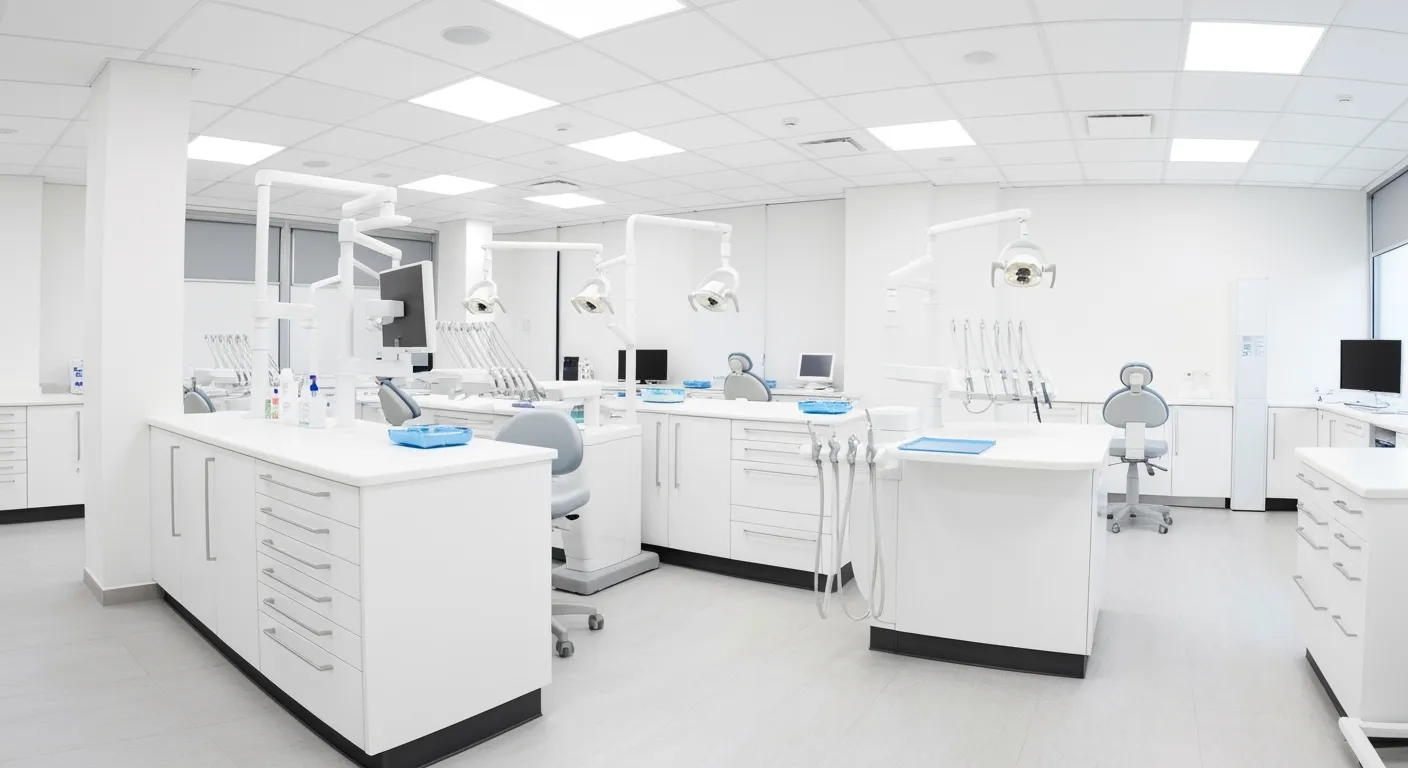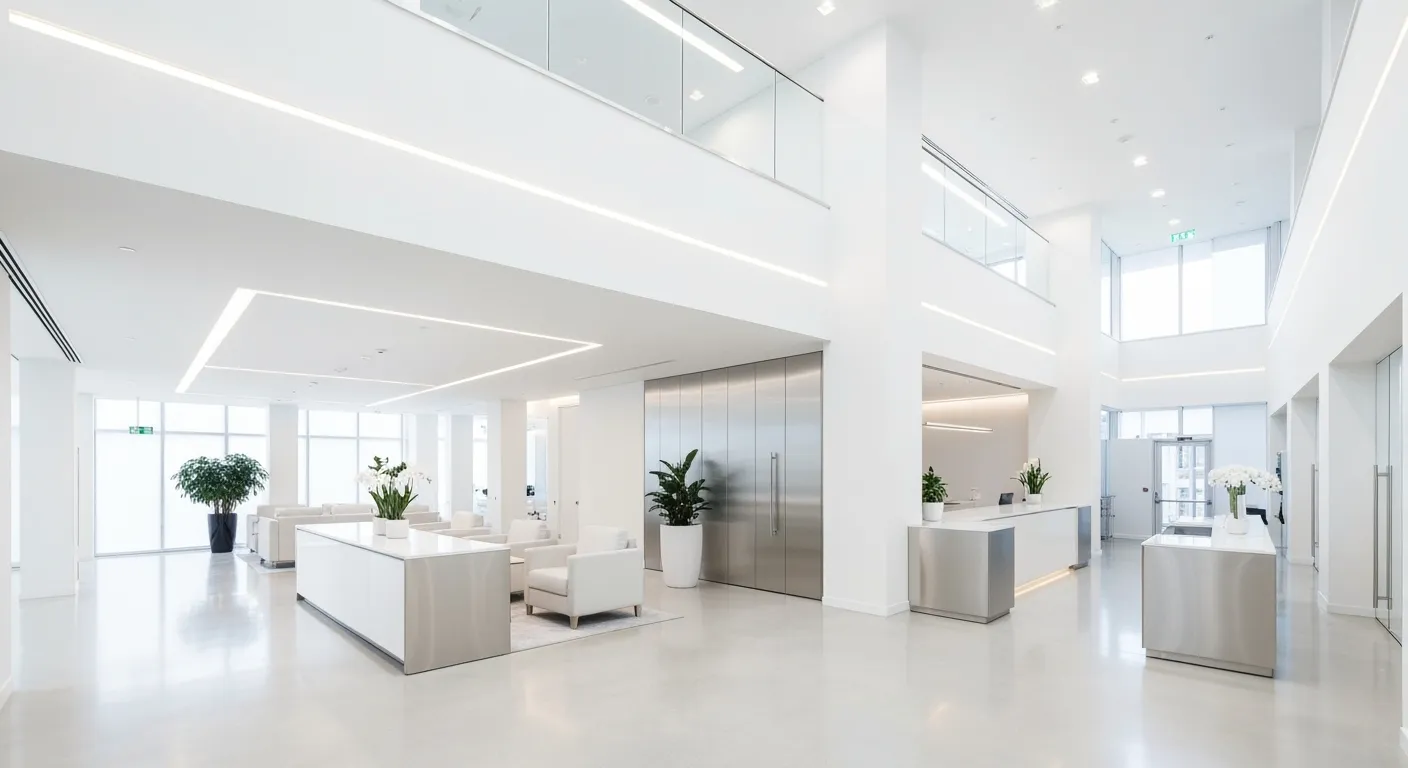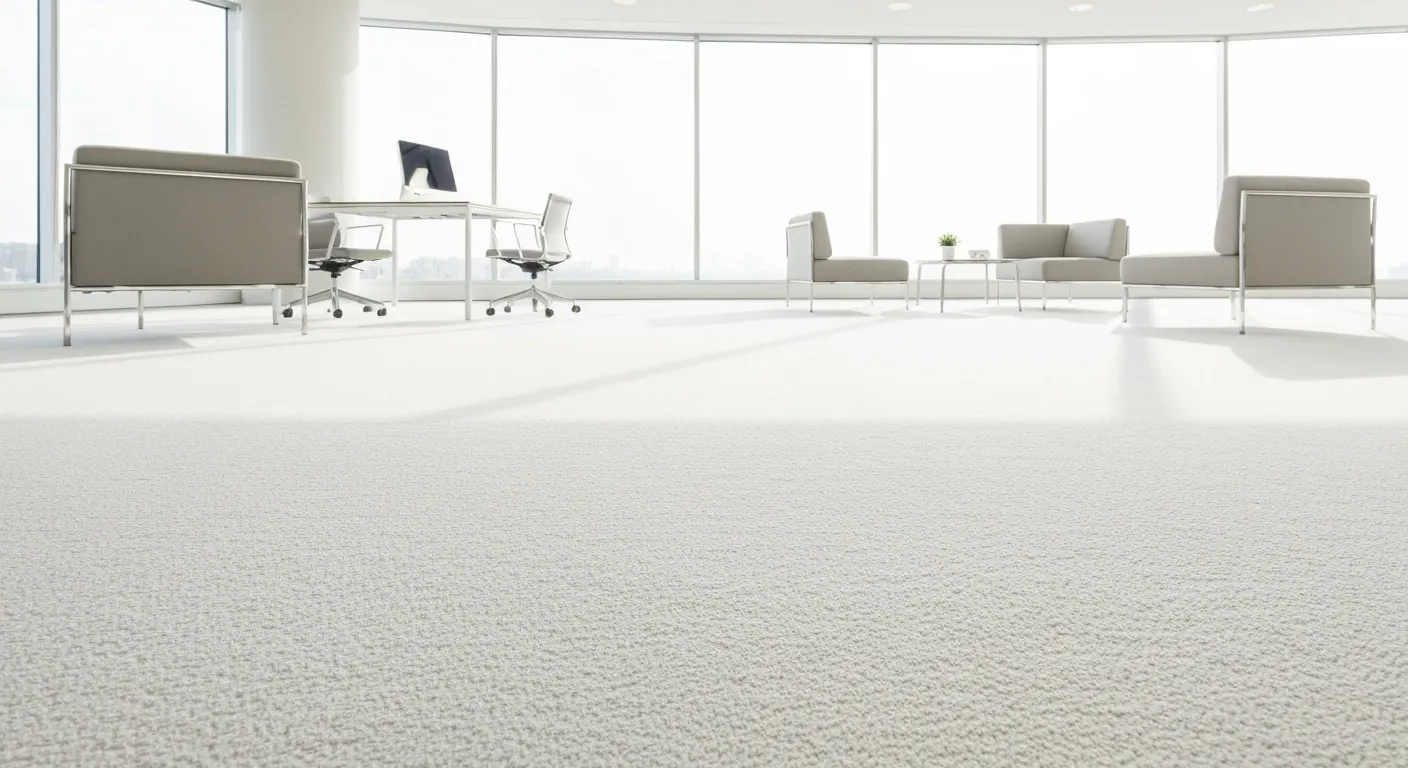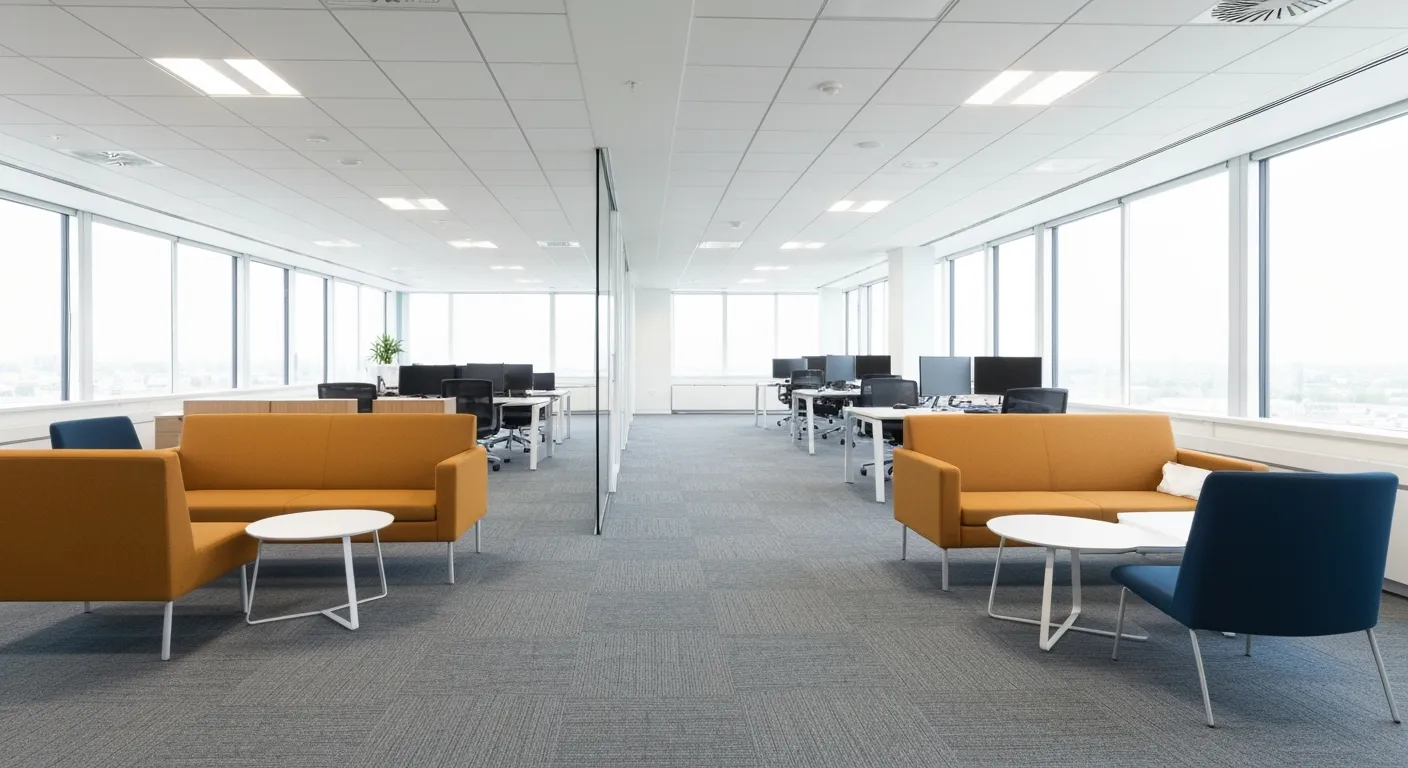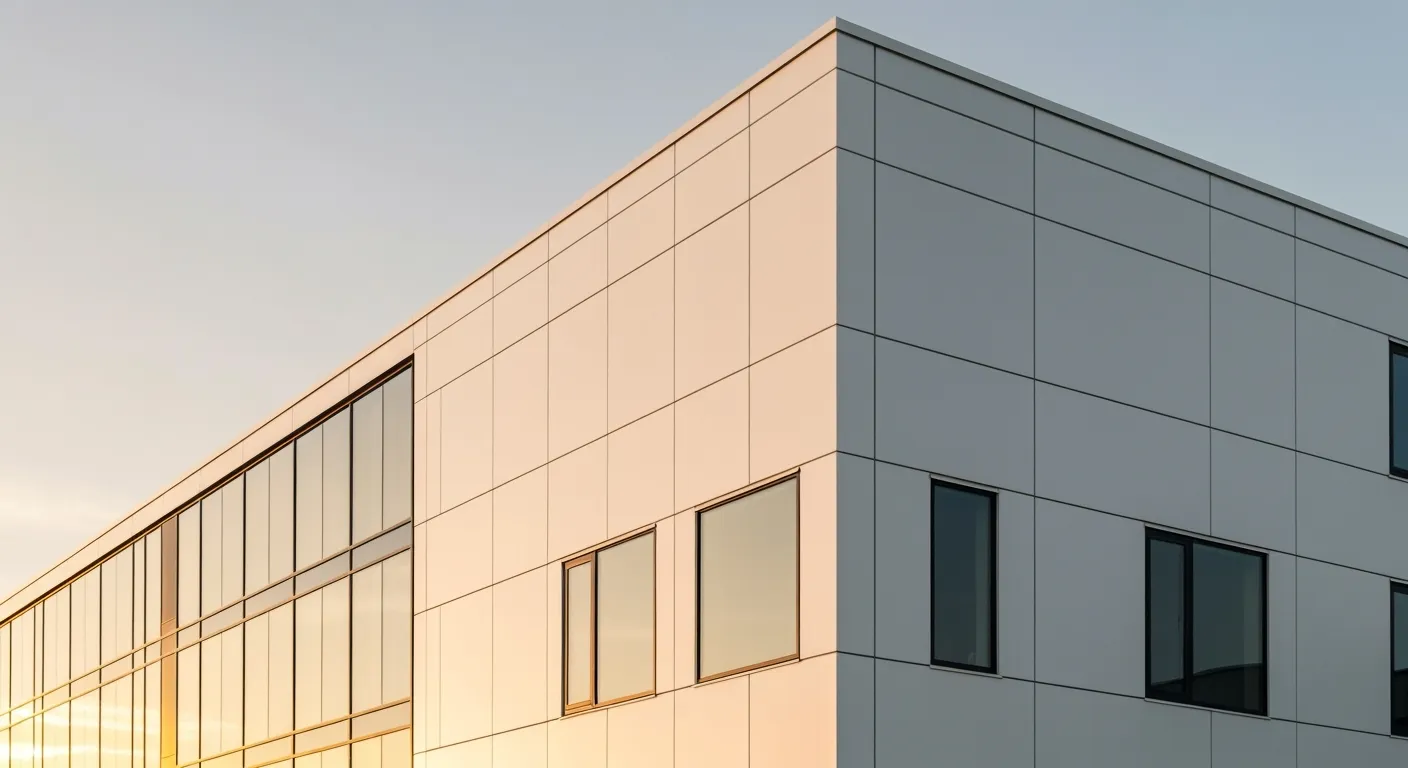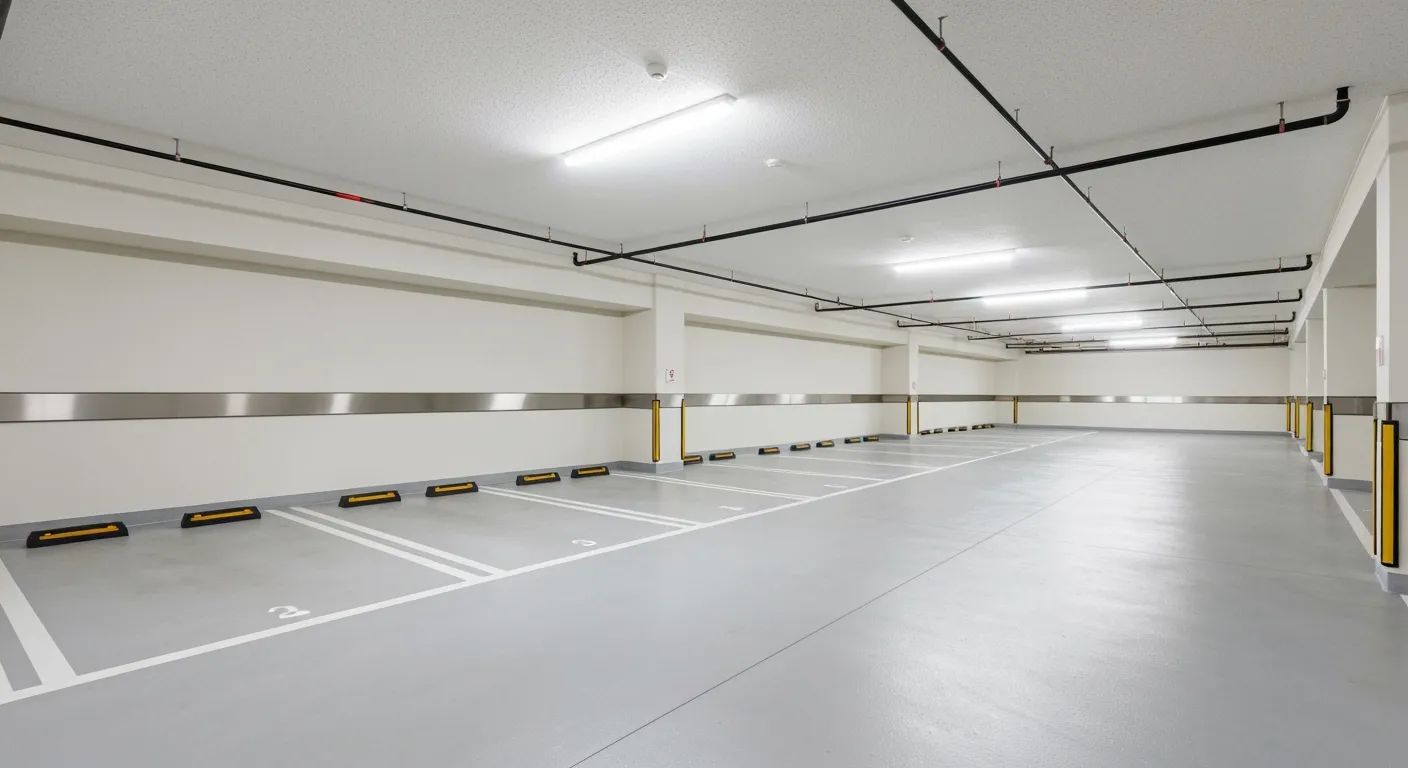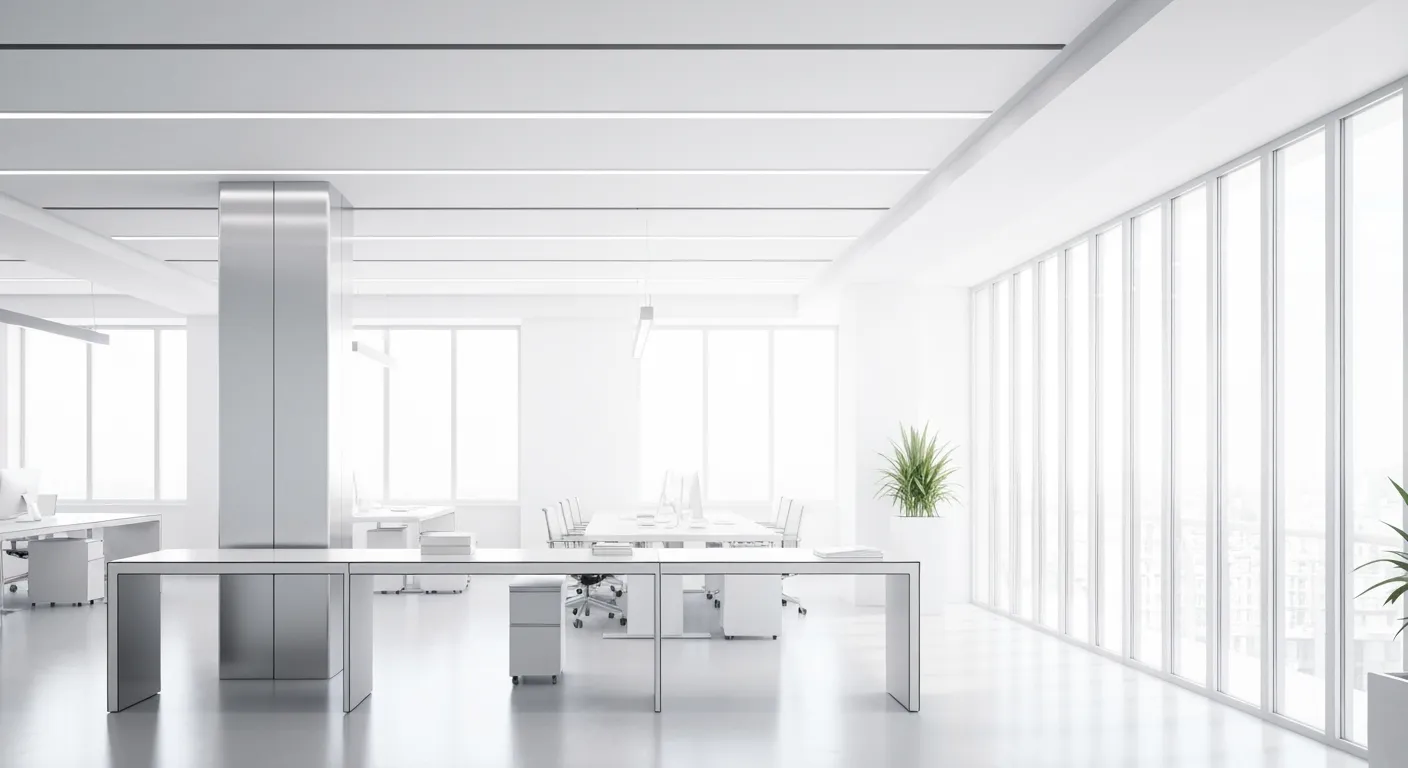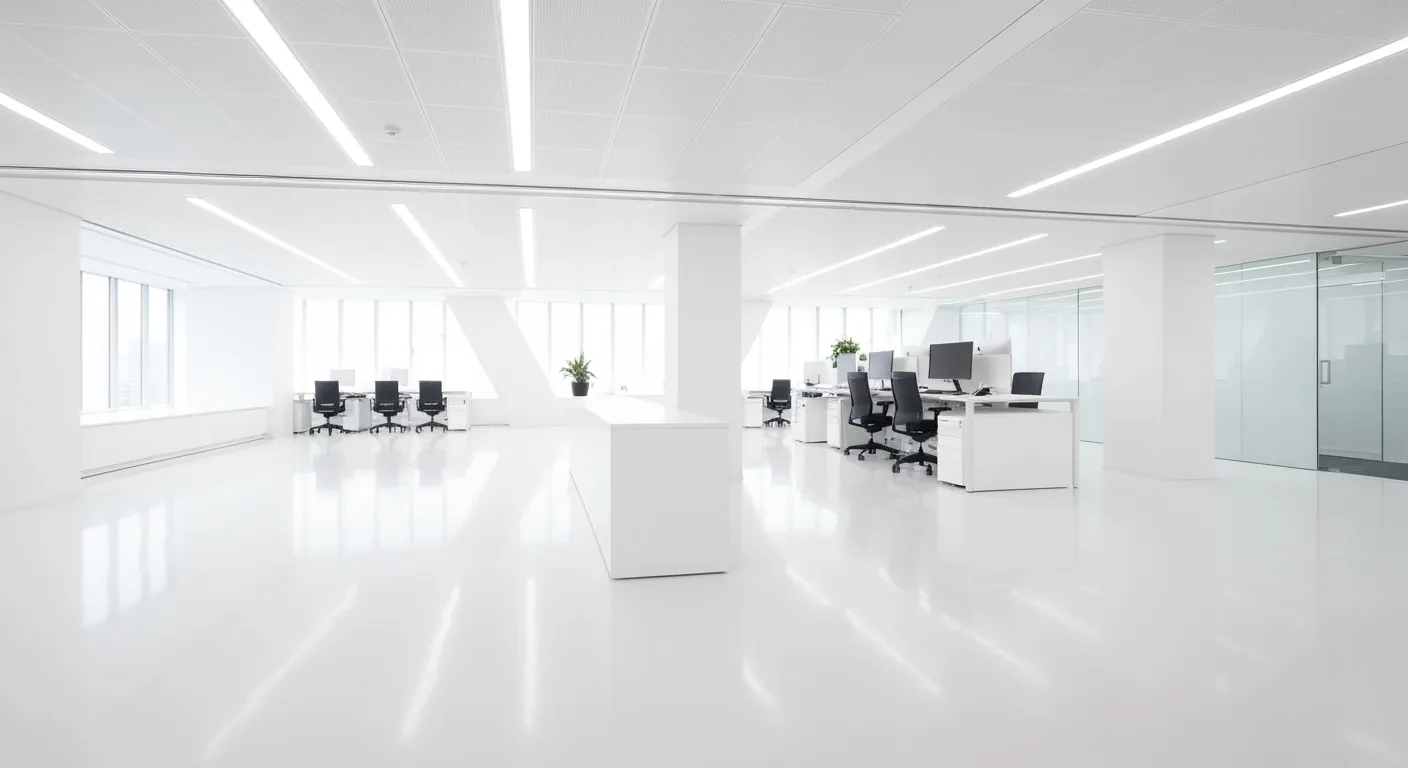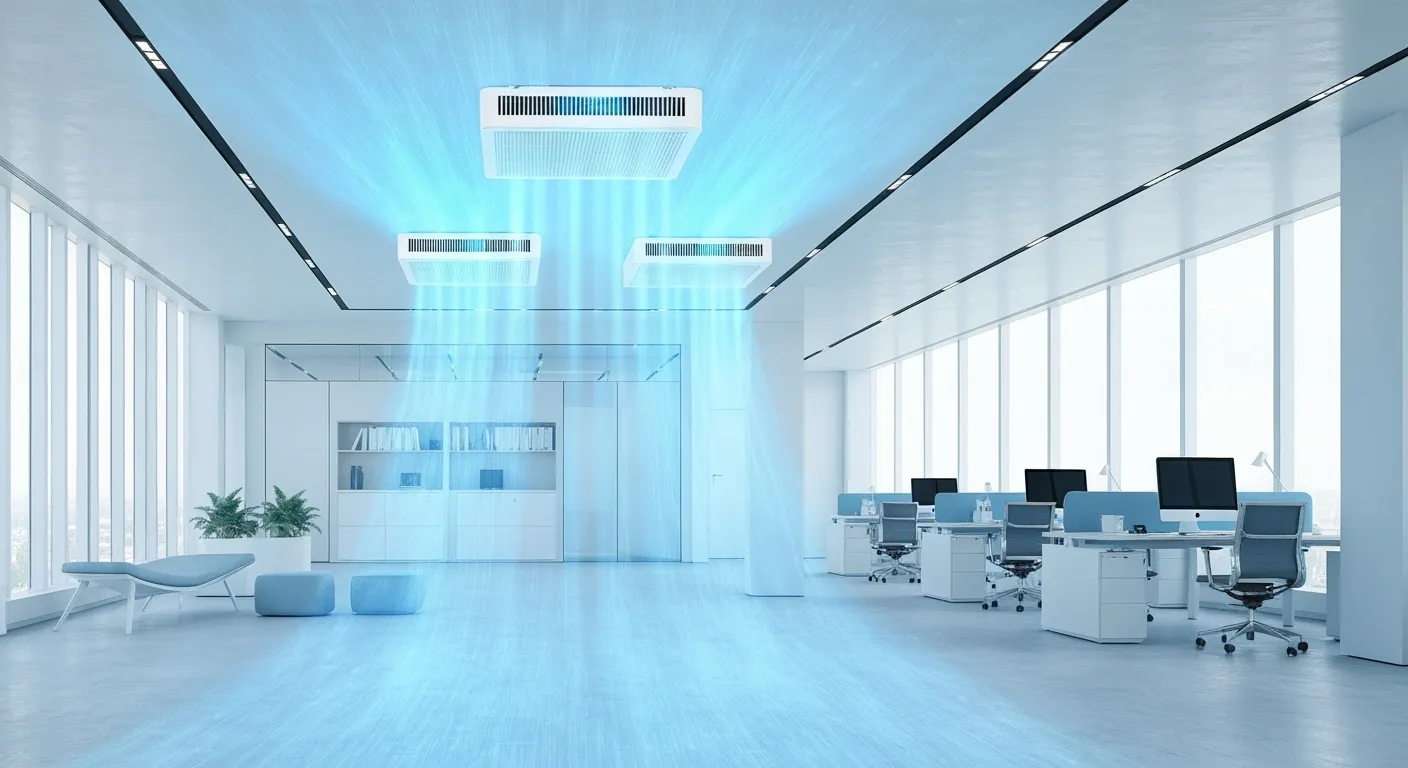What Percentage of Businesses Use Professional Janitorial Services for Health Compliance?
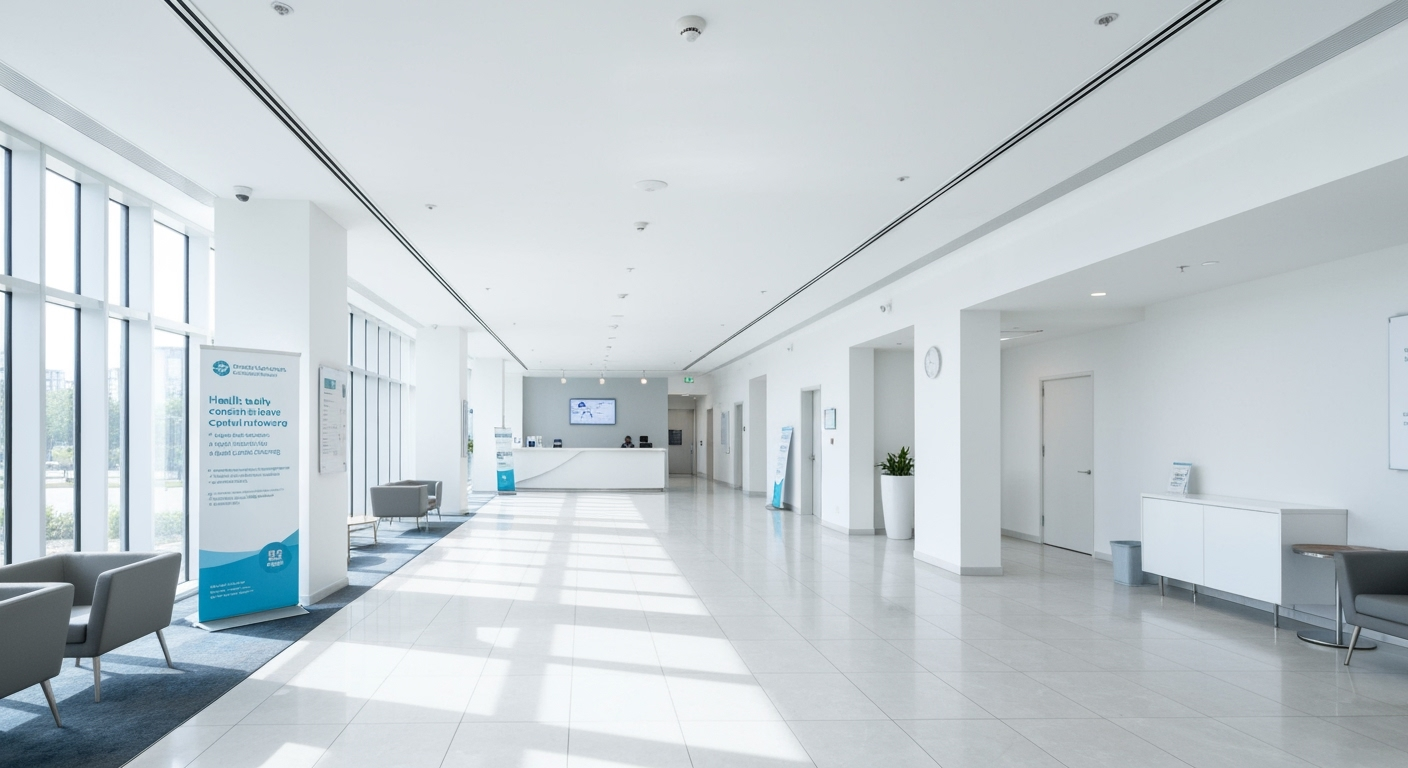
Setting the Scene: The Critical Role of Janitorial Services in Health Compliance
As businesses navigate increasingly stringent health and safety regulations, the reliance on professional janitorial services has become pivotal. This article delves into the adoption rates of such services across industries, their essential role in health compliance, market trends, and best practices, with a spotlight on healthcare and other regulated sectors. We explore how professional cleaning not only safeguards public health but also bolsters businesses' operational efficiencies and compliance standings.
Defining Professional Janitorial Services Versus Routine Cleaning
What distinguishes professional janitorial services from everyday cleaning?
Professional janitorial services are essential for maintaining high standards of cleanliness, especially in environments where hygiene is critical, such as healthcare facilities, schools, and public spaces. These services go beyond basic cleaning chores by adopting a comprehensive approach that includes deep sanitation, specialized techniques, and the use of advanced equipment.
Routine daily cleaning, typically performed by in-house staff, usually involves simple tasks like dusting, vacuuming, mopping, and trash collection. While necessary, these chores generally focus on superficial dirt removal and do not target pathogens or prevent disease transmission.
In contrast, janitorial services are scheduled and designed to ensure thorough cleanliness. They often incorporate deep cleaning processes like disinfecting high-touch surfaces, applying electrostatic sprays, and utilizing HEPA-filtered vacuums. These services are particularly vital for sensitive or regulated environments, such as clinics or laboratories, where strict sanitation protocols are mandatory.
The scope of professional services also includes floor maintenance, restroom hygiene, waste management, and sometimes minor repairs. Trained personnel employ industry-specific techniques and comply with safety standards, including OSHA and health regulations, to deliver effective infection control. This systematic, skilled approach ensures the environment remains safe, compliant, and healthy.
In summary, while routine cleaning keeps spaces appearing tidy, professional janitorial services are comprehensive, specialized, and essential for achieving and maintaining the highest standards of hygiene in complex and sensitive settings.
The Importance of Professional Janitorial Services in Health and Safety Standards
How important are professional janitorial services in maintaining health and safety standards across industries?
Professional janitorial services are essential for upholding high health and safety standards within various sectors. They ensure environments remain clean and free from harmful pathogens, significantly lowering contamination and infection risks. In healthcare, food production, and high-traffic public spaces, rigorous cleaning and disinfecting are mandated by regulations. Employing trained experts who follow evidence-based protocols minimizes the chances of disease spread, especially in areas prone to infections.
These services also play a key role in ensuring compliance with regulations set by OSHA and other authorities. OSHA standards require employers to provide safe working environments by controlling hazards such as chemical exposure, slips, trips, and falls. Professional janitorial teams adhere to these guidelines by using proper equipment, PPE like gloves and masks, and following safe handling procedures.
Furthermore, these services help protect janitorial staff from workplace risks through continuous training and safety policies. They are trained in proper chemical handling, the use of safety gear, and emergency procedures. This not only reduces accidents but also enhances overall worker well-being.
In summary, professional janitorial providers are vital for maintaining safe, healthy environments. Their diligent cleaning, adherence to safety protocols, and regulatory compliance help safeguard employees and the public, promoting trust and health in many industries.
Industry Trends and Best Practices for Health-Compliant Cleaning
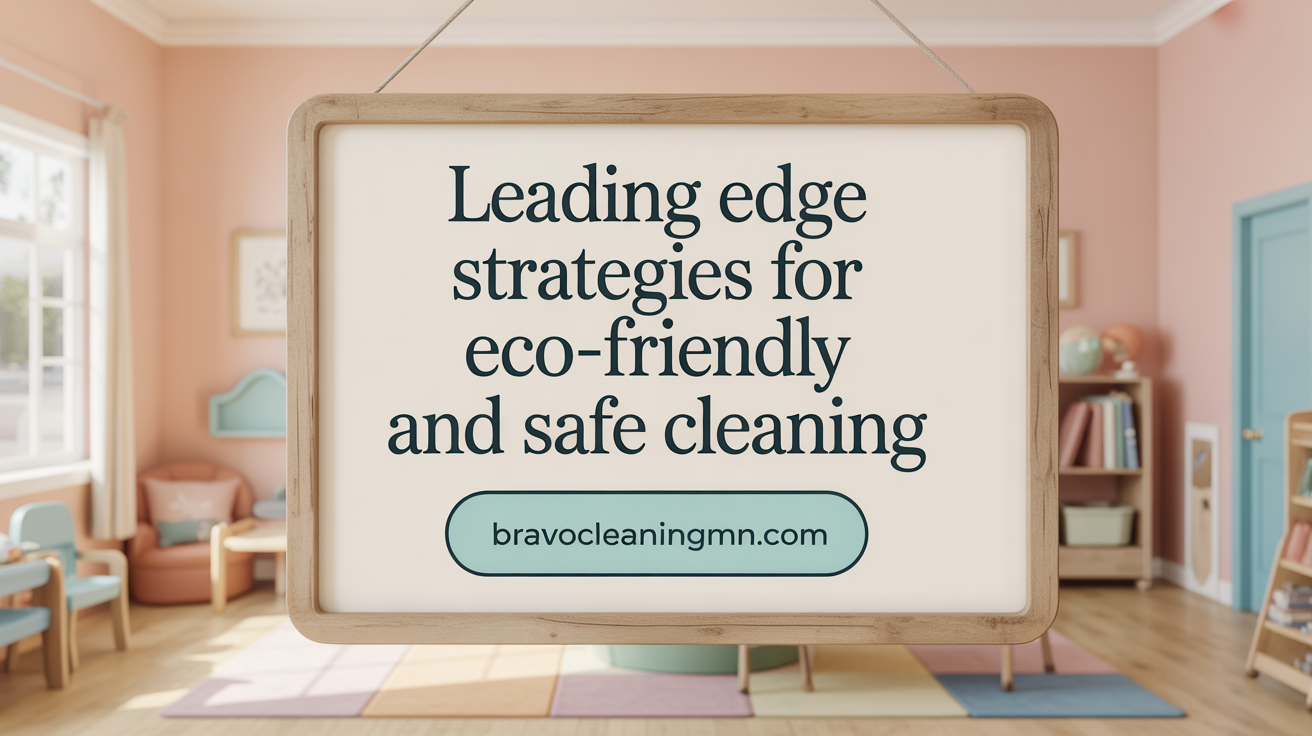
What are the industry trends and best practices for maintaining health-compliant cleaning standards?
Current industry trends focus heavily on integrating strict regulatory standards with innovative cleaning strategies to promote health and safety. Regulatory frameworks like OSHA create baseline safety requirements, emphasizing proper chemical handling, PPE use, and hazard management. Additionally, industry-specific guidelines, such as those from ISSA, advocate for best practices tailored to different environments, including healthcare, food services, and public spaces.
A significant trend is the use of microbiological monitoring to track surface cleanliness. Regular microbial testing and benchmarks—such as acceptable levels of bacteria or viruses on surfaces—help assess the effectiveness of cleaning routines and highlight areas needing improvement.
Staff training forms the backbone of achieving compliance. Modern training programs educate janitorial staff on infection control, safe chemical use, PPE protocols, and proper cleaning techniques. Well-trained teams are better equipped to handle hazardous materials safely while maintaining high hygiene standards.
Another emerging focus is environmental sustainability. Many facilities adopt eco-friendly disinfectants that meet health standards, reducing chemical exposure risks for workers and occupants. These green cleaning agents are often EPA-approved and contribute to healthier indoor environments.
Advanced cleaning technologies further enhance compliance efforts. Equipment such as HEPA-filter vacuums, electrostatic sprayers, and UV-C disinfecting devices improve sanitation efficacy, especially in sensitive areas like hospitals or food processing plants.
In summary, contemporary practices meld regulatory adherence with technological innovation and staff competency, creating robust frameworks for health-conscious cleaning. These strategies not only meet legal standards but also support ongoing improvements in hygiene, safety, and environmental responsibility across industries.
Market Size, Segmentation, and Growth Trends of Professional Janitorial Services

What is the current market size and projected growth of the janitorial services industry?
The global industry of janitorial services was valued at approximately USD 288.76 billion in 2024. According to forecasts, it is expected to grow to about USD 367.48 billion by 2030, which represents a compound annual growth rate (CAGR) of 4.2% from 2025 through 2030.
Focusing on the United States, the market was estimated at around USD 78.17 billion in 2023. It is projected to reach USD 94.15 billion by 2030, with a steady CAGR of nearly 2.8% to 2.9%. The major drivers behind this growth include increasing hygiene standards, expanding healthcare and commercial sectors, and the rising adoption of eco-friendly cleaning practices.
How are the market segments divided?
The industry primarily divides into commercial and residential services. The commercial segment accounts for about 89% of current revenue, reflecting the high demand from offices, healthcare facilities, hotels, and retail outlets. Conversely, residential services, while smaller in market share, are experiencing faster growth rates, approximately 3.5% to 4.9% CAGR, driven by rising consumer awareness and the desire for professional cleanliness at home.
Which regions lead in this market?
North America remains the dominant leader, holding the largest portion of global revenue supported by ongoing commercial construction, heightened health regulations, and stringent infection control standards. Meanwhile, the Asia Pacific region is also witnessing significant expansion driven by rapid urbanization, industrial growth, and increased investments in infrastructure.
What factors are fueling this expansion?
The growth is primarily driven by sectors like healthcare—where stringent hygiene regulations necessitate professional cleaning—as well as regulatory requirements in food service, hospitality, and healthcare industries. Elevated emphasis on health, safety protocols, especially post-pandemic, and the transition to green cleaning methods further bolster industry expansion.
| Segment | Market Share (2024) | Growth Rate (CAGR) | Main Drivers |
|---|---|---|---|
| Commercial Services | 89% | 4.2% | Office spaces, healthcare, hospitality, and regulations |
| Residential Services | Smaller share, faster growth | 3.5%-4.9% | Rising consumer demand, lifestyle improvements |
| Regional Leaders | North America, Asia Pacific | Varies | Construction booms, urbanization, regulatory standards |
This evolving market underscores the importance of professional janitorial services in maintaining hygiene, improving health outcomes, and supporting regulatory compliance across various sectors globally.
Workforce Challenges: High Turnover and Its Effects on Service Quality
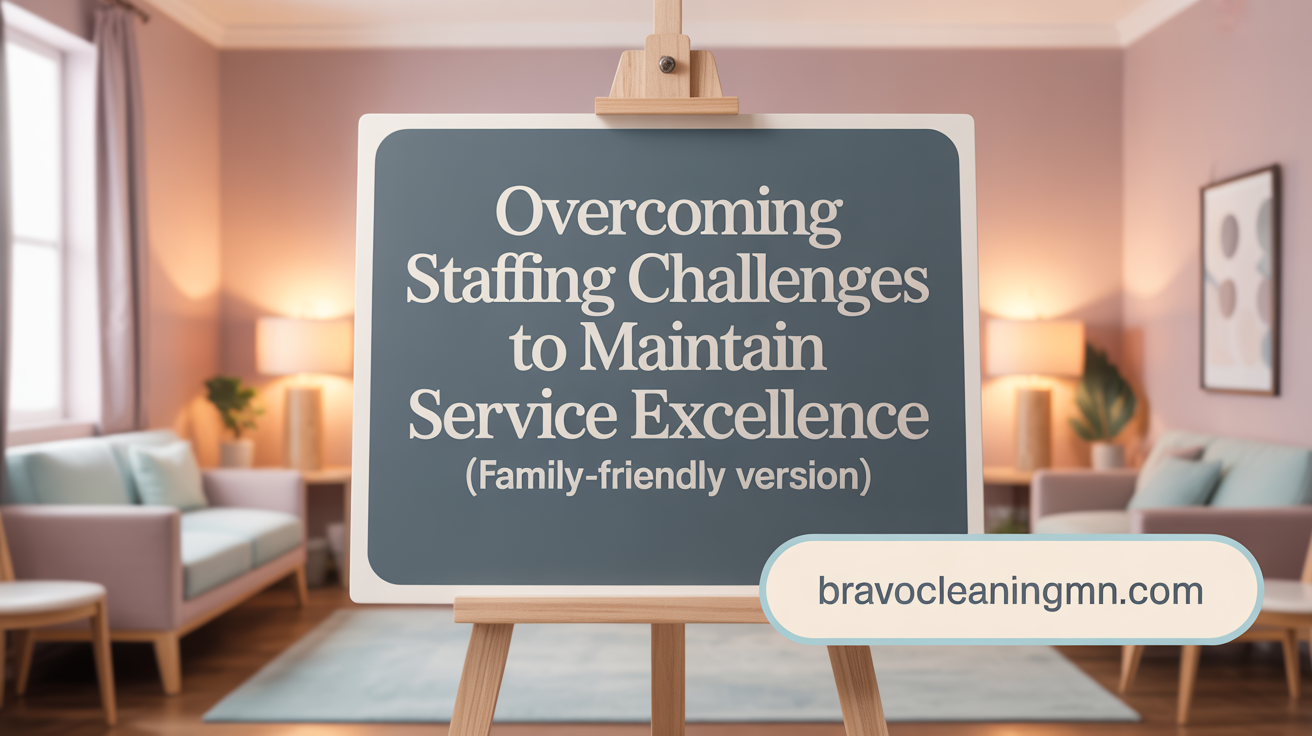
What is the average turnover rate in the janitorial services industry, and what challenges does this pose?
The average turnover rate in the janitorial services industry hovers around 200% annually. This means that, on average, companies replace their staff twice every year. Such a high churn rate presents several challenges.
One major issue is inconsistency. When staff frequently change, maintaining a uniform level of cleaning quality becomes difficult. Variations in staff expertise and familiarity with specific protocols can lead to gaps in sanitation, especially in sensitive sectors like healthcare or food services.
Safety risks are another concern. New or untrained workers might not fully understand safety procedures, which increases the likelihood of accidents such as slips, trips, falls, or chemical exposures. These incidents not only endanger staff but can also compromise sanitary standards.
Additionally, high turnover elevates operational costs. Companies spend significant resources on recruiting, onboarding, and training new employees repeatedly. This expense can impact overall profitability and the ability to invest in advanced cleaning technologies.
Client satisfaction is often negatively affected when service quality varies or becomes unreliable due to staffing issues. Particularly in industries where hygiene standards are legally mandated, consistent and professional service is essential.
To combat these challenges, many janitorial firms are turning to staffing agencies. These agencies provide flexible solutions by supplying trained, compliant workers who are ready to deploy. Alongside external staffing, companies are adopting strategies such as offering competitive benefits, providing comprehensive onboarding, recognizing employees to boost morale, and fostering positive work environments to improve staff retention.
In summary, effectively managing workforce stability is crucial. Stable, well-trained teams help ensure high-quality cleaning, safety compliance, and cost control, which collectively sustain client trust and operational excellence.
Role of Professional Cleaning in Healthcare and Medical Facility Sanitation
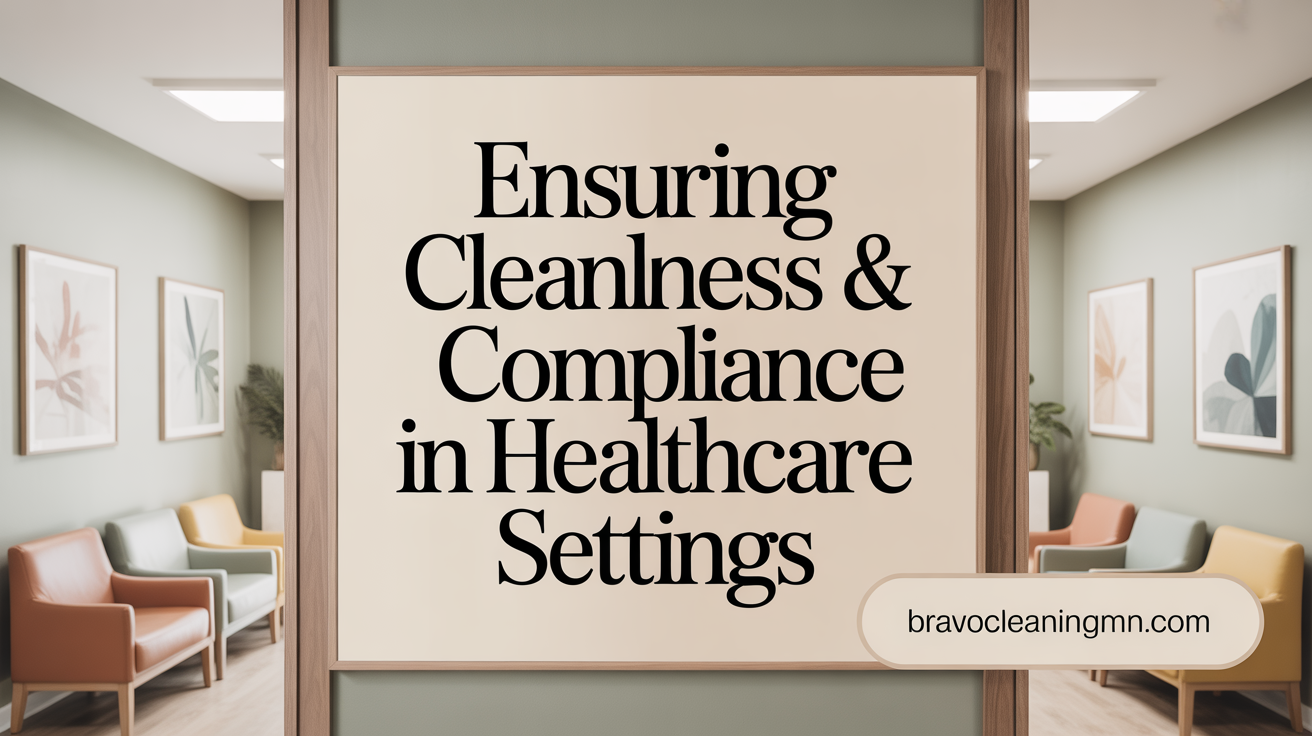
What is the role of professional cleaning services in healthcare and medical facility sanitation for regulation adherence?
Professional cleaning services are vital for maintaining strict hygiene standards required in healthcare environments. They ensure compliance with health regulations through advanced sanitation techniques and regular assessments.
In healthcare settings, these services employ multiple methods to combat harmful pathogens. They use evidence-based protocols involving microbiological monitoring and innovative disinfection technologies such as UV-C light and hydrogen peroxide vapor. These approaches help reduce surface bioburden—the level of microorganisms present on surfaces—and eliminate environmental reservoirs of dangerous bacteria like MRSA, Clostridium difficile, and Acinetobacter baumannii.
Regular staff training and audits are integral parts of these services to verify that cleaning standards align with regulatory requirements. Microbiological sampling and fluorescent marking are used for validation, enabling continuous improvement.
By adopting multimodal cleaning protocols, including color-coded tools to prevent cross-contamination, and using EPA-approved disinfectants, professional cleaning companies support healthcare facilities in creating safer environments. These efforts not only block infection spread but also demonstrate a commitment to regulatory compliance.
Ultimately, these specialized services uphold patient safety, reduce healthcare-associated infections (HAIs), and help hospitals meet increasingly rigorous sanitation standards set by agencies such as OSHA and the CDC. Partnering with experienced providers ensures that healthcare facilities operate within legal parameters while delivering confident, high-quality care.
Adoption Rates of Professional Janitorial Services Across Industries
Prevalence in Healthcare, Food Service, Commercial, and Educational Sectors
Professional janitorial services are widely adopted across various industries, especially in healthcare, food service, commercial, and educational sectors. In healthcare, stringent hygiene standards set by regulations such as OSHA and the Bloodborne Pathogens Standard make outsourced cleaning essential to meet safety and infection control protocols. Food service establishments are required to adhere to rigorous sanitation standards mandated by agencies like the FDA and FSMA, prompting a high reliance on specialized cleaning providers. Commercial offices and retail outlets increasingly outsource janitorial work to maintain consistent cleanliness and project a professional environment. Educational institutions, including schools and universities, rely on these services to ensure high-touch surfaces are disinfected regularly, reducing the risk of disease transmission. This widespread adoption underscores the importance of professional cleaning in maintaining regulatory compliance and safeguarding health.
Drivers for Outsourcing Cleaning Tasks
Several factors motivate organizations to hire professional janitorial services. Cost efficiency is significant; outsourcing often reduces expenses related to wages, benefits, supplies, and equipment management when compared to maintaining in-house teams. Compliance with strict health and safety regulations, especially post-pandemic, has also heightened the need for specialized cleaning expertise. Additionally, the use of advanced equipment and environmentally friendly disinfectants ensures higher efficacy and sustainability. Flexibility and scalability are appealing to businesses experiencing fluctuating demands, while access to trained personnel familiar with industry standards boosts overall sanitation quality. Many companies prefer outsourcing to focus on their core activities while ensuring safety and hygiene through expert partners.
Benefits of Professional Services for Compliance and Cost Efficiency
Partnering with professional janitorial providers aids organizations in meeting complex regulatory standards effectively. These companies employ EPA-approved disinfectants and utilize high-performance equipment such as HEPA vacuums and electrostatic sprayers, ensuring thorough sanitation. Quality assurance processes, including checklists and supervision, help maintain consistent standards. Cost savings are evident when considering the expenses associated with in-house cleaning staff, training, and equipment maintenance. Outsourced cleaning services also provide flexibility to adjust service levels as needed, avoiding unnecessary expenditures during periods of low activity. This approach not only ensures compliance but also streamlines cleaning operations.
Impact on Illness Reduction and Operational Productivity
Effective professional cleaning significantly impacts health outcomes within organizations. Regular disinfection of high-touch surfaces—door handles, light switches, and shared devices—reduces pathogen transmission, which can lower illness-related absenteeism by up to 25%. Studies demonstrate that proper sanitation contributes to a healthier work environment, reducing the spread of common illnesses like colds, flu, and stomach viruses. Additionally, a cleaner workspace boosts employee morale and productivity, with some estimates indicating up to an 80% reduction in sick days. This overall improvement in health standards supports continuous operations, enhances organizational reputation, and fosters a safer community environment.
Benefits and Outcomes of Professional Janitorial Services for Business Health Compliance
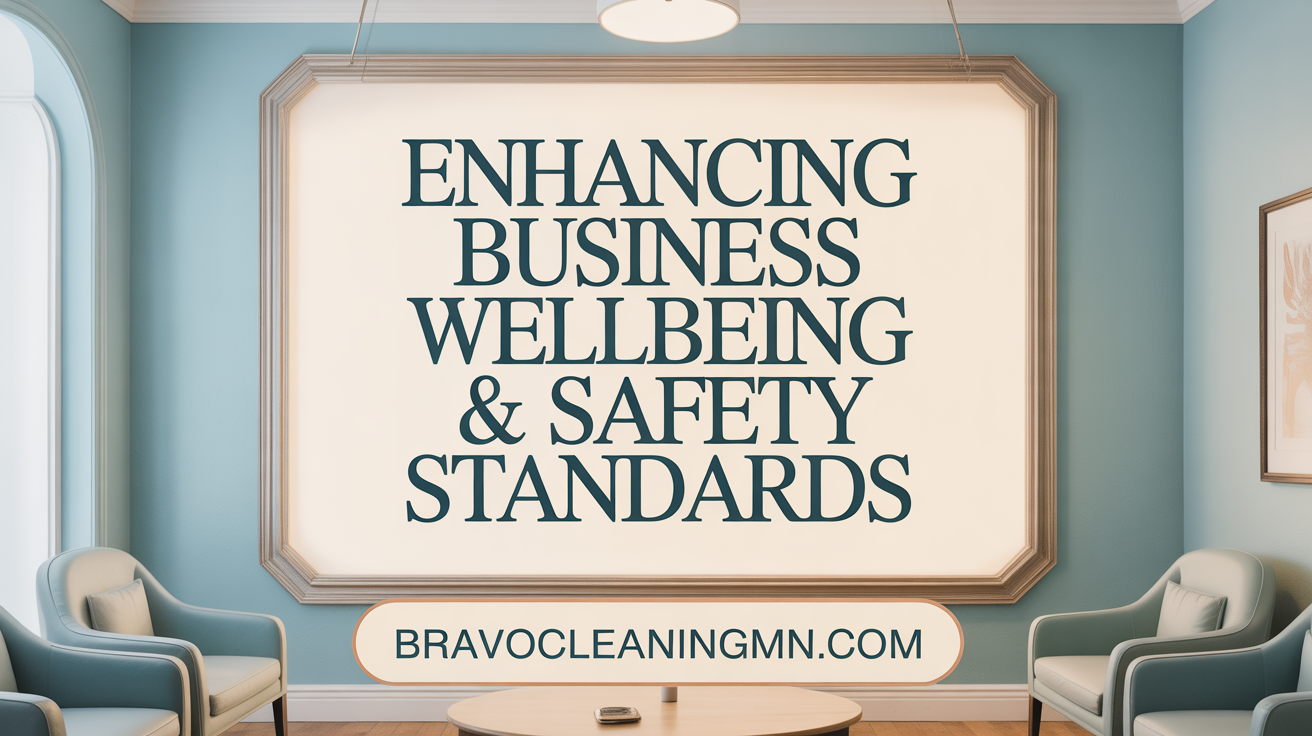
How do professional janitorial services reduce employee absenteeism and sick days?
Regular and thorough cleaning by professional services can cut sick days by up to 80%. This is mainly because consistent disinfection of high-touch surfaces and microbial control help prevent the spread of illnesses such as colds, flu, and stomach viruses. When workplaces maintain high hygiene standards, employees stay healthier and take fewer days off.
What improvements do professional cleaning services bring to indoor air quality and disease prevention?
Using advanced tools like HEPA vacuums and microfiber cloths, professional cleaners remove dust, allergens, and pathogens from indoor environments. Techniques such as electrostatic spraying and UV light disinfection enhance sanitation efforts. These practices significantly reduce airborne contaminants and surface germs, lowering the risk of disease transmission and creating healthier workplaces.
How can professional janitorial services enhance an organization’s reputation?
A spotless environment projects professionalism and care, boosting client confidence and staff morale. Regular maintenance of appearance standards, along with adherence to health regulations, demonstrates an organization’s commitment to safety and quality. This trust can attract more clients and improve overall brand perception.
What makes cleaning solutions flexible and scalable?
Professional janitorial providers offer adaptable services that cater to changing needs, whether scaling up during peak periods or customizing cleaning routines for sensitive areas like hospitals or food facilities. This flexibility ensures ongoing compliance with hygiene standards without disrupting daily operations.
| Benefit | Description | Impact |
|---|---|---|
| Reduced Absenteeism | Fewer germs spread on surfaces | Improved productivity |
| Better Air Quality | Removal of allergens and pathogens | Healthier indoor environments |
| Positive Image | Clean and maintained spaces | Increased client trust |
| Scalable Services | Adjusts to business demands | Cost-effective and compliant |
Choosing professional cleaning services thus not only maintains regulatory standards but also promotes a healthier, more trustworthy workspace. Proper sanitation directly contributes to lowering sick days and enhancing organizational reputation, ultimately supporting sustained business success.
Sustainability and Innovation in Health-Focused Janitorial Services
Use of Green-Certified Cleaning Products and Eco-Friendly Practices
Modern janitorial services are increasingly adopting environmentally friendly strategies. This includes the use of green-certified cleaning products that reduce chemical exposure for workers and building occupants. These products are designed to be biodegradable and non-toxic, supporting overall health and safety while minimizing environmental impact.
Additionally, eco-friendly practices involve water-smart cleaning methods, energy-efficient equipment, and waste reduction techniques. By implementing these strategies, cleaning companies not only promote sustainability but also create healthier indoor environments that are free from harmful chemical residues.
Incorporation of Advanced Disinfection Technologies
Technological innovation plays a vital role in enhancing cleaning efficacy, especially in high-risk settings like hospitals and schools. Techniques such as UV-C light disinfection and electrostatic spraying allow for deep, effective germ elimination on surfaces. HEPA-filter vacuums help trap airborne particles, improving air quality.
These advancements ensure thorough disinfection, reduce the spread of pathogens, and support compliance with strict health standards. Such technologies are vital in preventing disease outbreaks and enhancing overall infection control.
Digital Tools for Quality Assurance and Audits
To maintain high standards, janitorial services are leveraging digital tools. Digital logs and checklists record cleaning activities, providing transparent documentation for audits and regulatory reviews. Smart sensors and mobile apps enable supervisors to monitor real-time performance, ensure adherence to protocols, and identify areas needing improvement.
This data-driven approach guarantees consistent quality, helps in tracking progress, and demonstrates accountability, all while supporting continuous improvement in hygiene standards.
Tailoring Protocols to Different Facility Types and Risk Profiles
Cleaning protocols are customized to meet the specific needs of diverse environments. Schools, healthcare facilities, airports, and industrial sites each face unique risks and regulatory requirements. Professional janitorial services assess these factors to develop specialized cleaning routines.
For example, healthcare settings require deep disinfection of sensitive areas, while schools focus on high-touch surface cleaning to prevent illness spread. Adapting procedures ensures maximum effectiveness, complies with local regulations, and promotes healthier spaces across all types of facilities.
| Practice Area | Technologies & Methods | Benefits | Additional Notes |
|---|---|---|---|
| Green Cleaning | Eco-certified products, water-smart methods | Reduced chemical exposure, environmental impact | Supports sustainability goals |
| Disinfection Technologies | UV-C, electrostatic sprayers, HEPA vacuums | Effective pathogen control, air quality improvement | Essential in healthcare and high-risk zones |
| Digital Monitoring | Electronic checklists, real-time performance tracking | Consistent quality, accountability | Facilitates audits and reporting |
| Custom Protocols | Facility-specific disinfection routines | Enhanced safety, regulatory compliance | Ensures facility needs are met |
By integrating sustainable practices with innovative technology and tailored protocols, janitorial services strengthen health defenses in any environment, ensuring cleaner, safer, and greener spaces for all.
Summarizing the Critical Role and Growing Adoption of Professional Janitorial Services
The increasing reliance on professional janitorial services underscores their essential role in meeting health compliance standards across industries. From healthcare to commercial sectors, these services go beyond routine cleaning to implement advanced sanitization protocols, ensuring safer environments and regulatory adherence. The janitorial services market continues to expand steadily, driven by growing regulatory demands and rising awareness of workplace health. Despite workforce challenges like high turnover, companies are adopting strategies to maintain service quality and safety. Ultimately, businesses benefit substantially from professional services through reduced illness rates, improved productivity, and enhanced reputation, making professional janitorial cleaning an indispensable component of modern health compliance strategies.
References
- Why Proper Janitorial Services Are Critical for Disease Prevention
- The Role of Janitorial Services in Maintaining Health and Safety ...
- Pro Cleaners vs. In-House Janitors - ProEthic
- Janitorial Service Market Size & Share | Industry Report, 2030
- Impact of Medical Cleaning Services in Healthcare Facilities | Jan-Pro
- 5 Benefits of Professional Cleaning Services for Healthcare
- Janitorial Service Market Size, Share & Growth Forecast by 2033
- Health-Focused Janitorial Services: What They Mean for You
- The Role of Professional Cleaning in Preventing Office Illnesses


